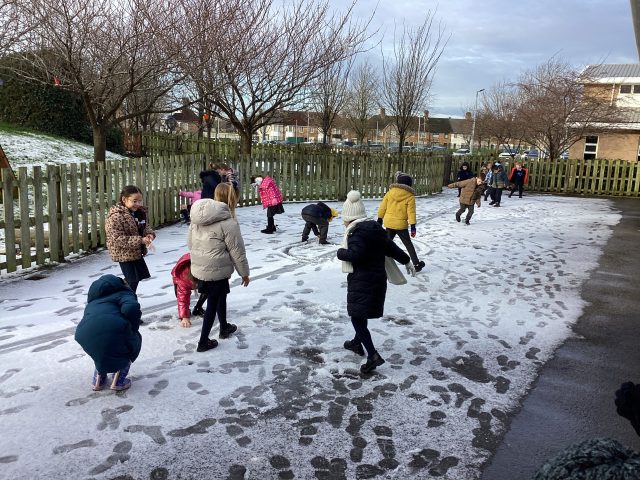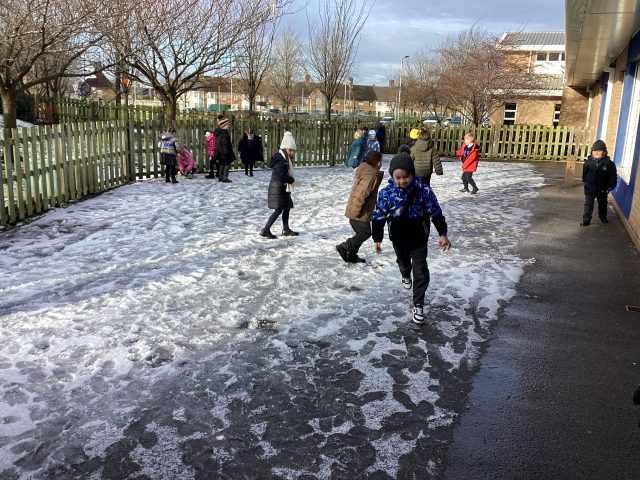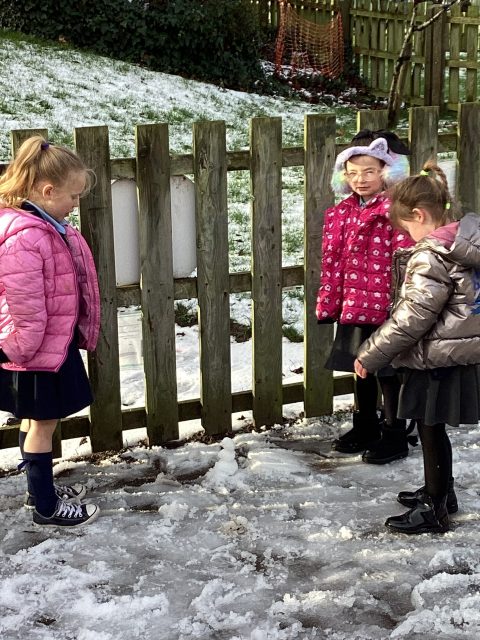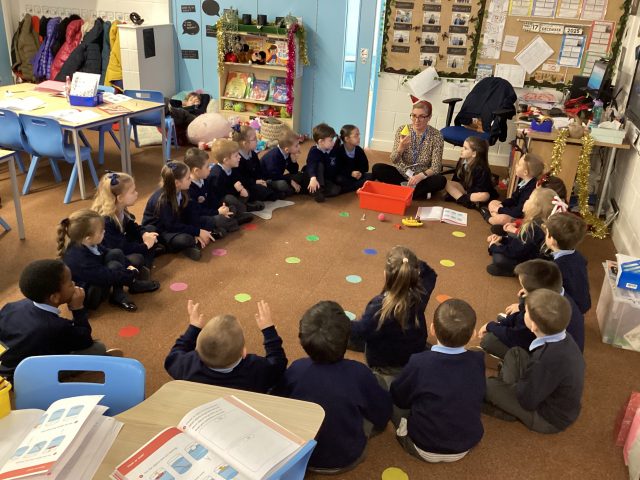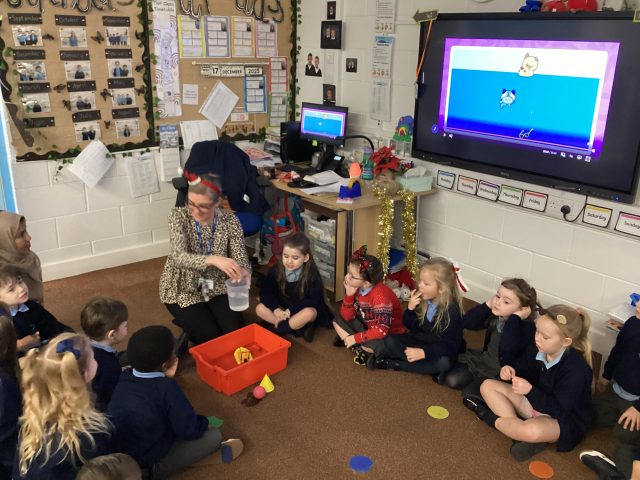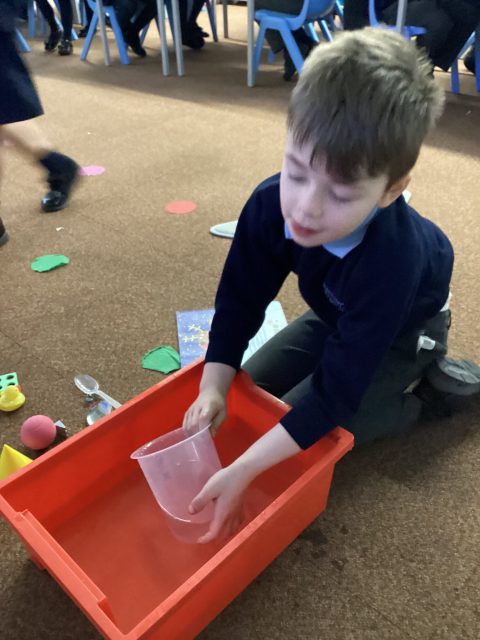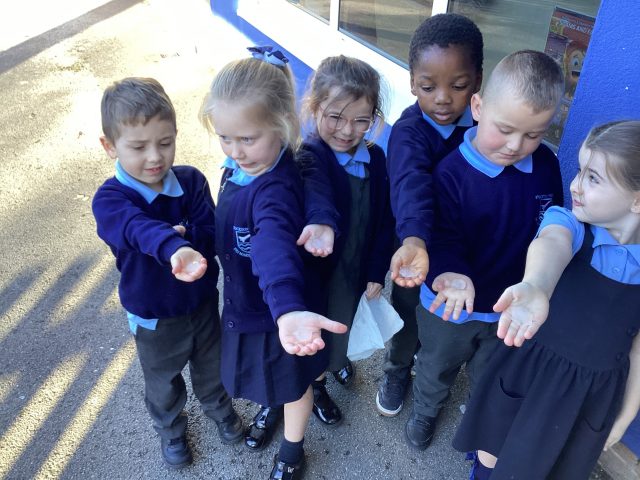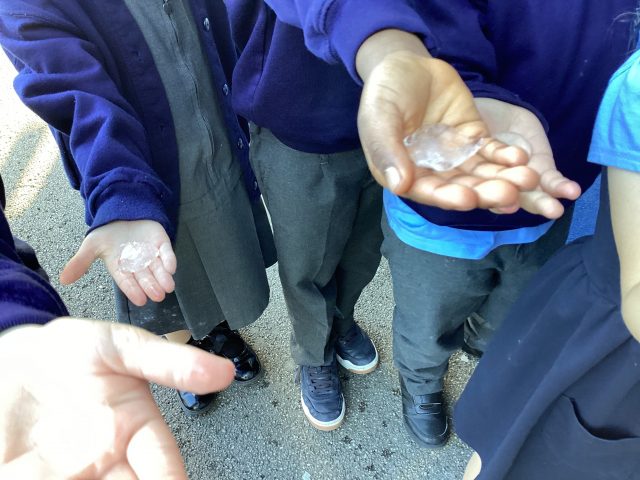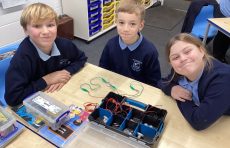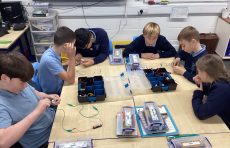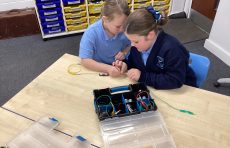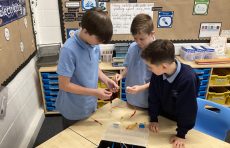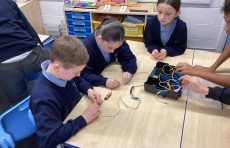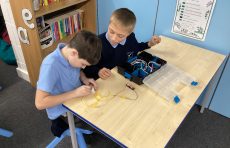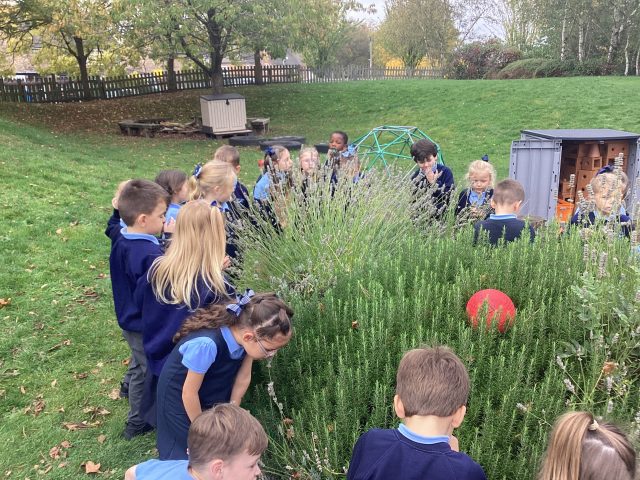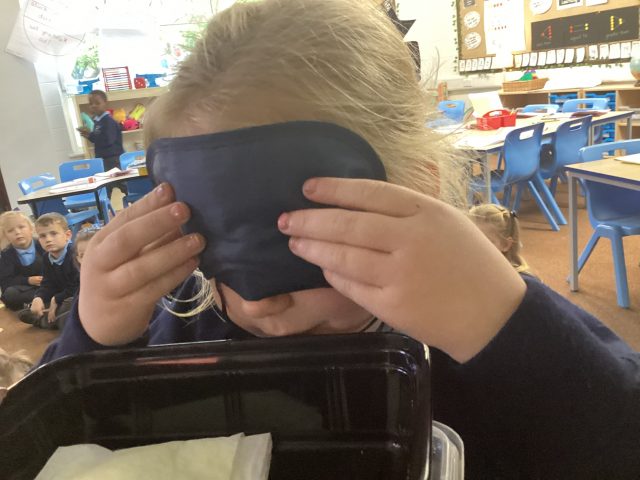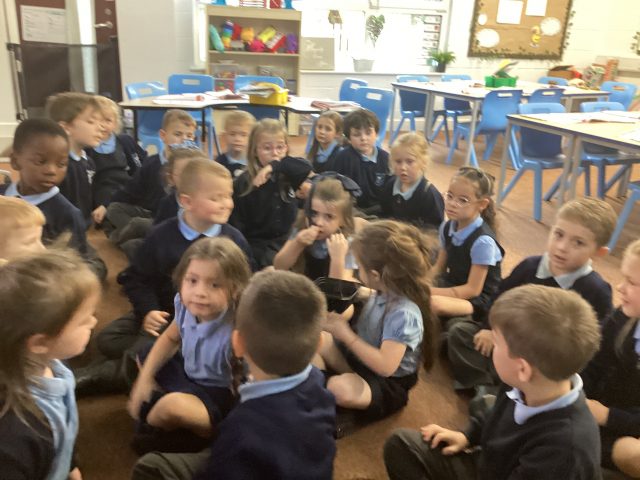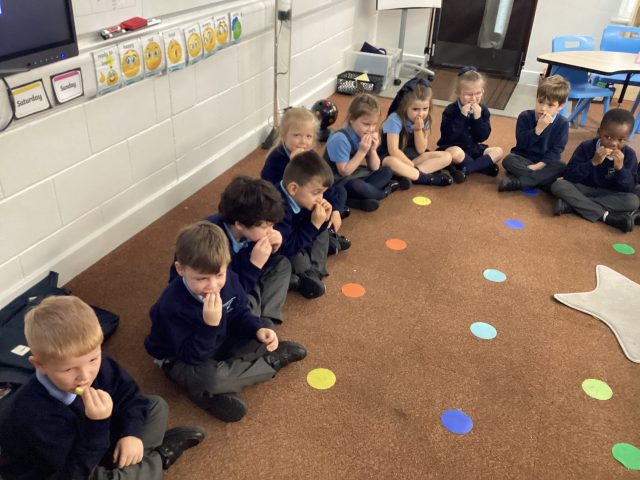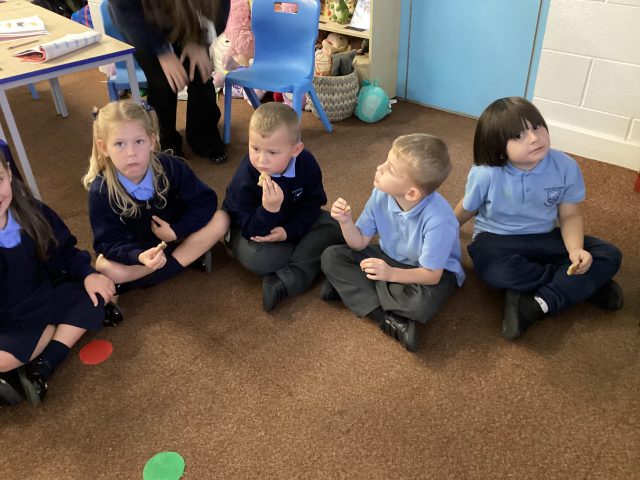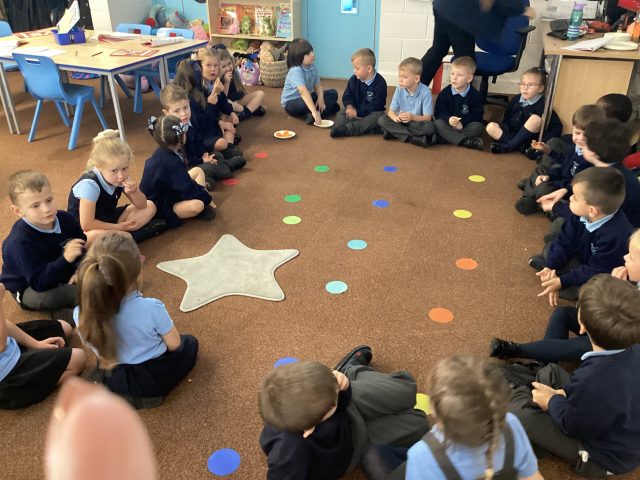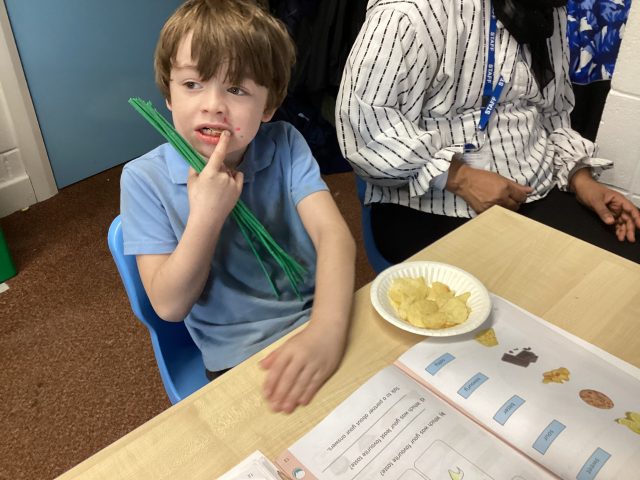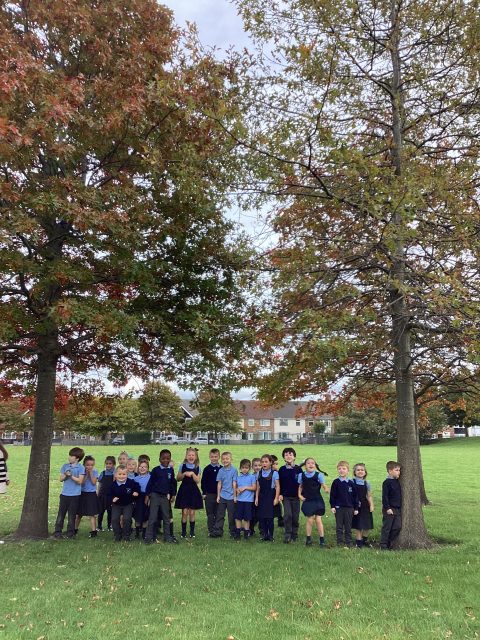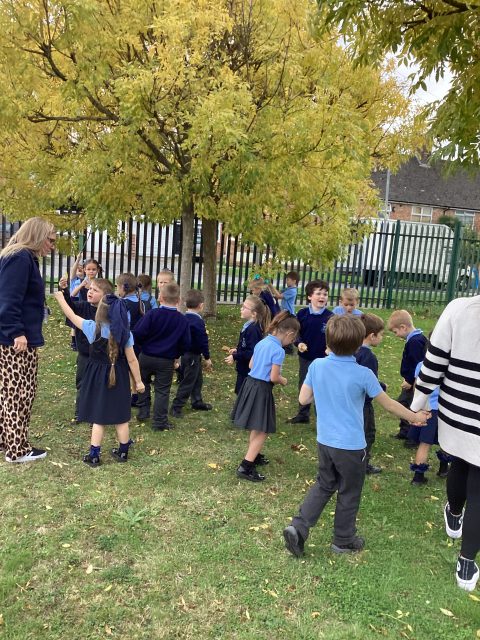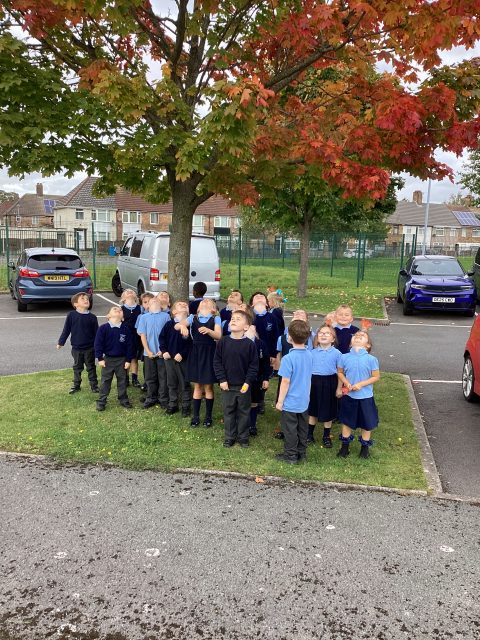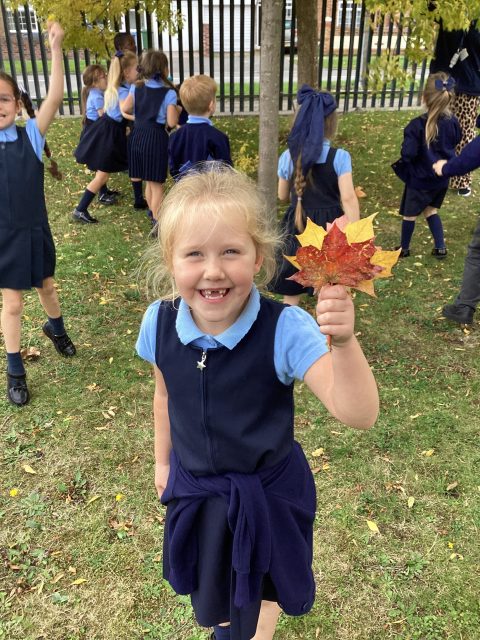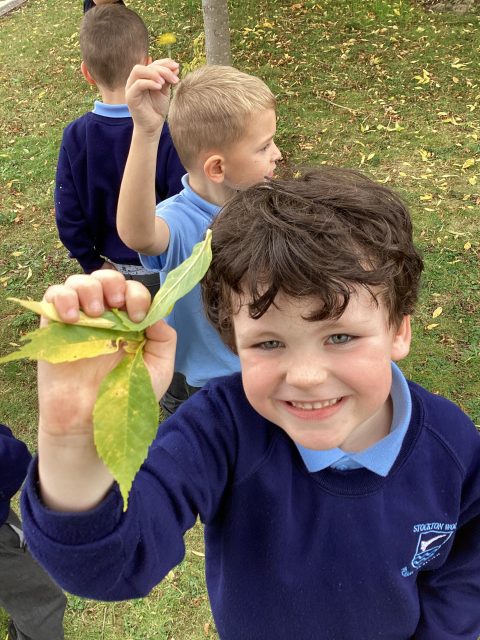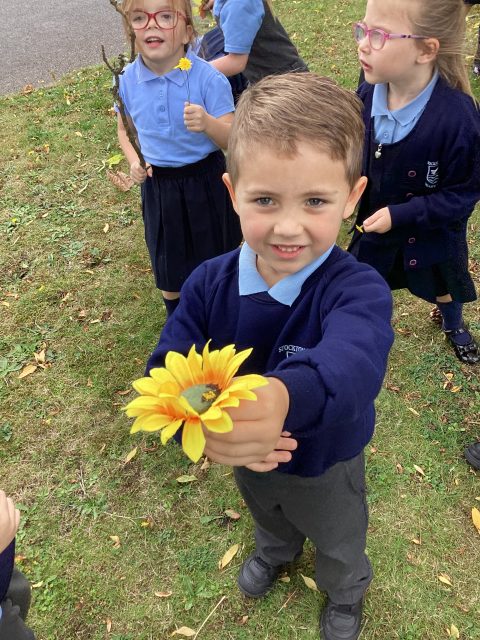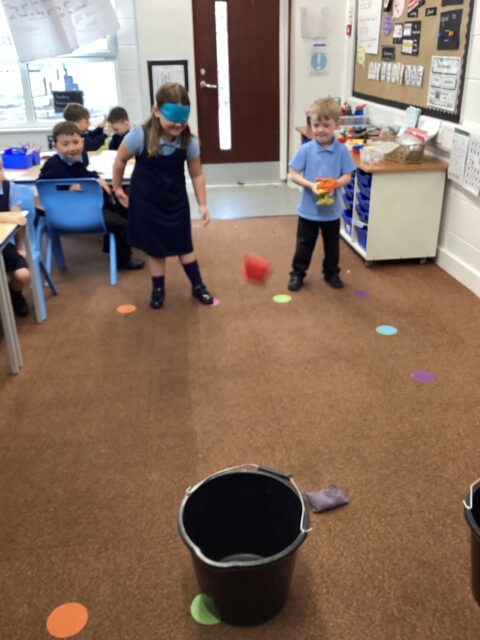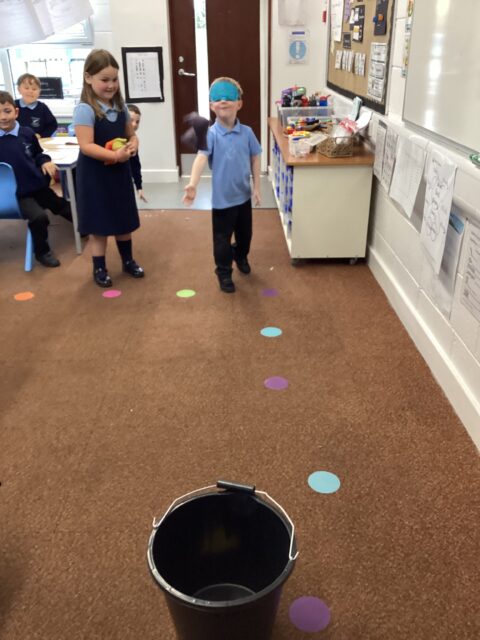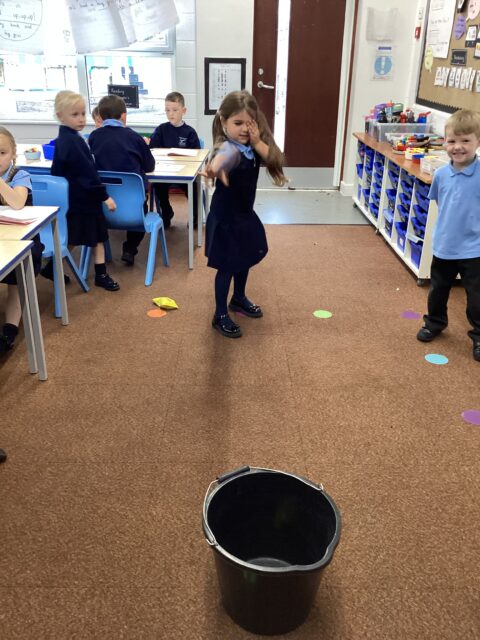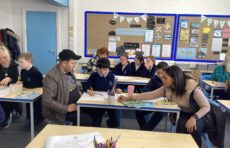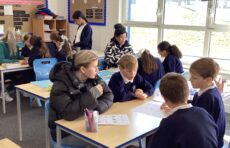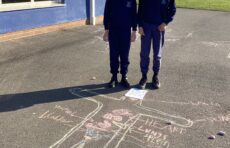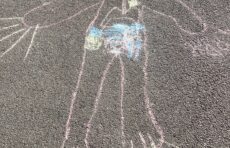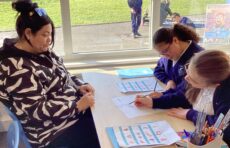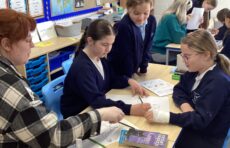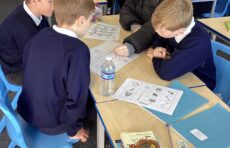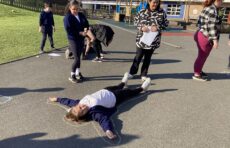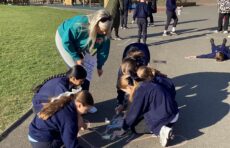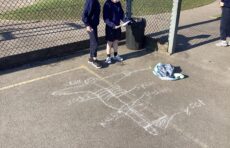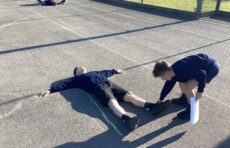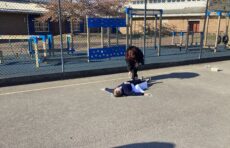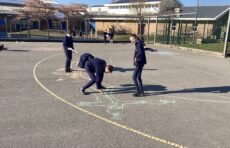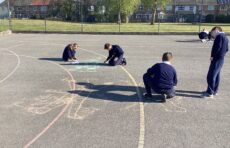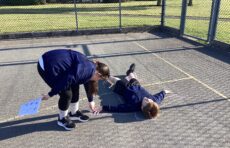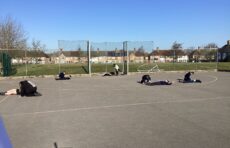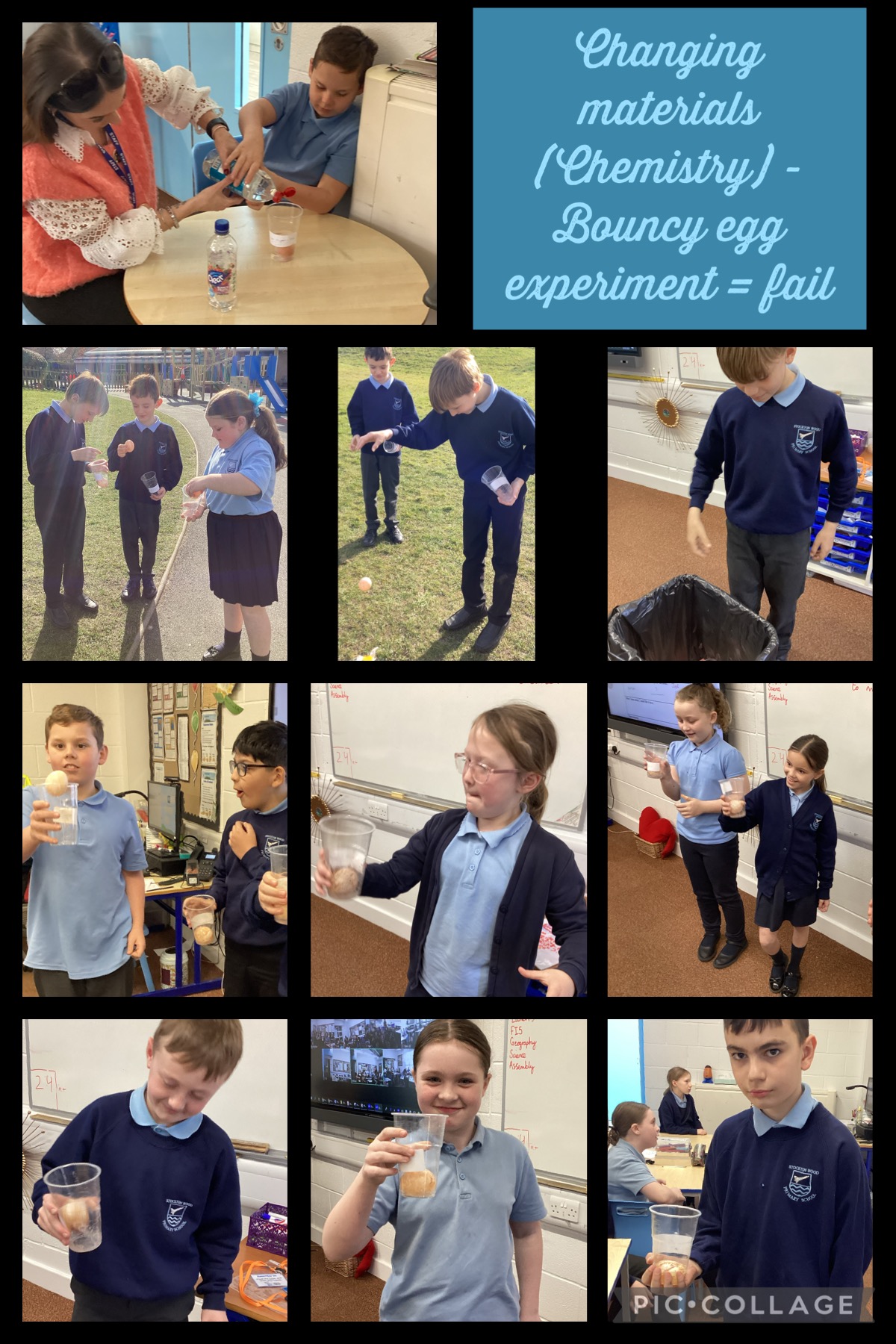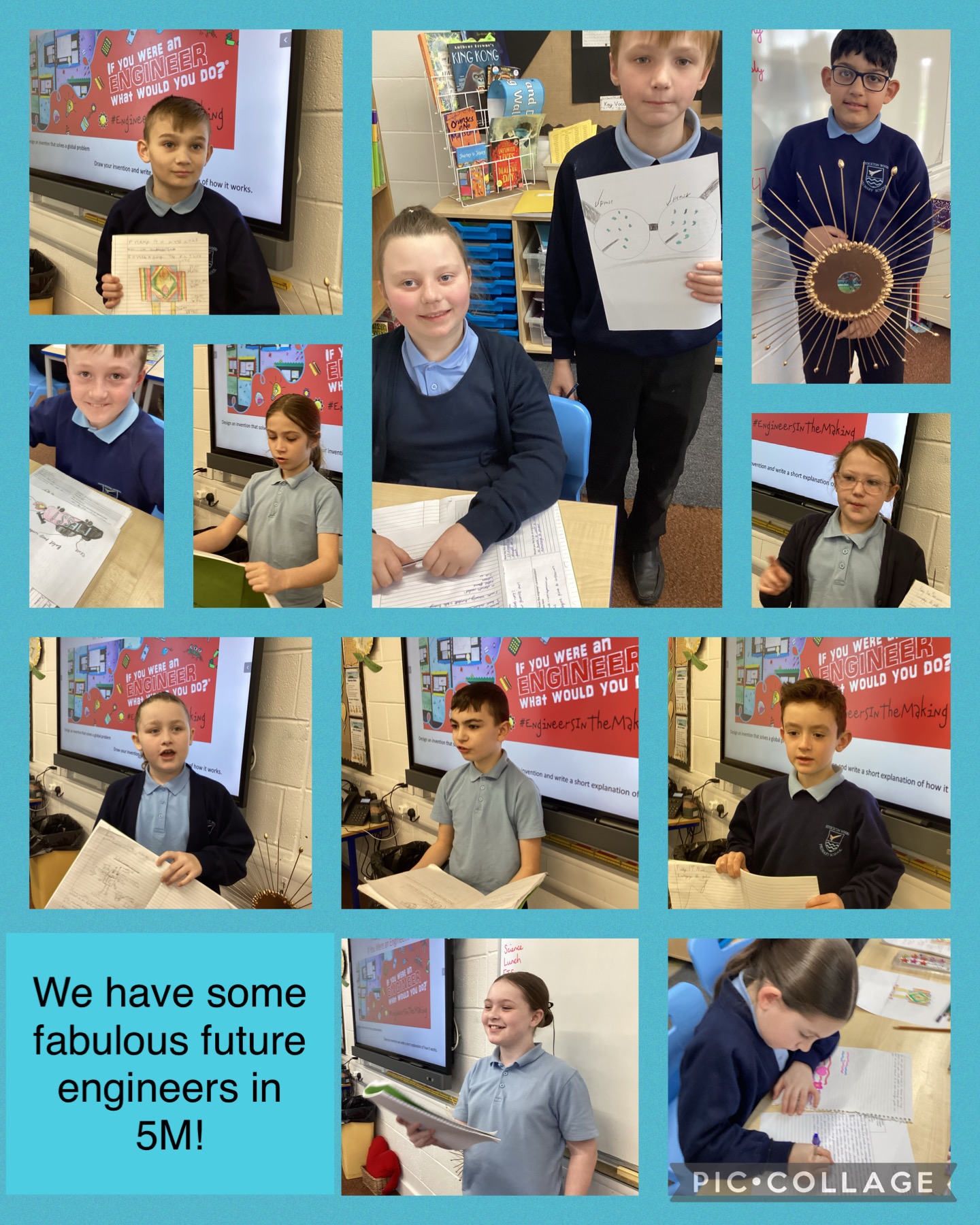Science
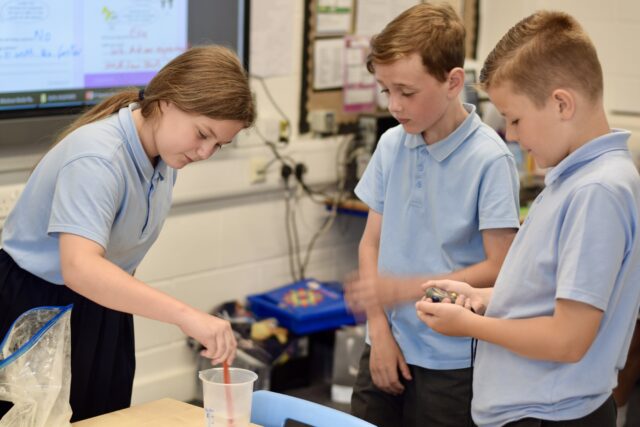
Introduction to Primary Science at Stockton Wood
At Stockton Wood, we believe that a strong foundation in science is essential for nurturing curiosity,
critical thinking, and a lifelong love for learning. Our primary science curriculum is designed to inspire
children to explore the wonders of the natural world, ask questions, and develop a deep
understanding of scientific concepts. We are committed to providing a curriculum that promotes
curiosity and includes both disciplinary and substantive knowledge, ensuring a well-rounded and
thorough science education.
Science in the Early Years Foundation Stage (EYFS)
In the EYFS at Stockton Wood, science learning is centred around the Early Years Foundation Stage
Statutory Curriculum and the Development Matters document. These frameworks focus on helping
young children make sense of their physical world and their community through opportunities to
explore, observe, and find out about people, places, technology, and the environment. Key aspects
of science learning in the EYFS include:
- Curiosity and Observation: Encouraging children to notice changes, patterns, and
phenomena in their environment. - Hands-On Exploration: Providing opportunities for children to explore materials, living things,
and the natural world through play and sensory experiences. - Language Development: Building the vocabulary needed to describe what they see, hear, and
feel. - Understanding the World: Supporting children in making connections between their
experiences and the wider world.
Science in Key Stage 1 (KS1) and Key Stage 2 (KS2)
As children progress into KS1 and KS2, we adopt the White Rose Science Scheme of Learning, a
comprehensive and carefully structured approach to science education. This provides a more
structured approach to scientific inquiry, disciplinary and substantive knowledge, and deeper
understanding.
- Disciplinary Knowledge: This involves understanding how science works—learning about
scientific methods, investigations, and how evidence is used to draw conclusions. Children
are encouraged to think critically, ask questions, and engage in scientific practices that help
them understand how knowledge is constructed and validated. - Substantive Knowledge: This covers the content of science—the key facts, concepts, and
principles that children need to know. In KS1 and KS2, our curriculum ensures that children
build a solid foundation of substantive knowledge in areas such as biology, chemistry, physics,
and earth science.
Key Stage 1 (KS1)
In KS1, the curriculum introduces foundational scientific concepts and encourages children to start
thinking critically about the world. Key elements include:
- Promoting Curiosity: Children are encouraged to explore their surroundings, ask questions,
and seek answers through observation and experimentation. - Asking Questions: Developing the ability to ask simple questions and recognize that they can
be answered in different ways. - Practical Investigations: Engaging in basic experiments that involve observing, classifying, and
measuring to gather evidence. - Building Knowledge: Learning about everyday materials, plants, animals, and seasonal
changes, with an emphasis on understanding the natural world.
Key Stage 2 (KS2)
In KS2, children delve deeper into scientific concepts and methods. The curriculum becomes more
challenging, with a greater focus on critical thinking, problem-solving, and the application of scientific
knowledge. Key aspects include: - Scientific Enquiry: Developing a more systematic approach to investigations, including
planning, conducting, and evaluating experiments. - Conceptual Understanding: Exploring more complex topics such as forces, light, sound,
electricity, and the interdependence of organisms in ecosystems. - Cross-Curricular Links: Making connections between science and other subjects, particularly
mathematics and technology, to understand how science is applied in the real world. - Real-World Applications: Encouraging children to apply their knowledge to solve problems
and understand scientific phenomena in everyday life.
Our Vision for Science Education
At Stockton Wood, our goal is to cultivate young scientists who are confident, curious, and equipped
with the knowledge and skills they need to excel in the future. Through our tailored curriculum,
combining the Early Years Foundation Stage Statutory Curriculum and Development Matters
document in EYFS with the White Rose Science Scheme in KS1 and KS2, we aim to ignite a passion for Science that will stay with our children throughout their lives, reinforcing their understanding and
allowing them to make connections between different areas of science and the world around them,
as we prepare the next generation of thinkers, innovators and problem solvers.
Intent Implementation and Impact
Science Chatter

DT week
What a busy week! This week 5H have been making an electrical hand held buzzer game in groups, which involved great team work skills, design and retrieval of how circuits work. They all did a great job👏 !
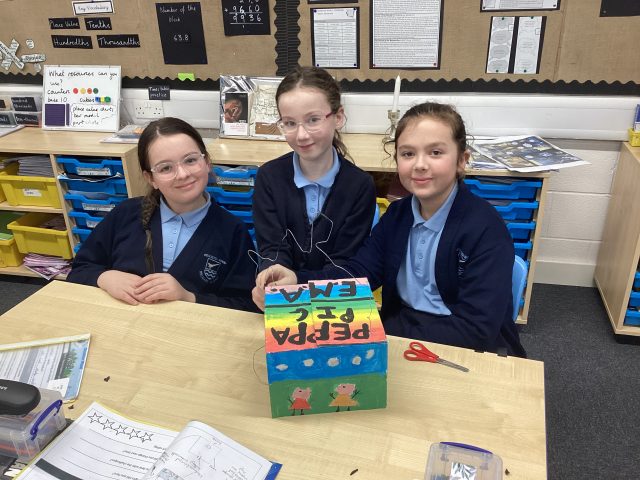
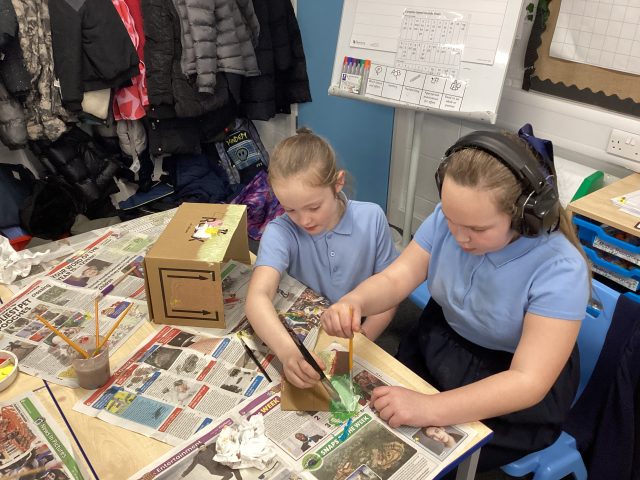
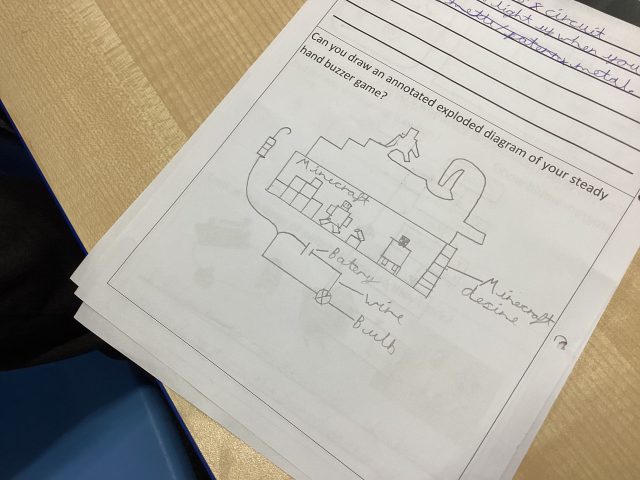
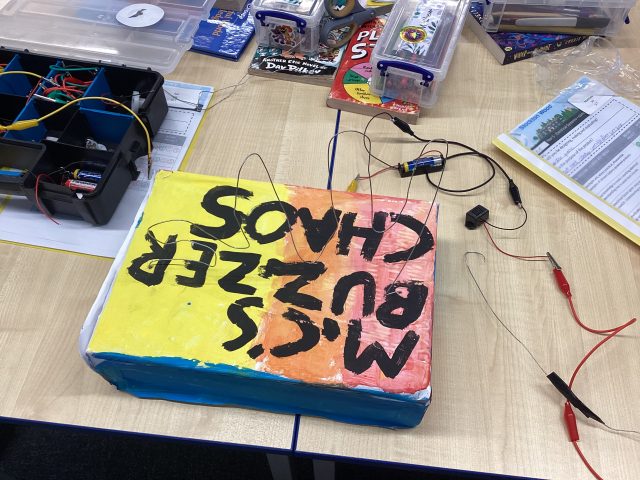

World Museum
Year 3 had a lovely day at the World Museum yesterday. We explored the different exhibitions and enjoyed a workshop about ancient Egypt.
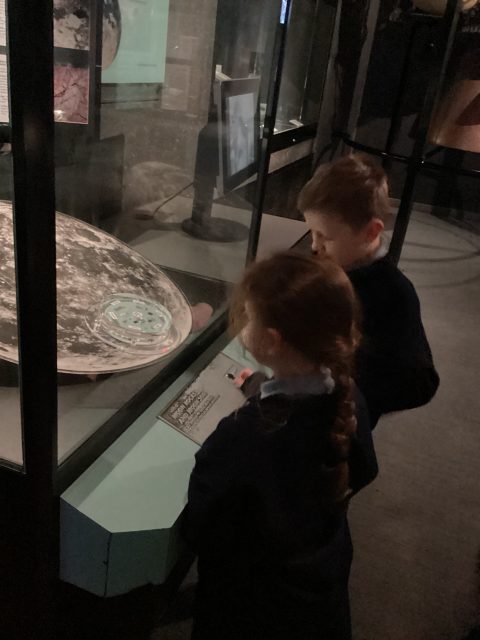
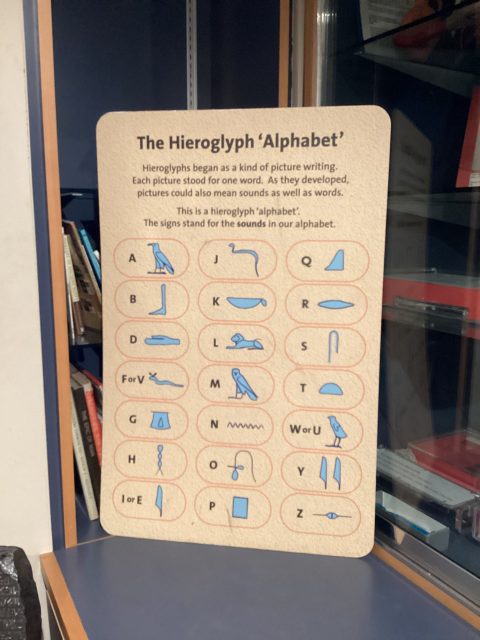
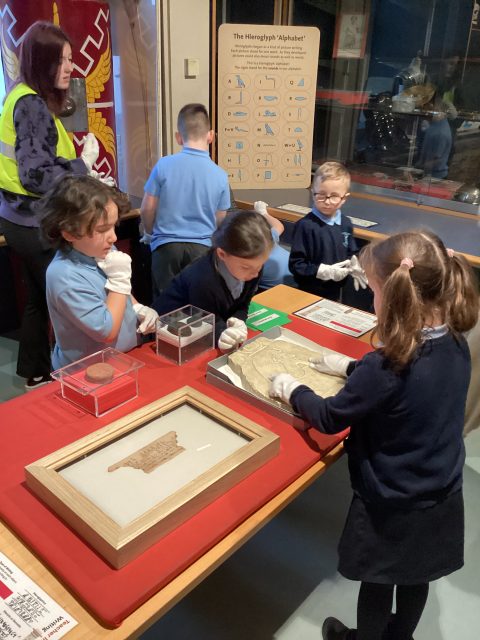
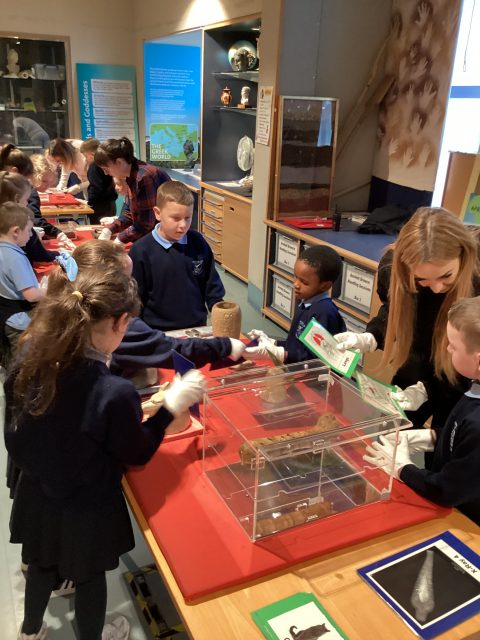
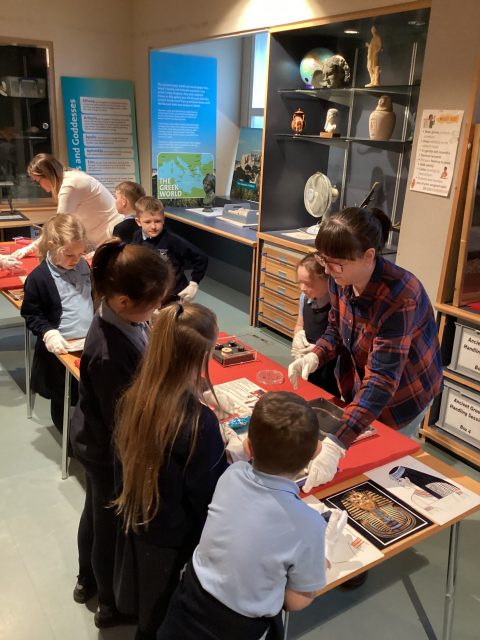
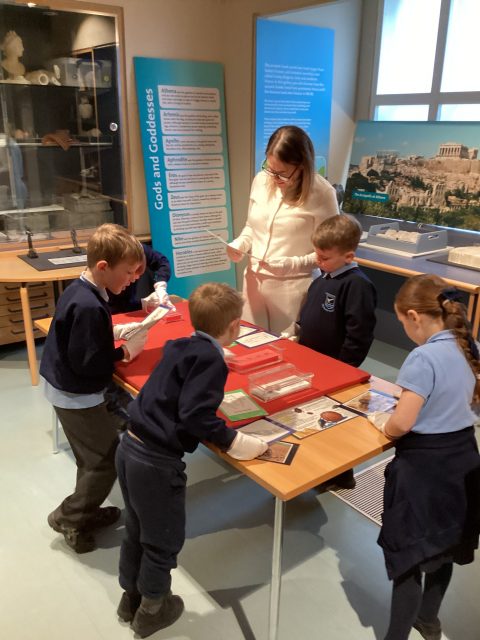
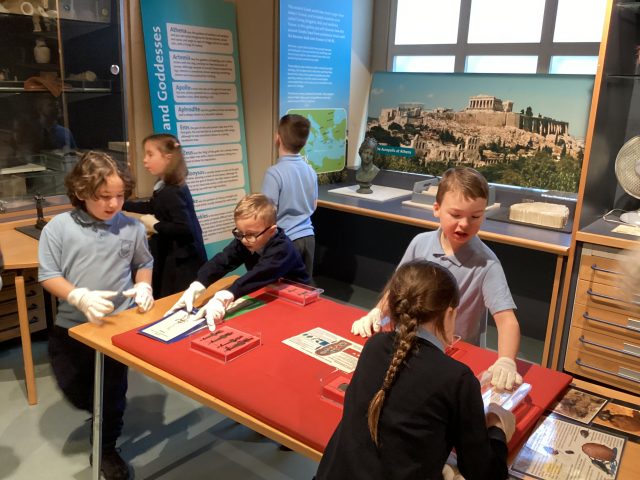
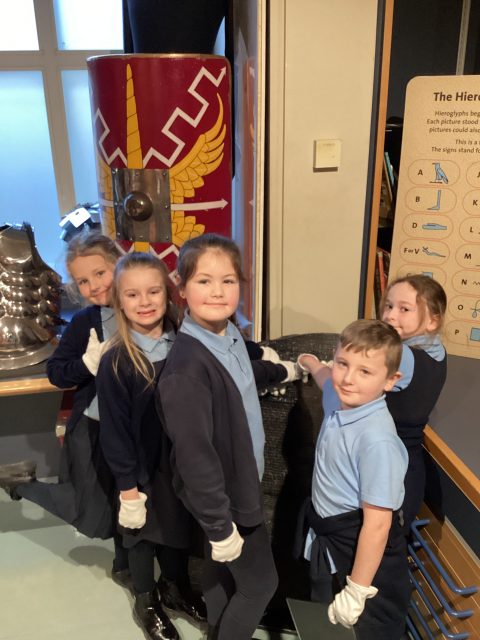
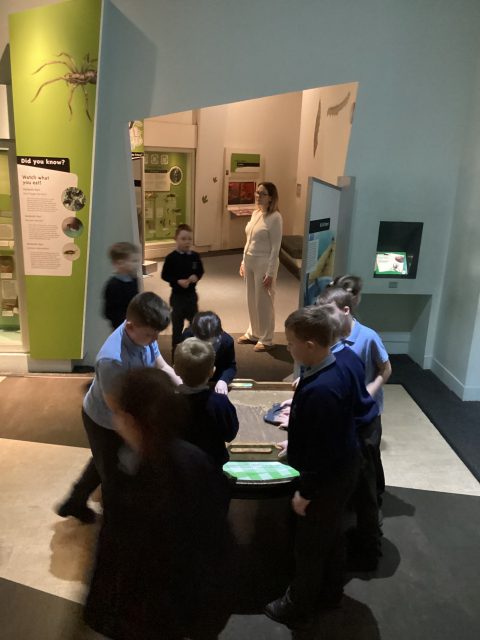
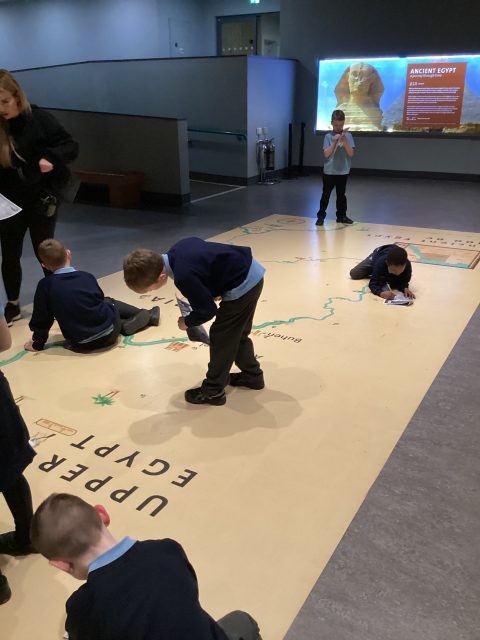
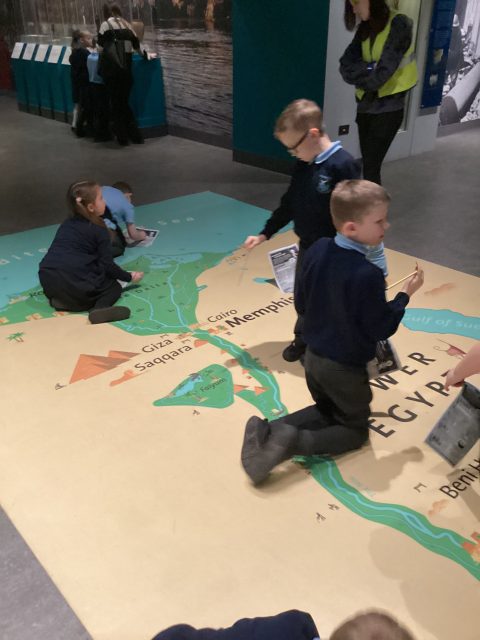
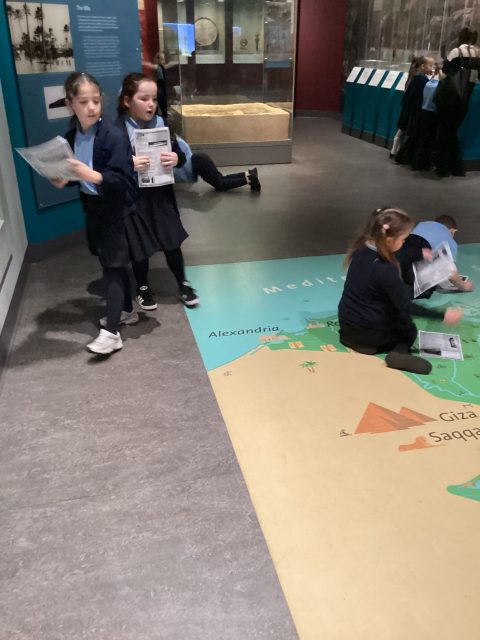
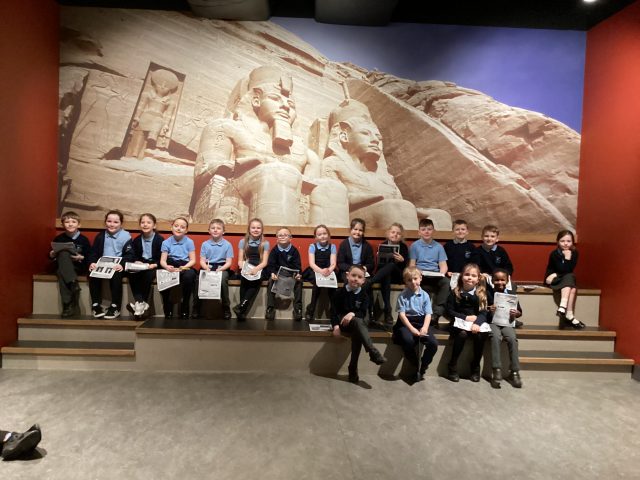
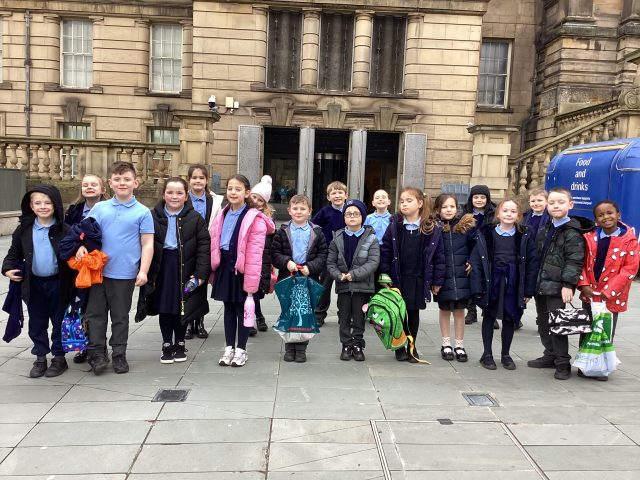

Year 3 World Museum
3McK have had a great time at the World Museum. We took part in a workshop where we got to work up close with different ancient artefacts. We then spent time working in groups to find facts about ancient Egypt as well as visiting the bug house and aquarium.
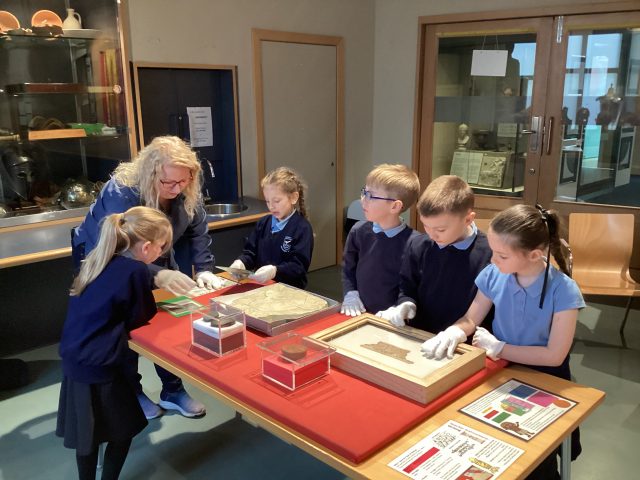
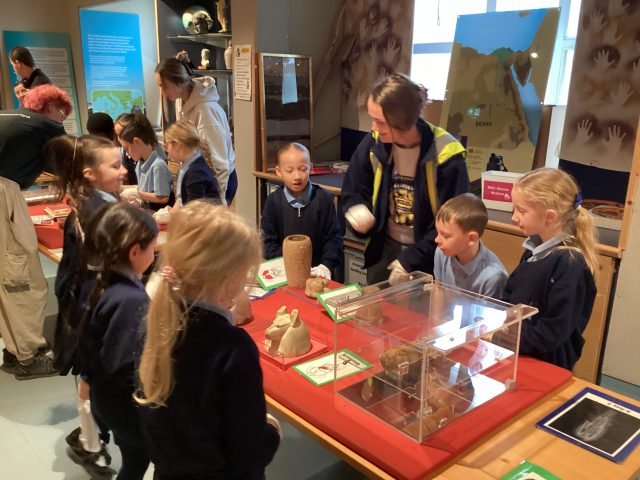
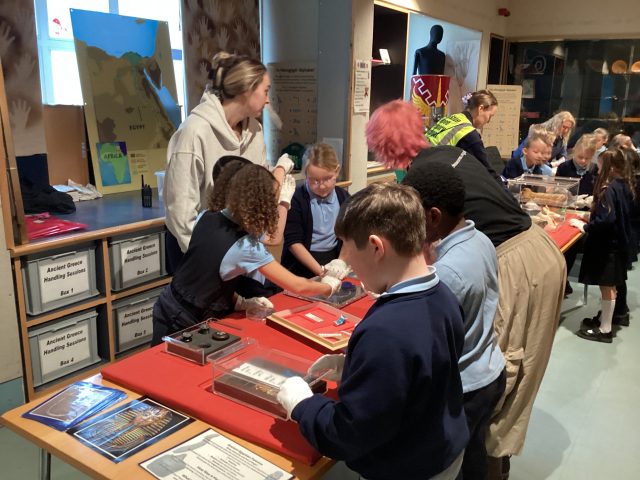
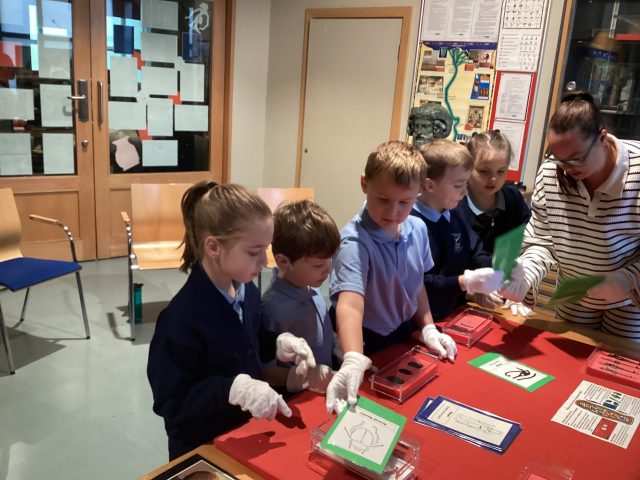
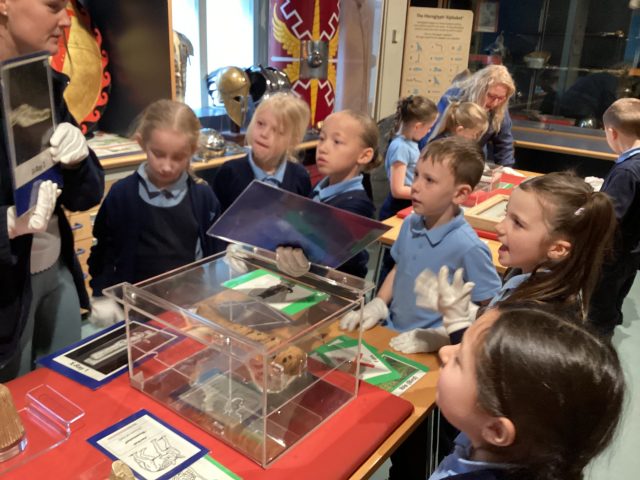
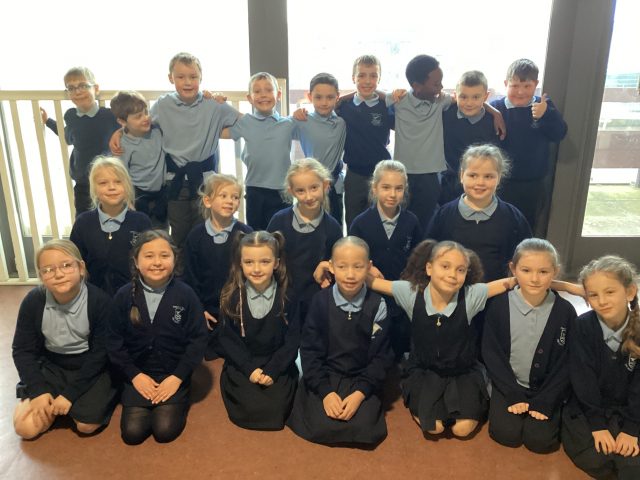
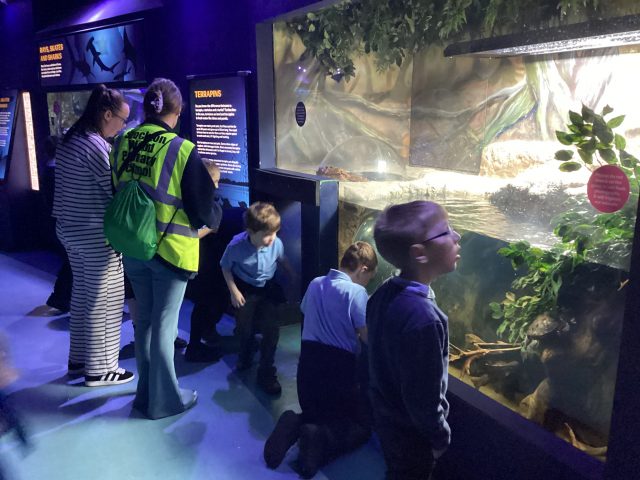
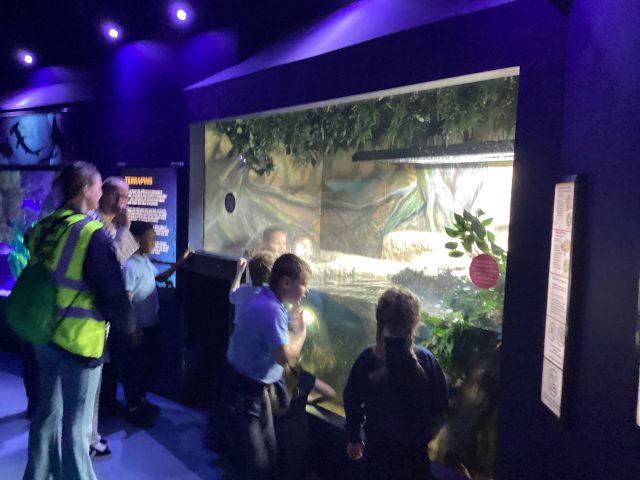
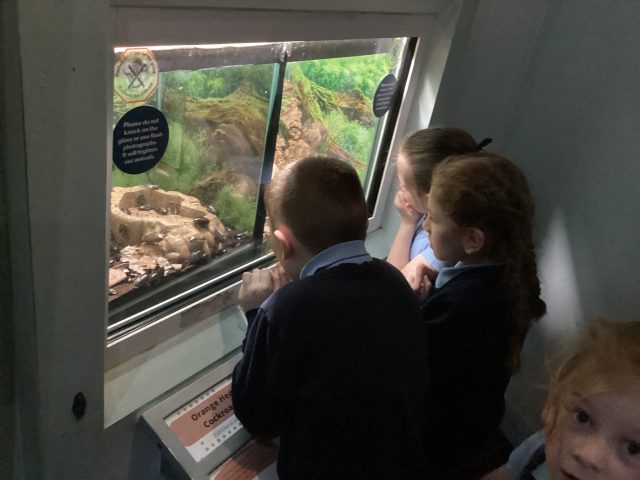
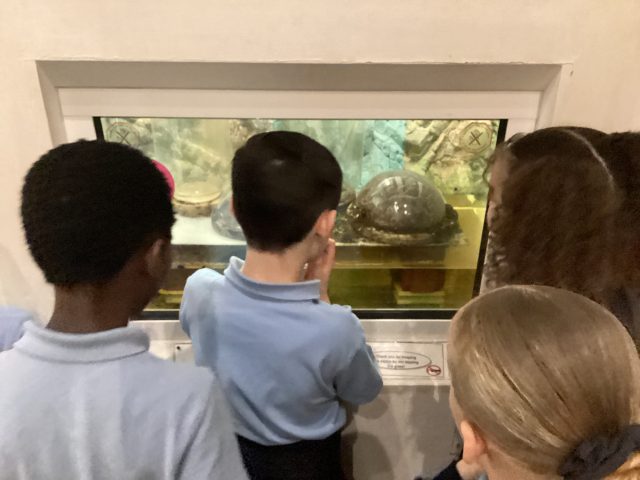
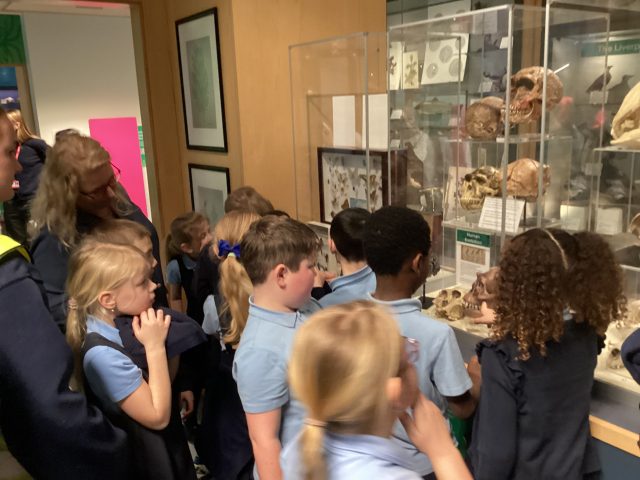
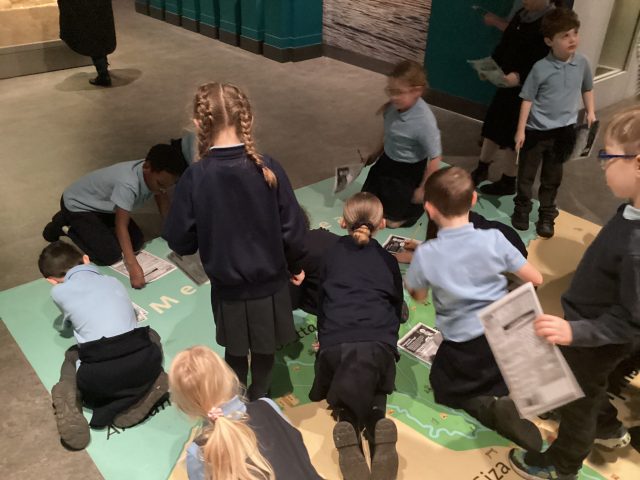
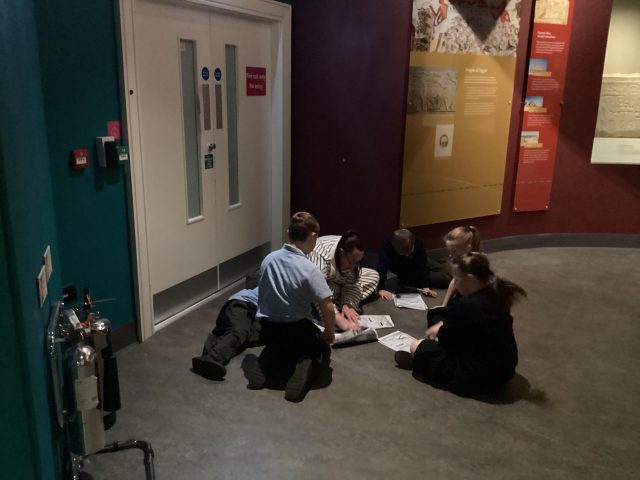
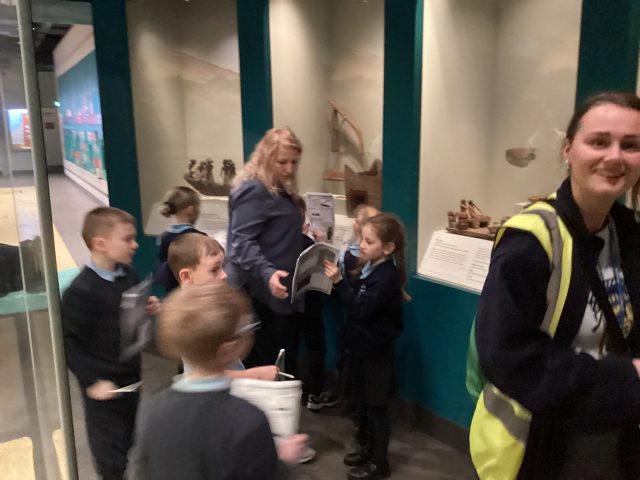
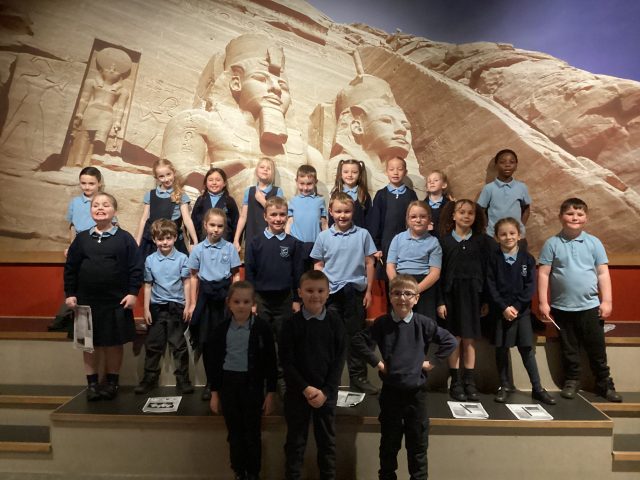

Year 6 Investigating Light
Year 6 investigated how the distance between a light source and an opaque object affects the size of the shadow formed.
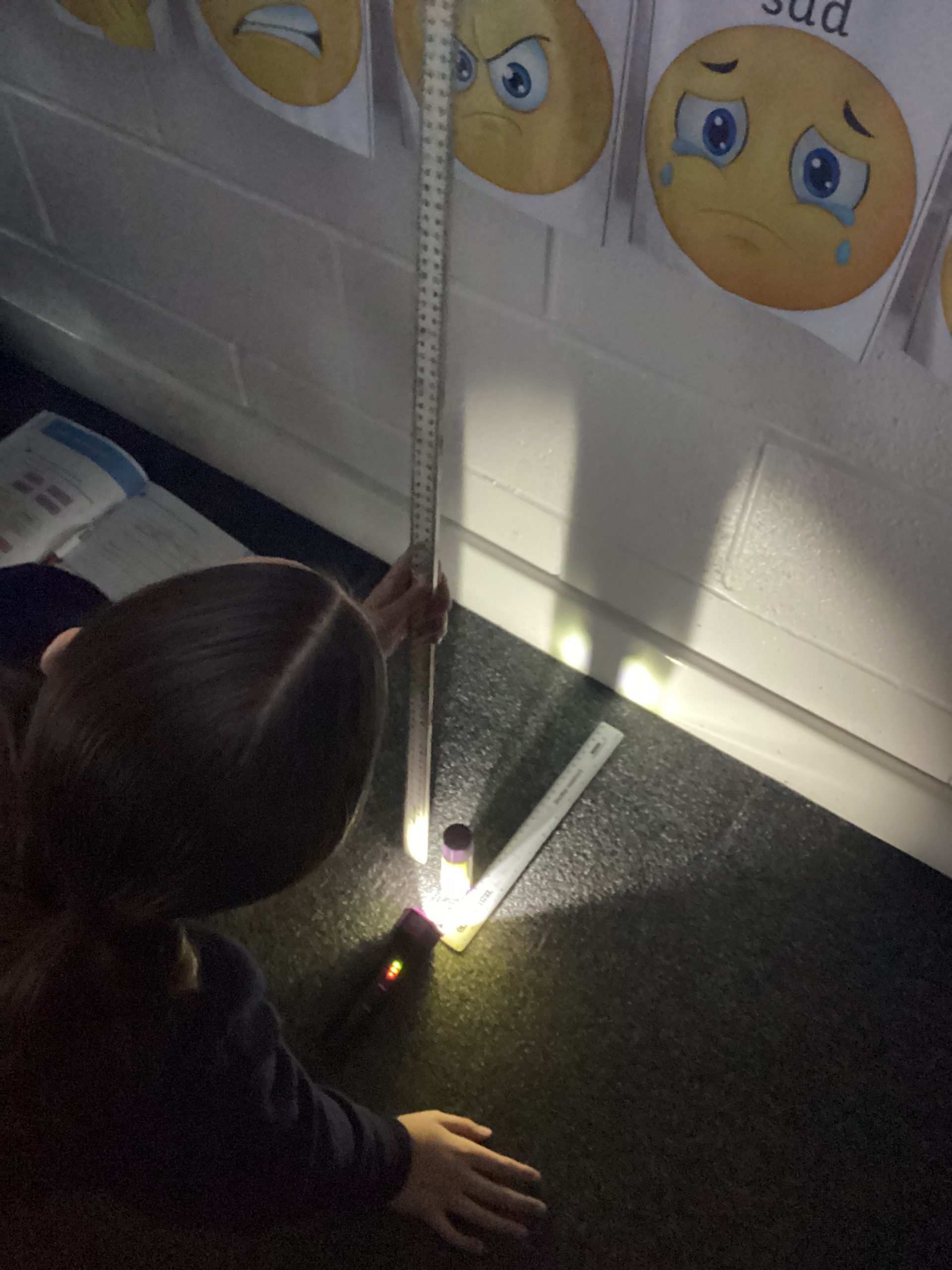
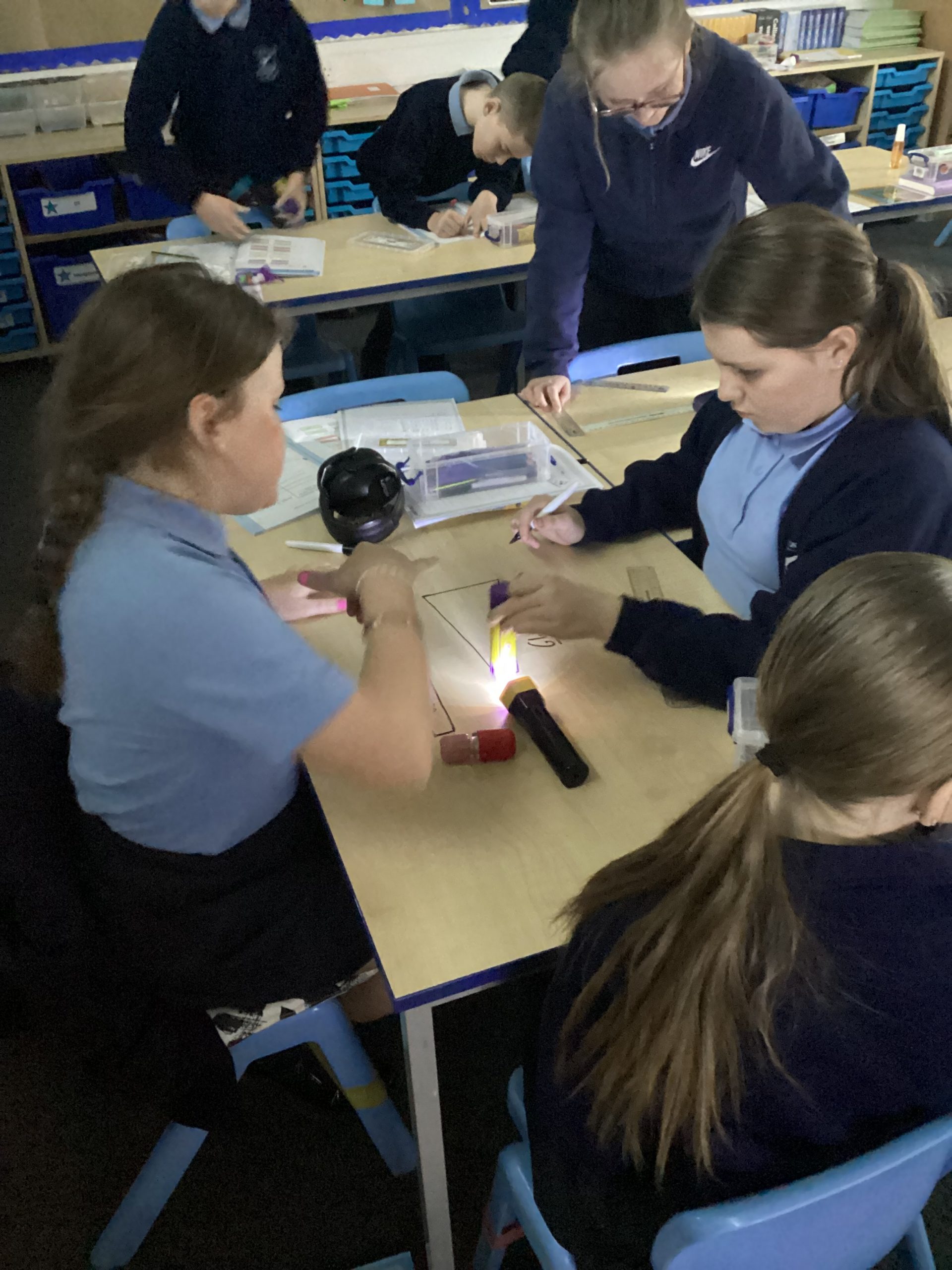
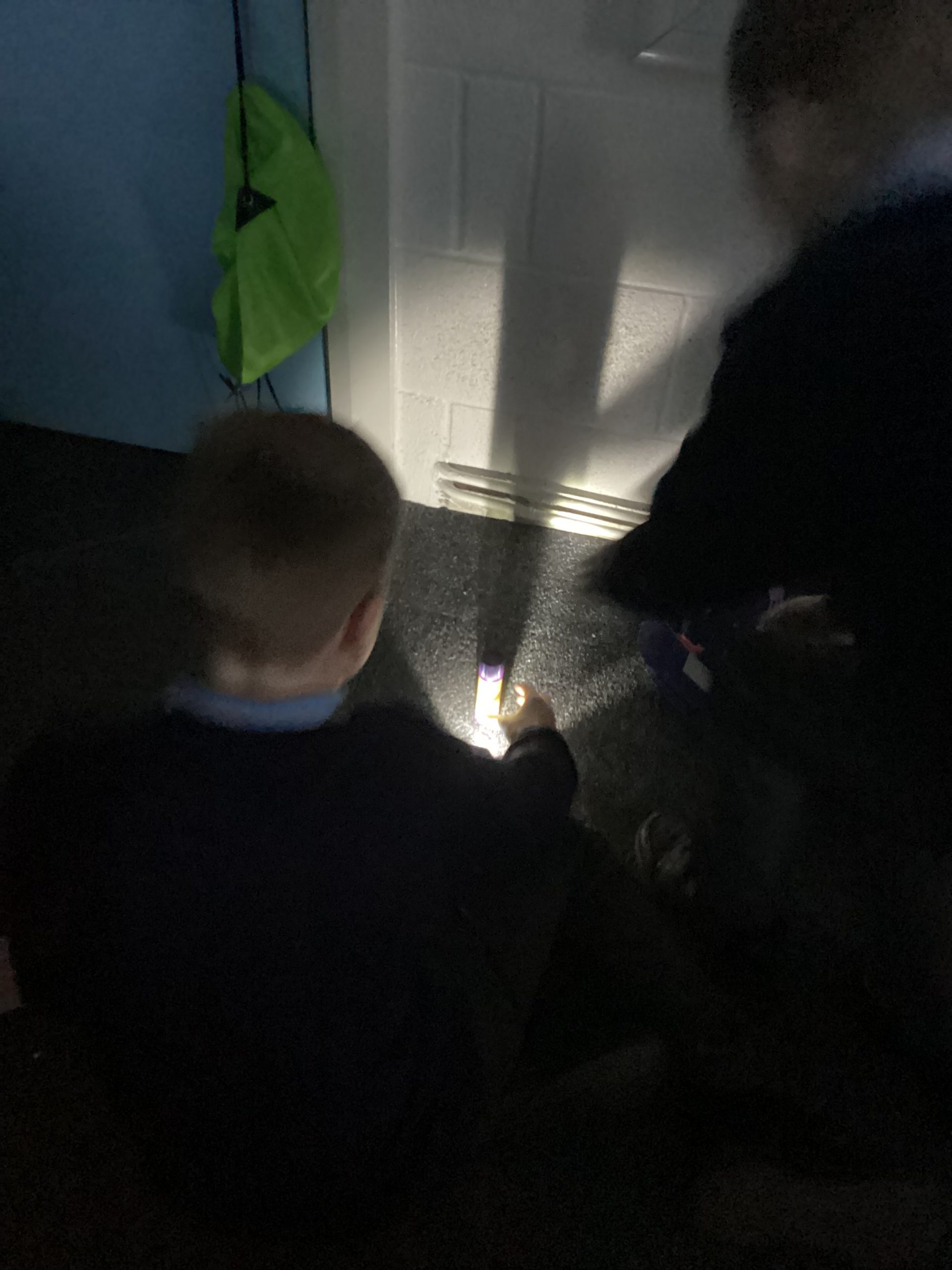
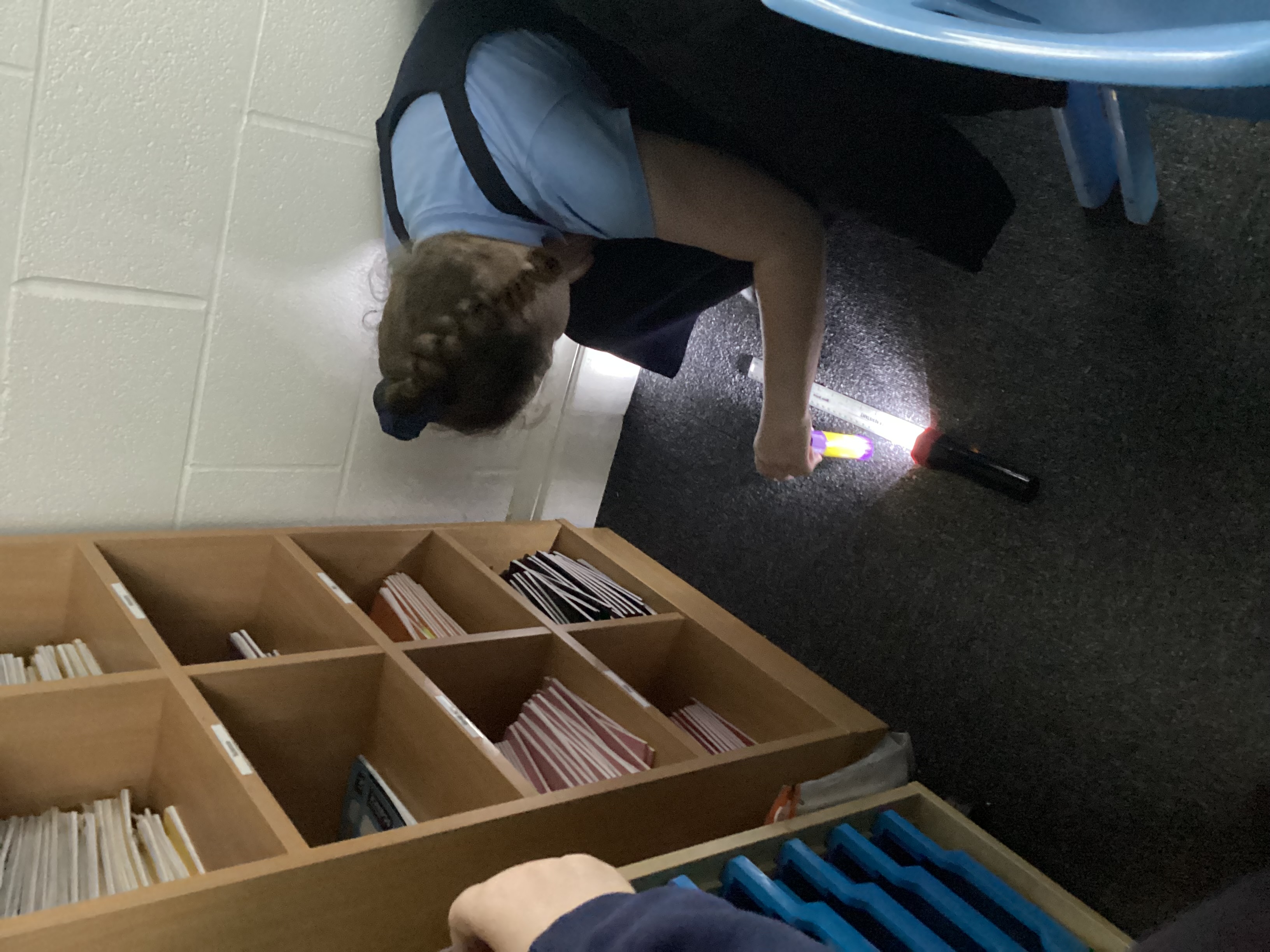
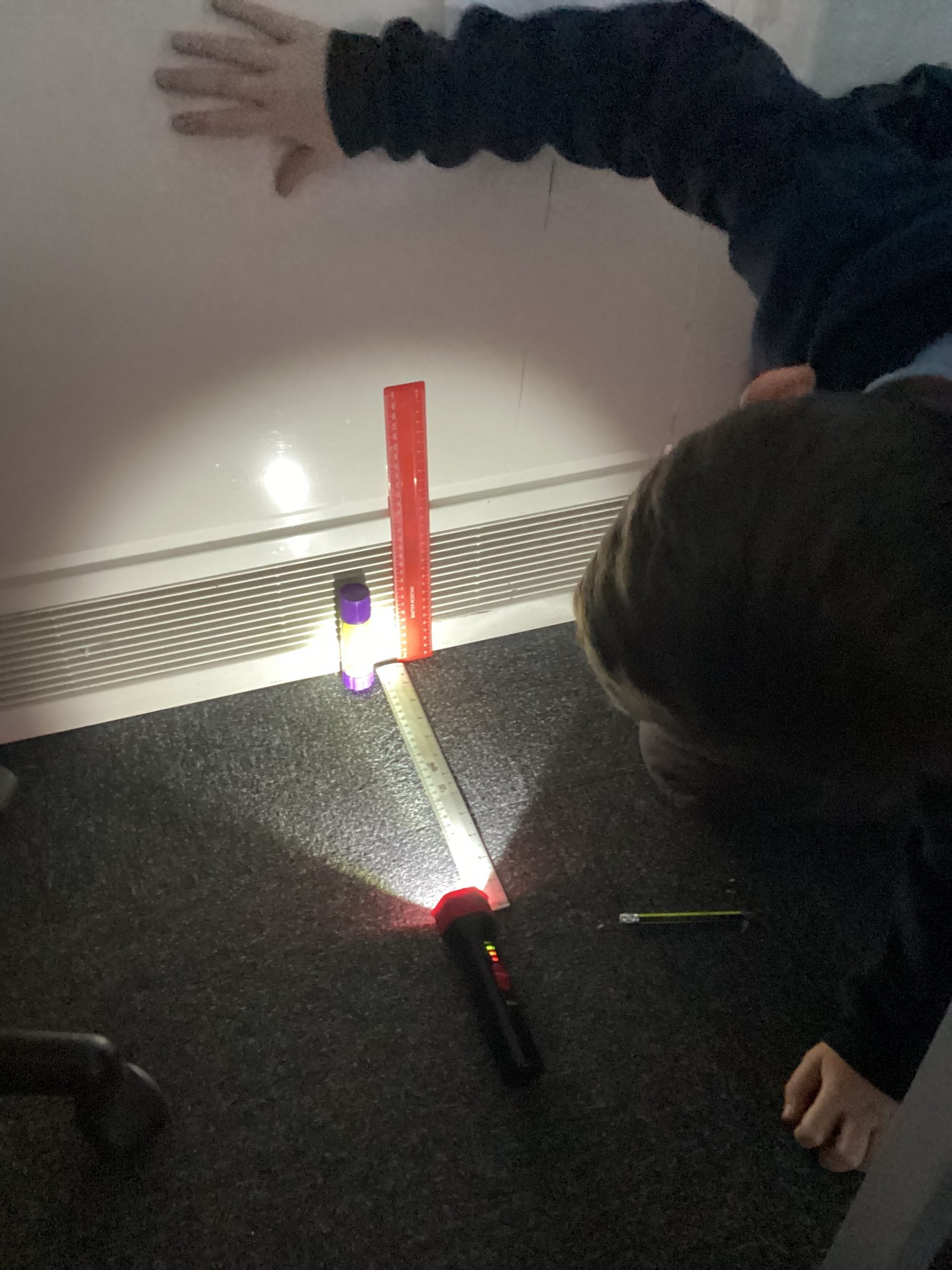

Year 6 Music
We compared two contrasting musical interpretations of Spring. Now we are creating our own musical soundscape of Spring with a climate change theme.
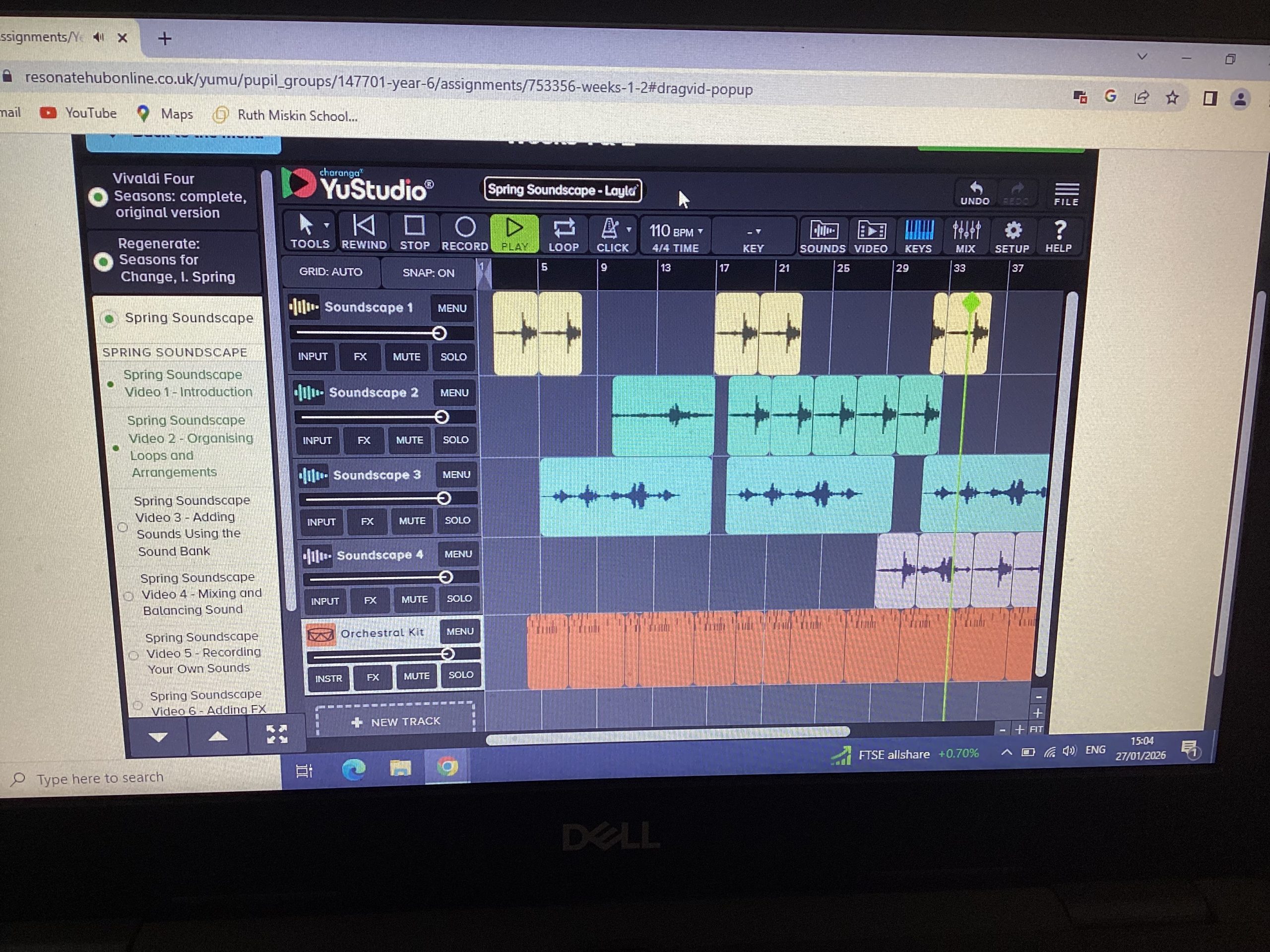
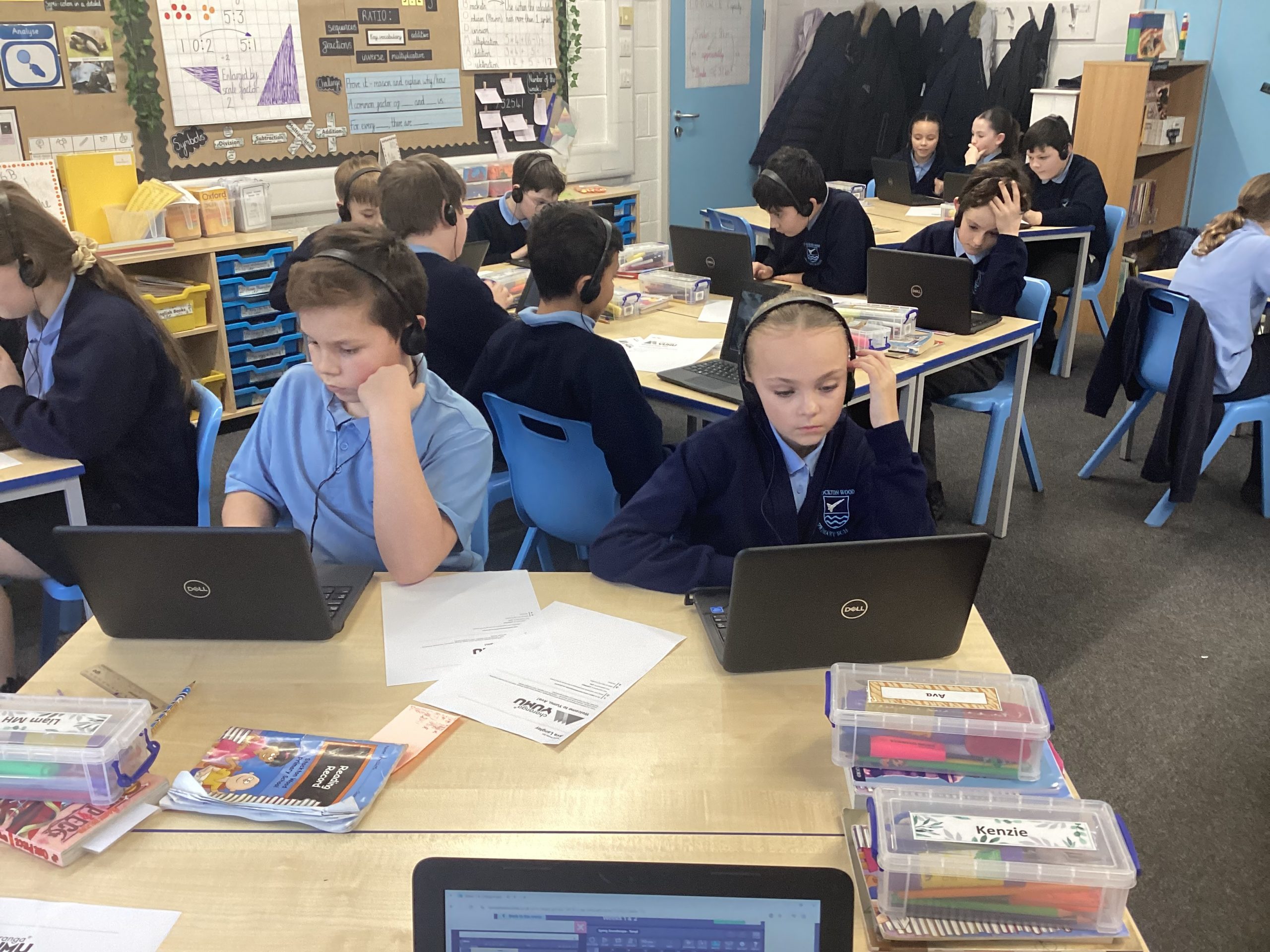
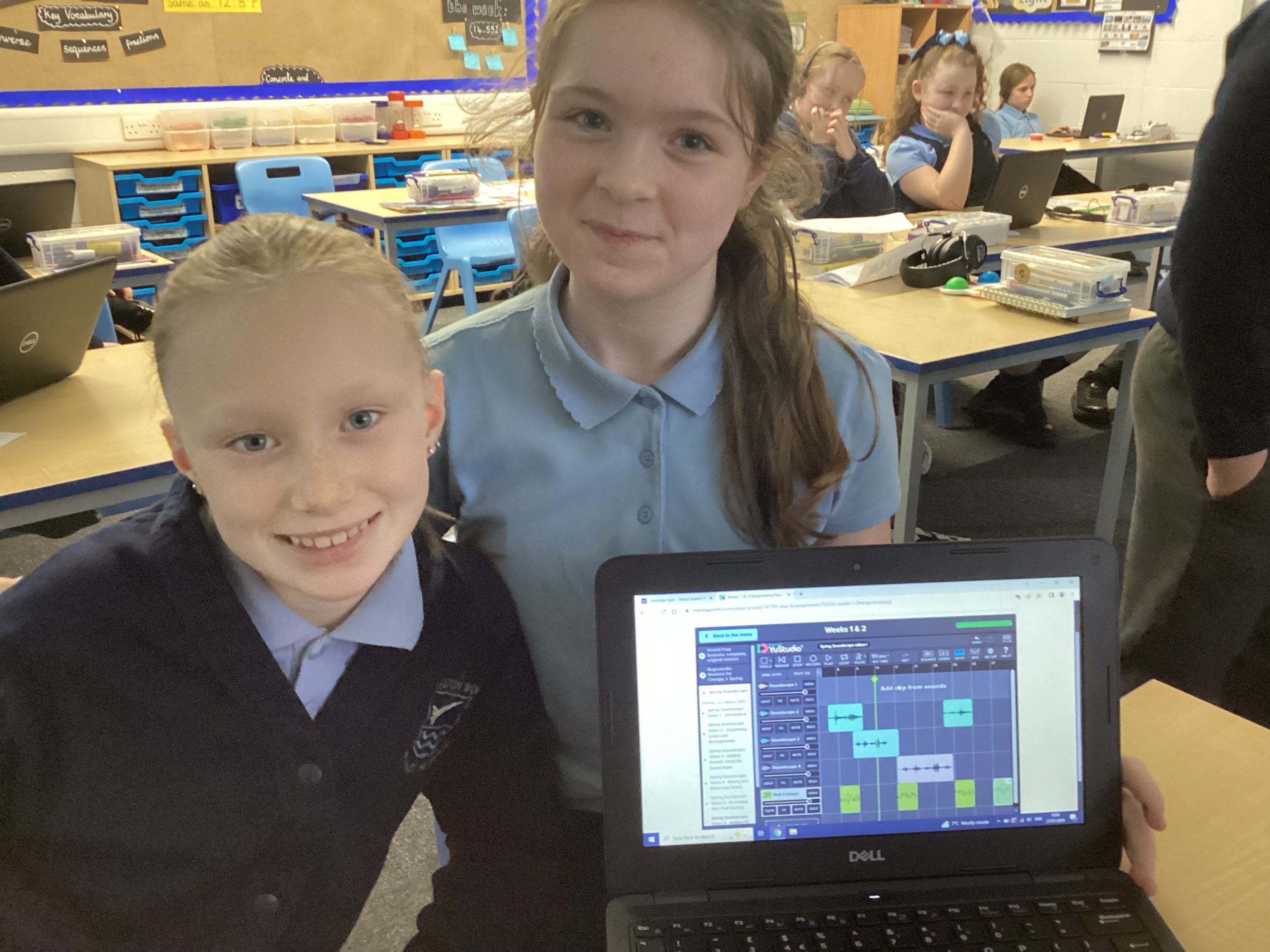
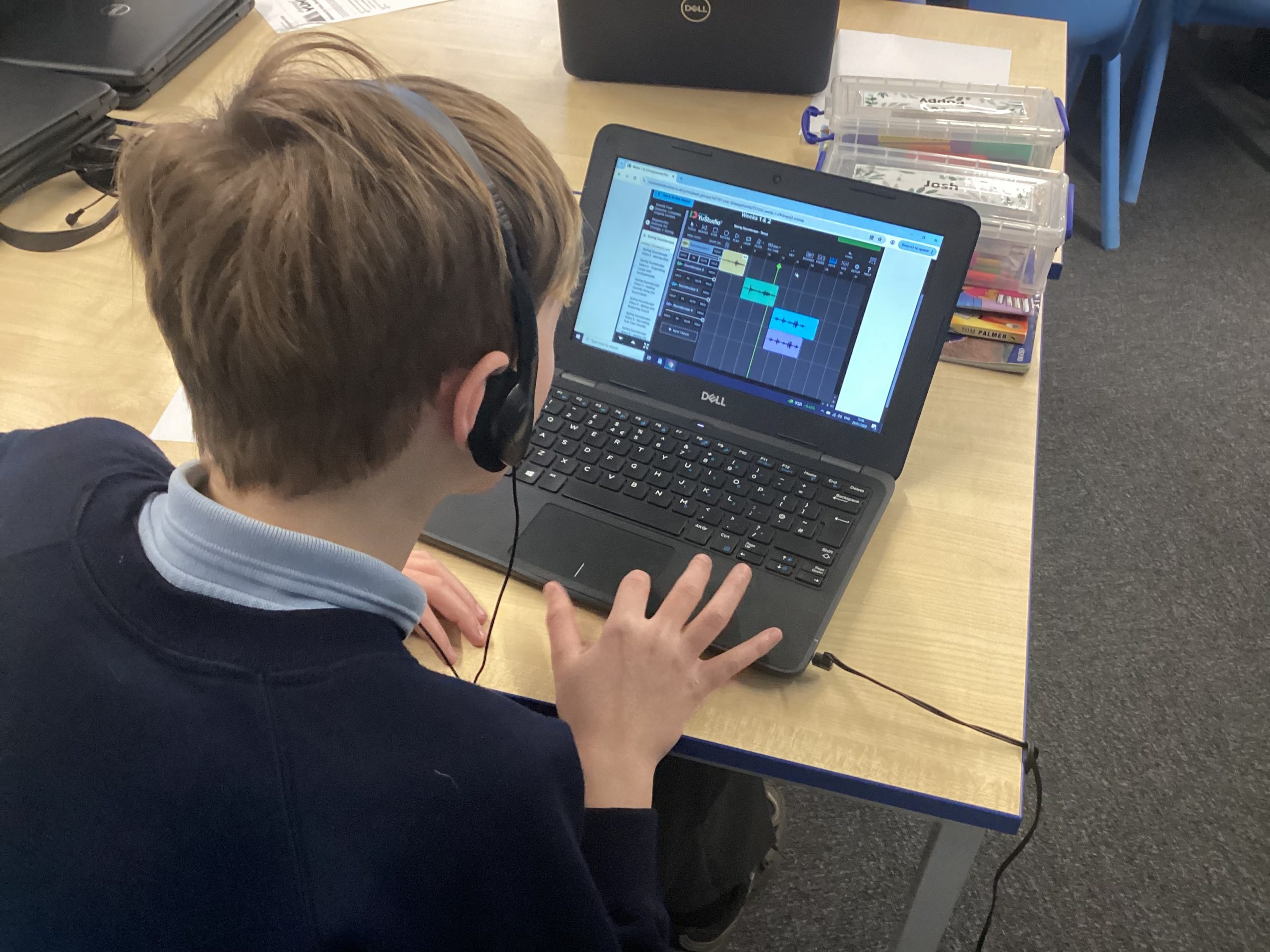
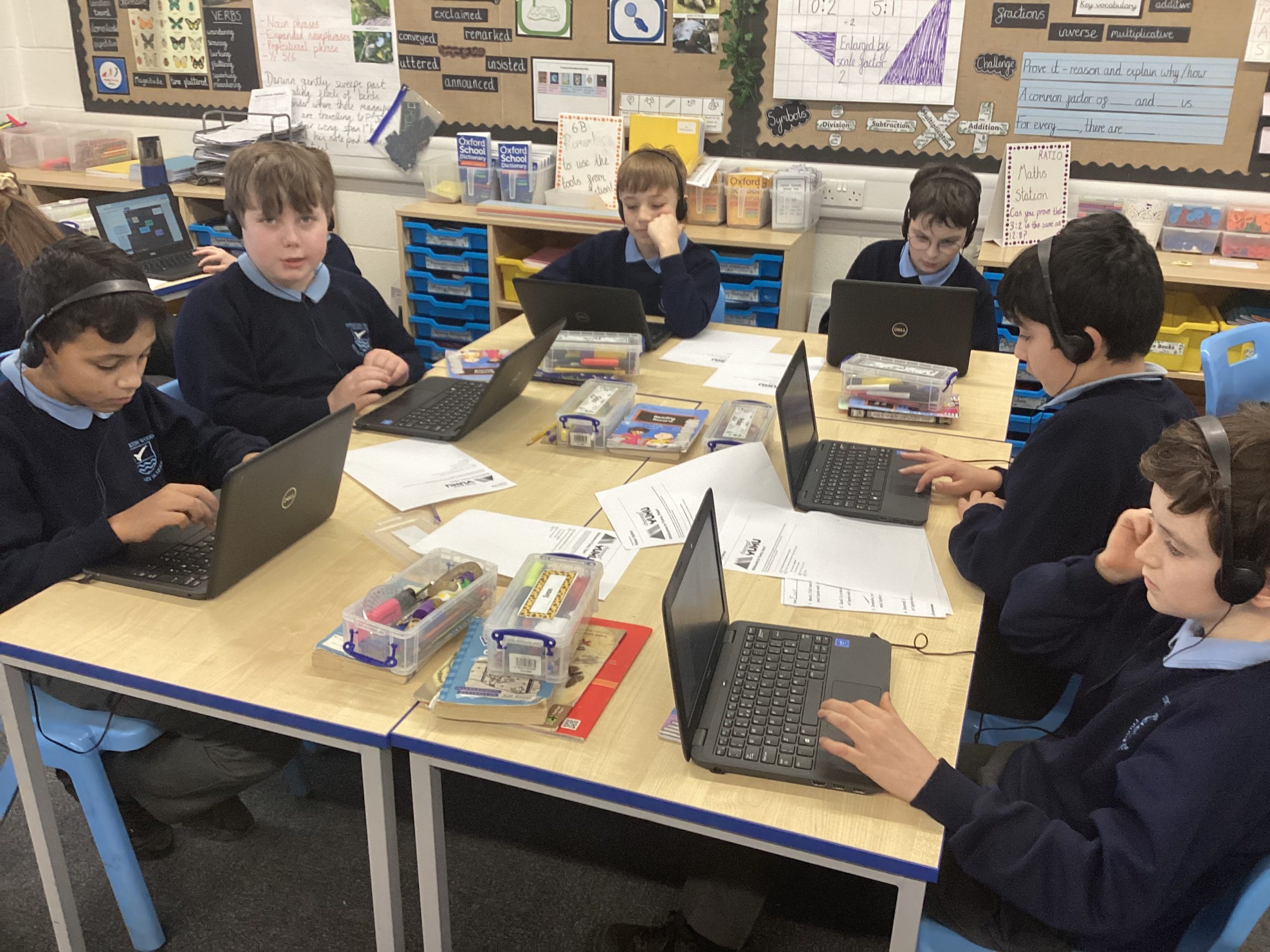

Winter Animals
This week Reception are exploring winter animals. We have begun to explore what animals hibernate and why. We have built dens for the bears and hedgehogs to hibernate in. We have also discussed animals that live in the Arctic and Antarctica such as penguins, polar bears and arctic foxes.
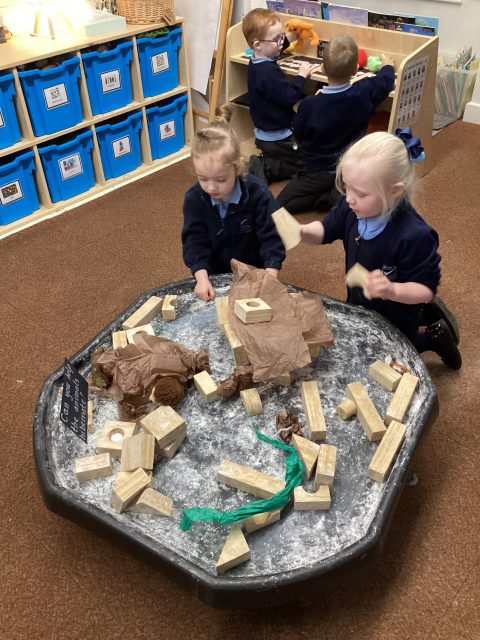
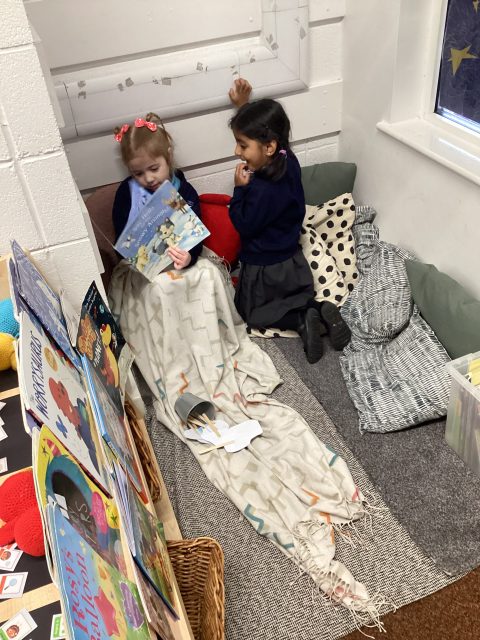
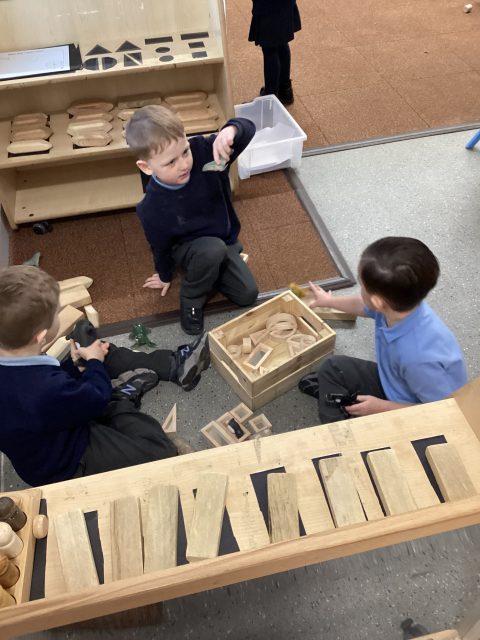
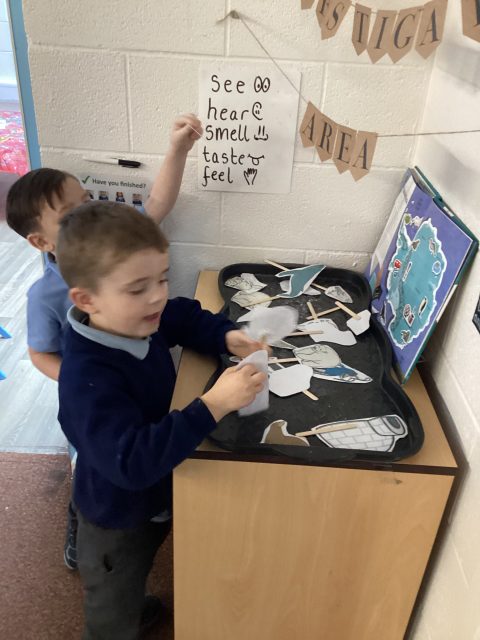
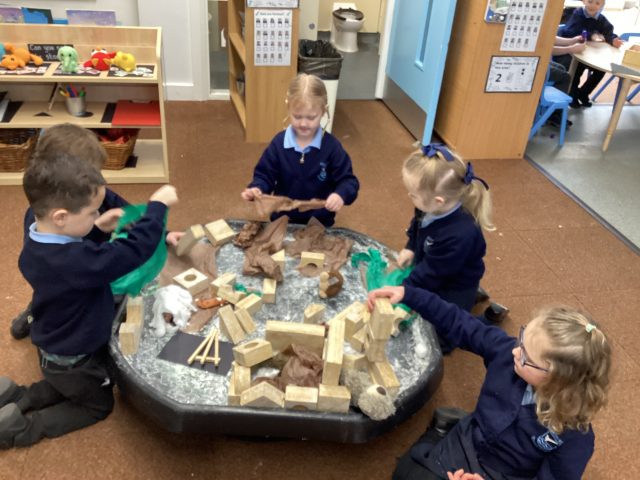

Year 5 Science
This term year 5 are looking at materials and their properties. Last week we looked at electrical conductivity and tested some materials to see which were conductors and which were insulators.
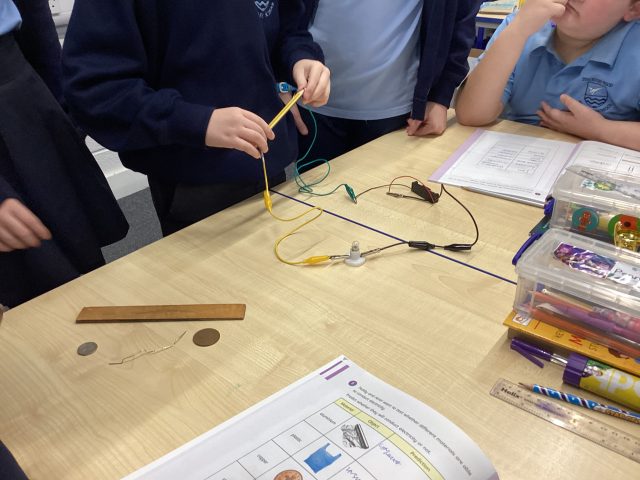
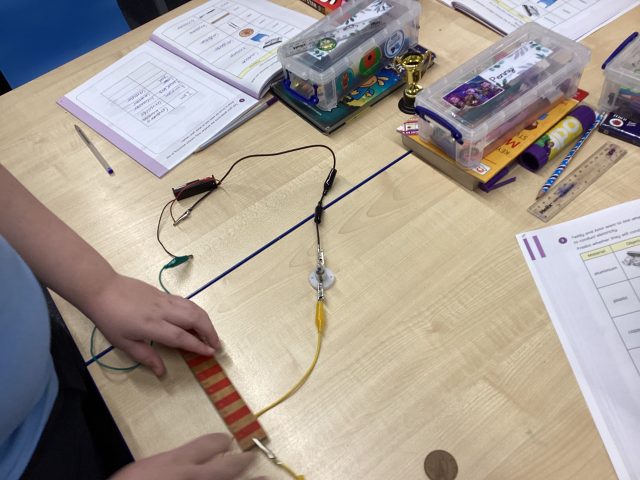
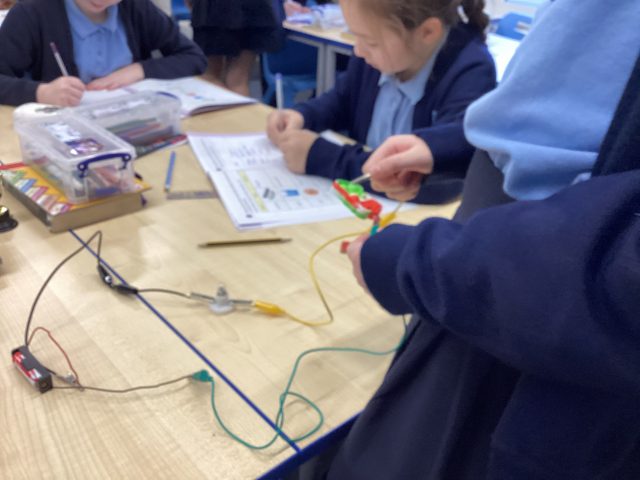
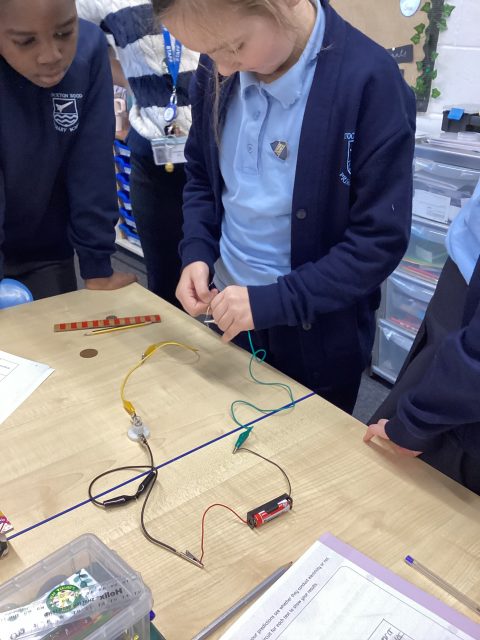

Animals trapped in ice!
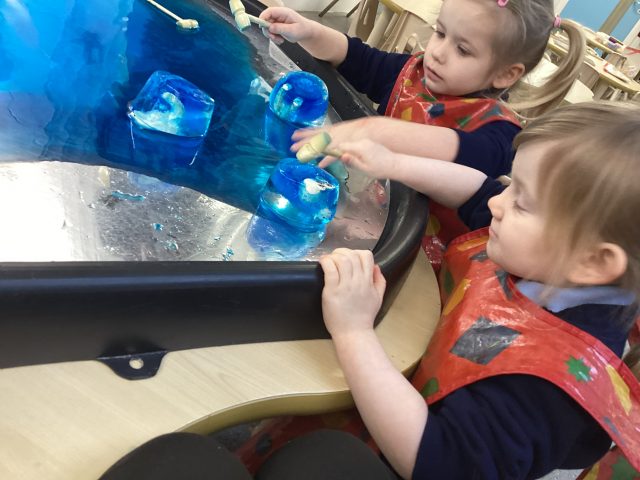
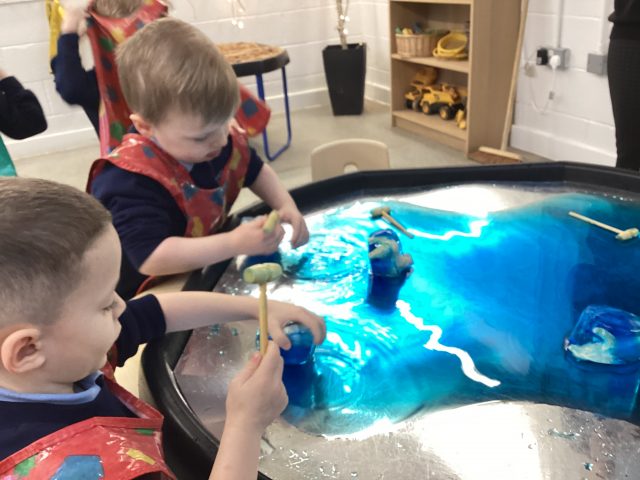
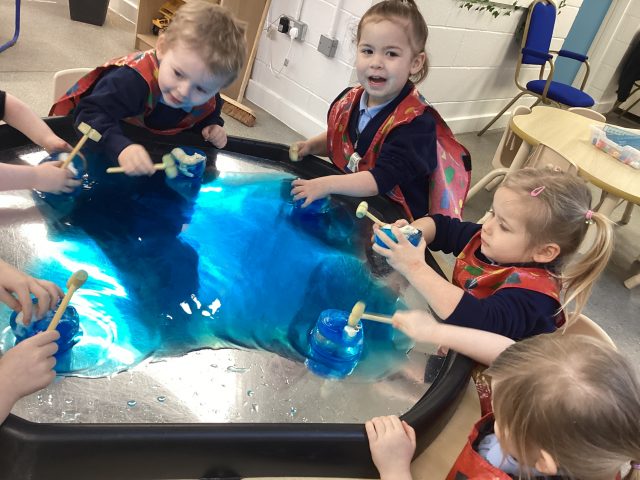
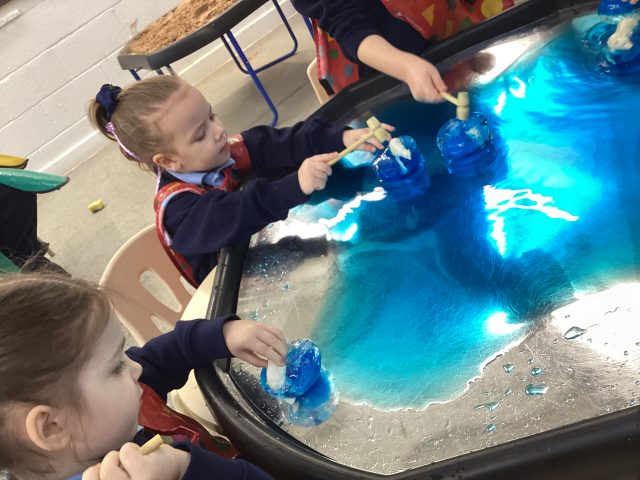
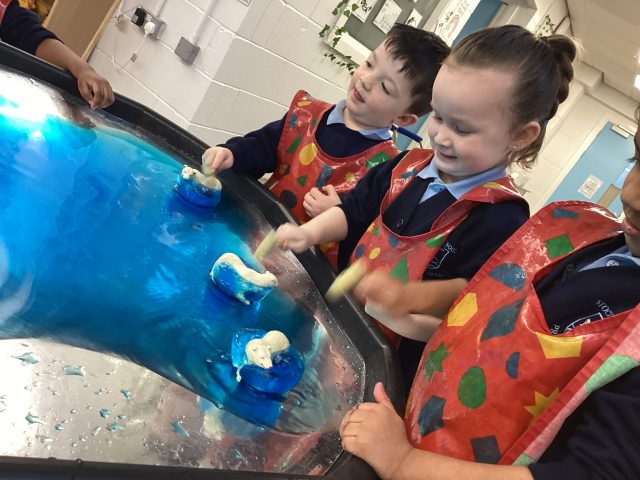
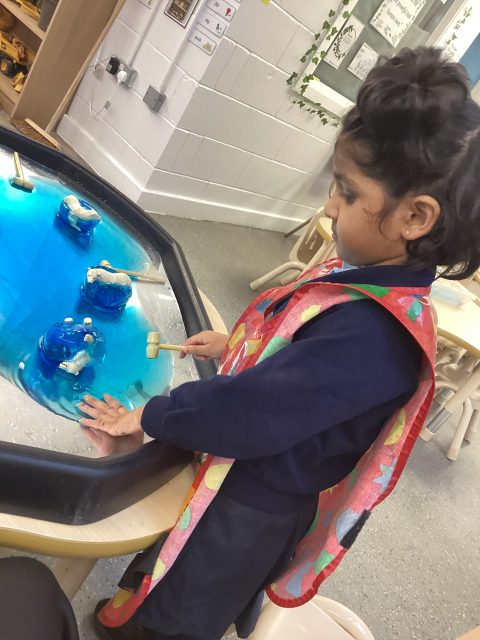
Some of our polar bears are trapped in ice! The children used their prior knowledge of ice, and knew straight away that the ice would melt if we add warm water and use our warm hands. But it might take a long time, and the animals urgently needed our help. So instead, we used some tools! We started to see cracks in the ice, and slowly, we chipped away and finally freed the animals!
130
Problem solving
The children began to build ramps for the cars this morning, but the cars were not moving as fast as they’d like. They started to look around the classroom for resources to make the ramps bigger – and they found the water runs! The children quickly noticed that the higher the ramps, the faster they went! They worked together as a team to build different ramps.
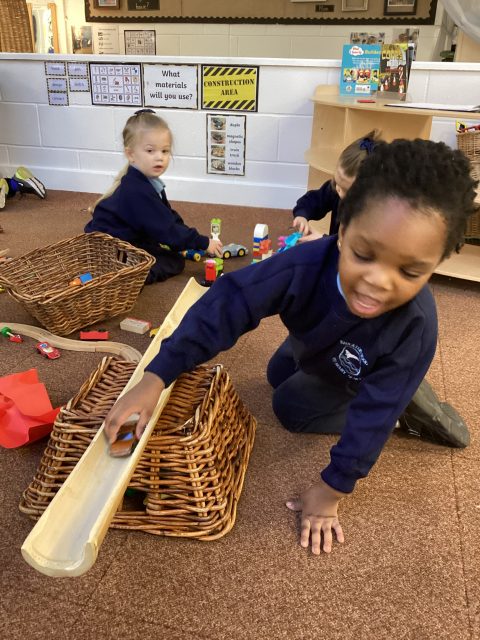
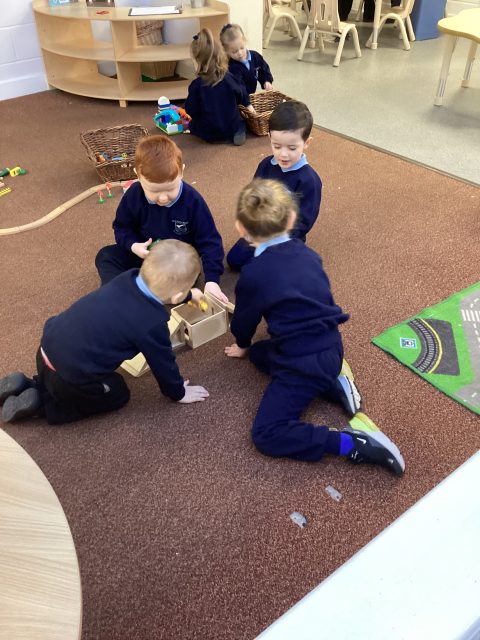
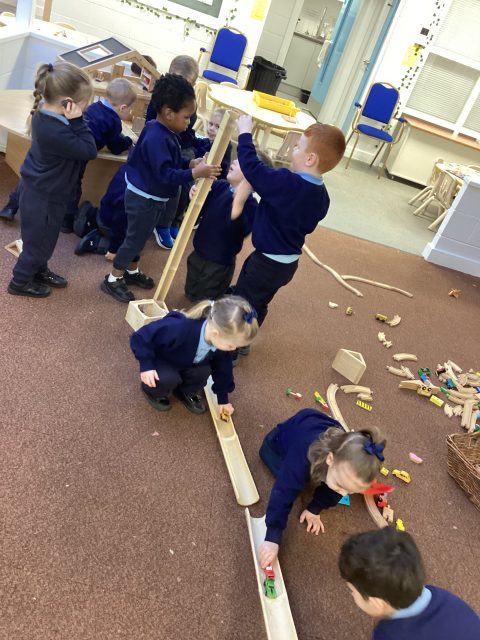
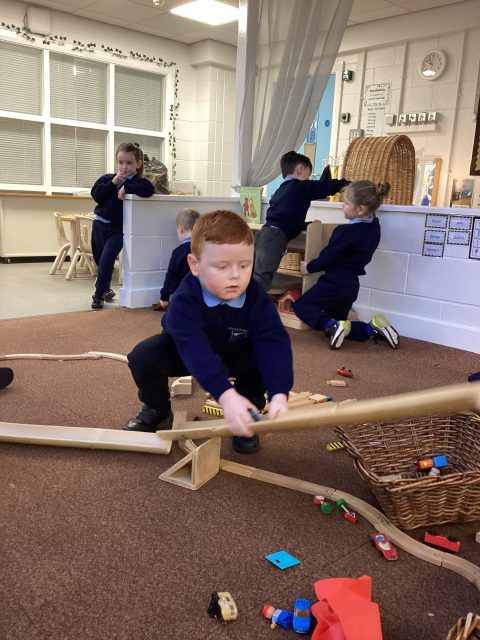
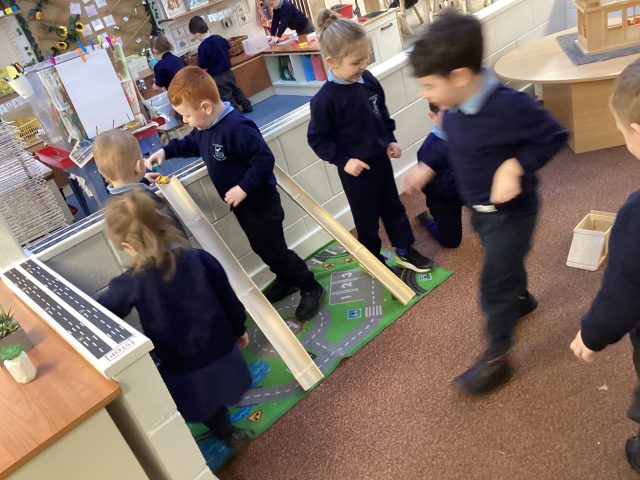
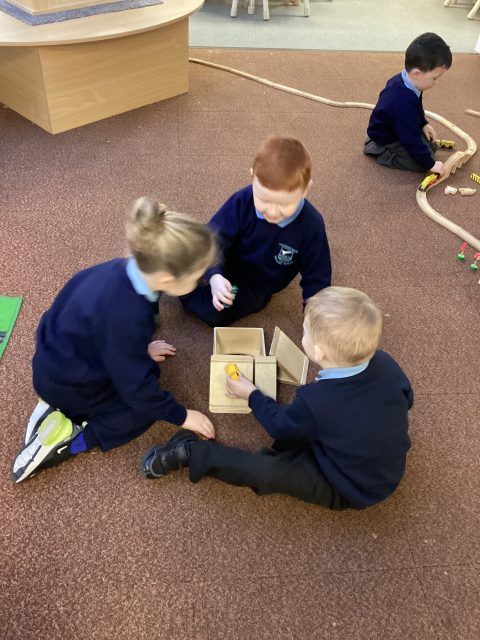

Year 6 Light
Today we learnt about a solar eclipse and how the moon blocks the sunlight from reaching the Earth. We understood how the moon casts a shadow on the Earth, as it passes between the Earth and the sun.
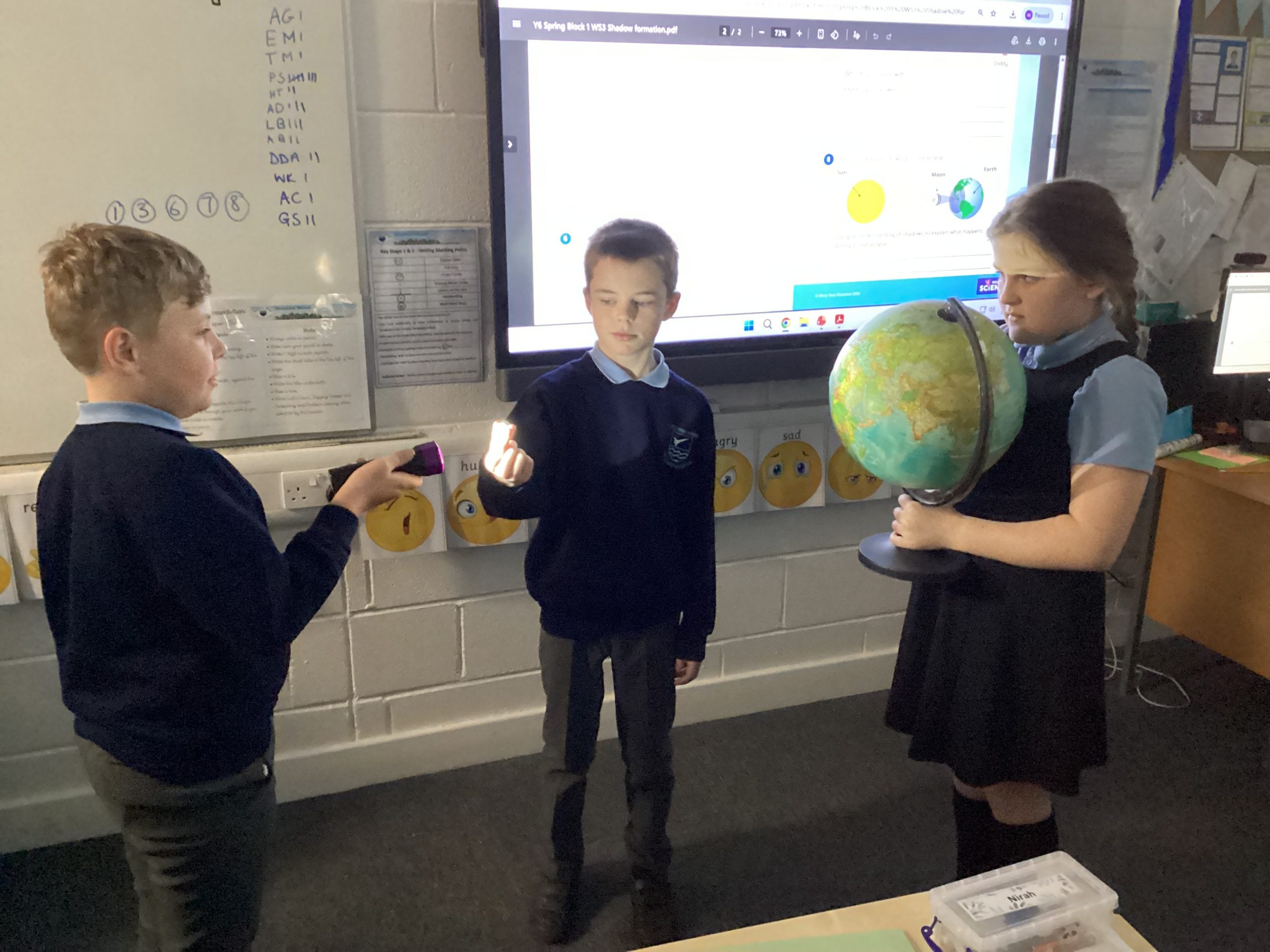

Year 5 Testing materials
5D had fun exploring magnetism and transparency this afternoon.
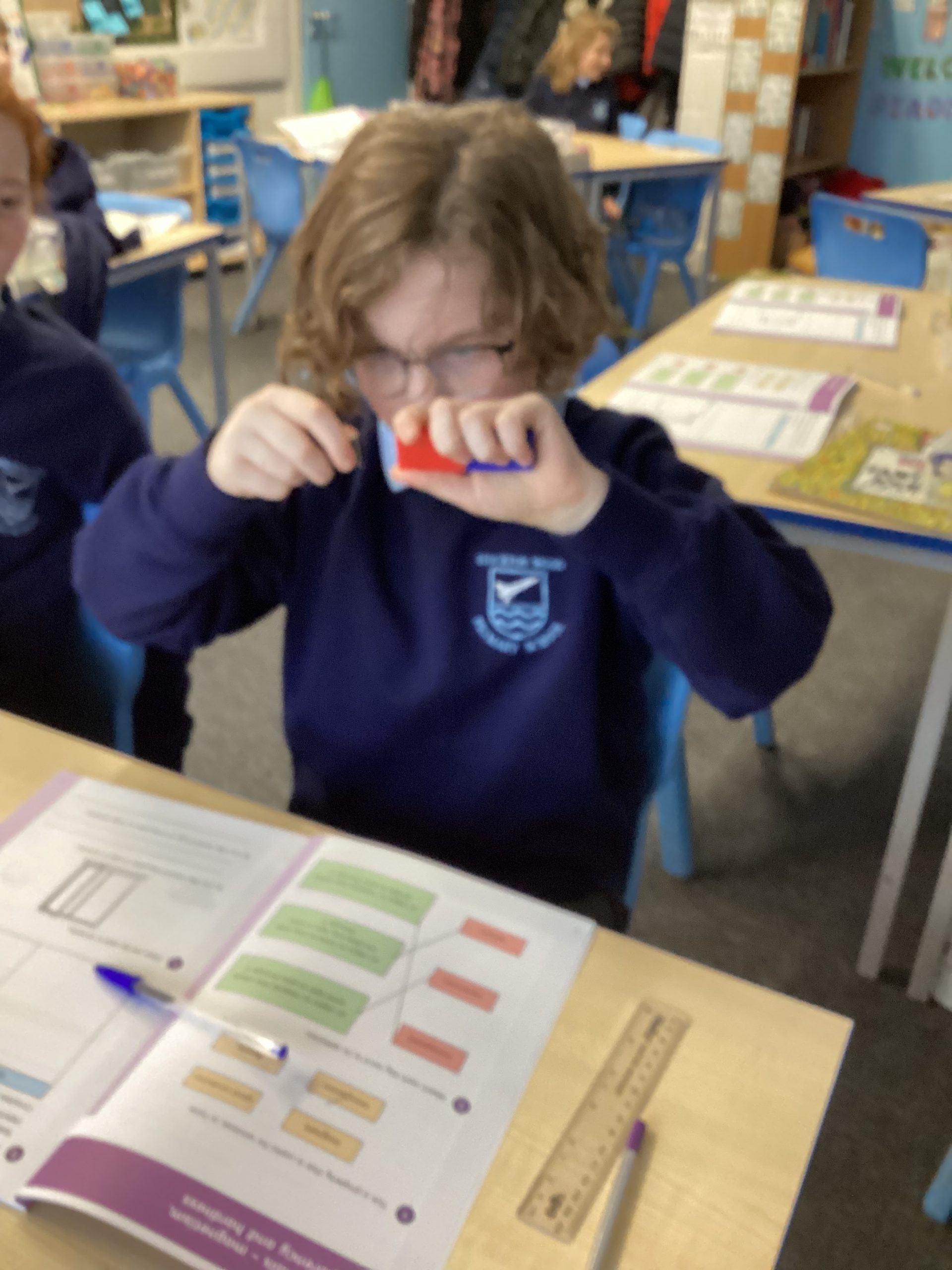
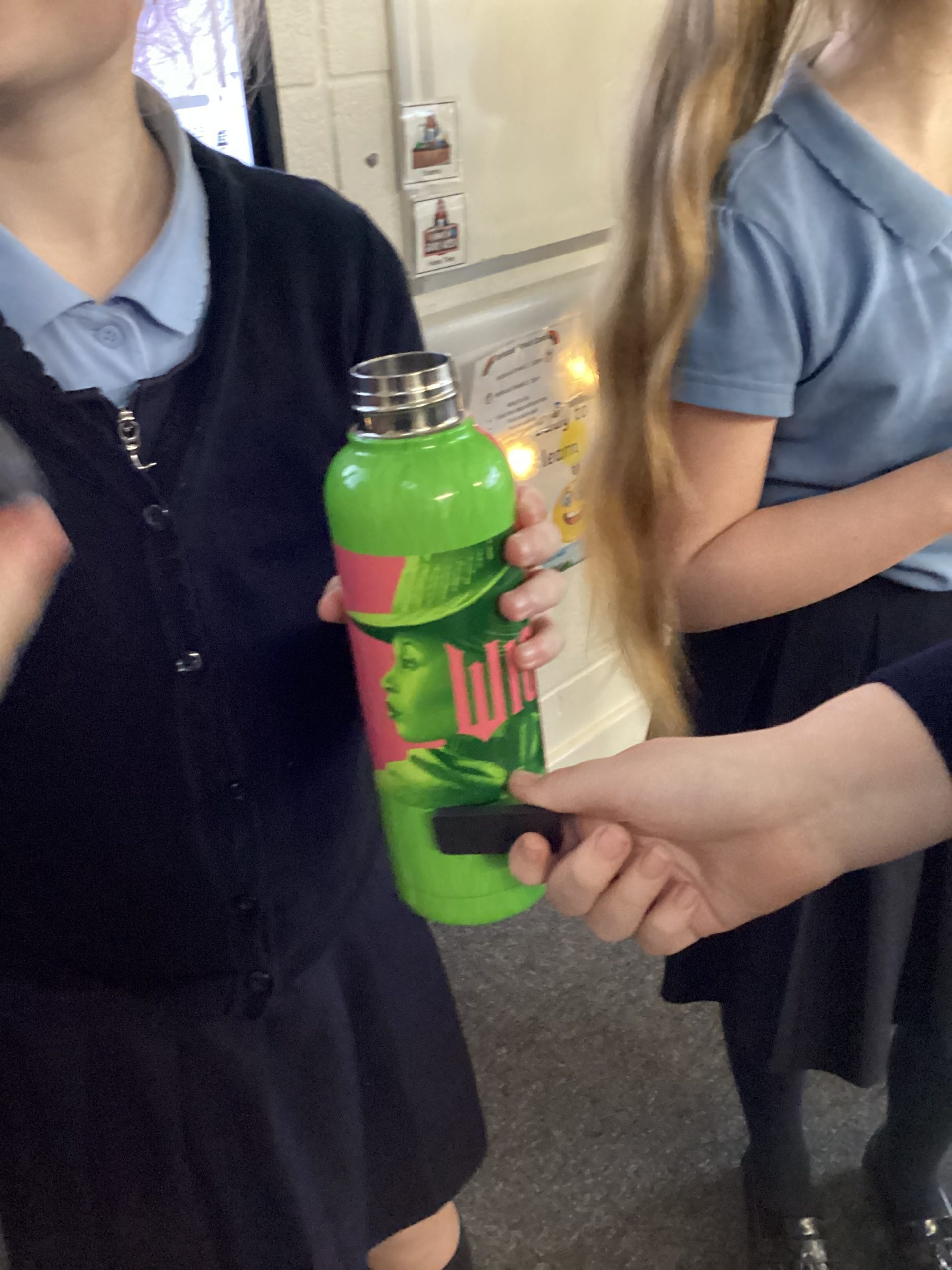
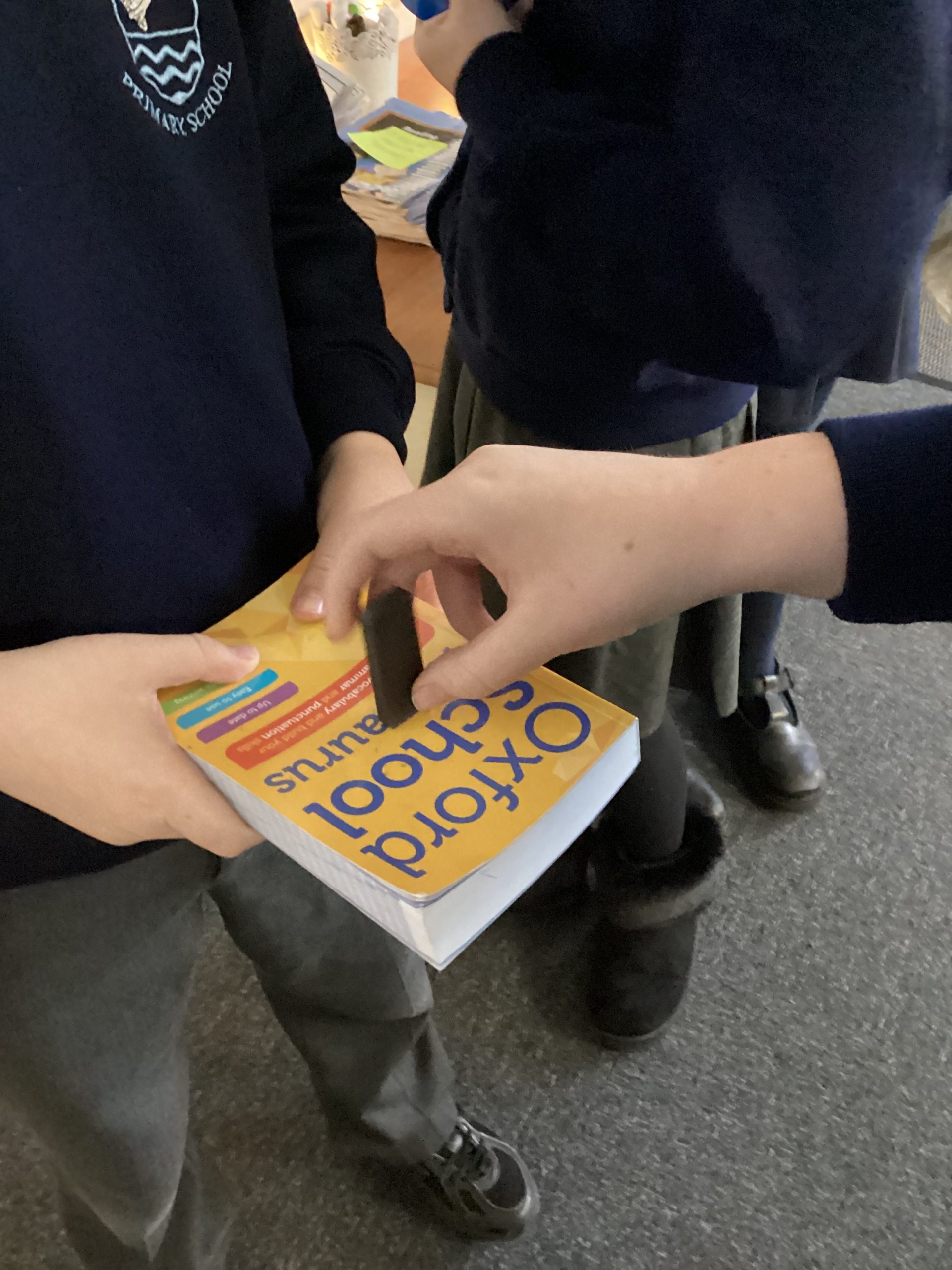
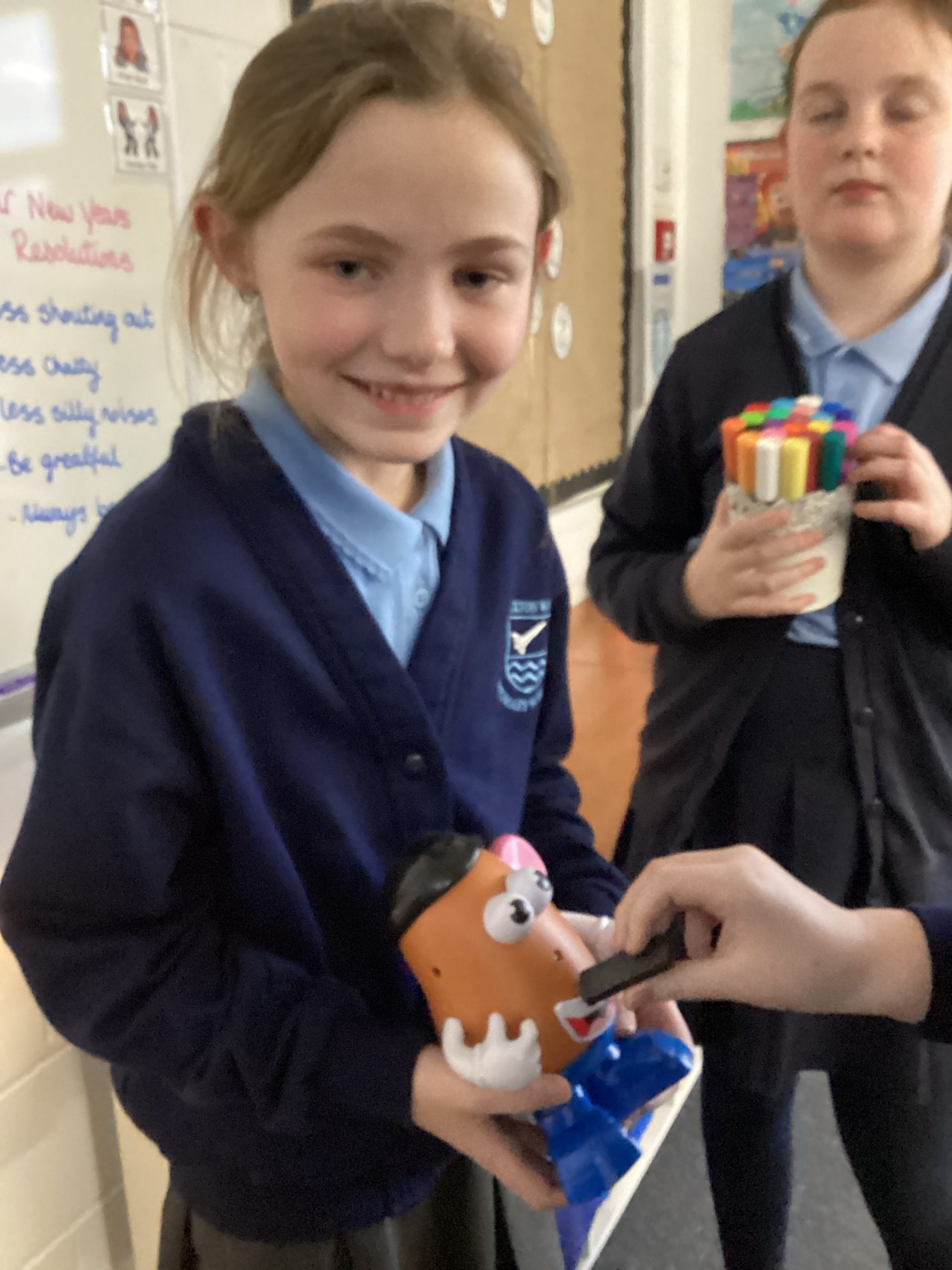
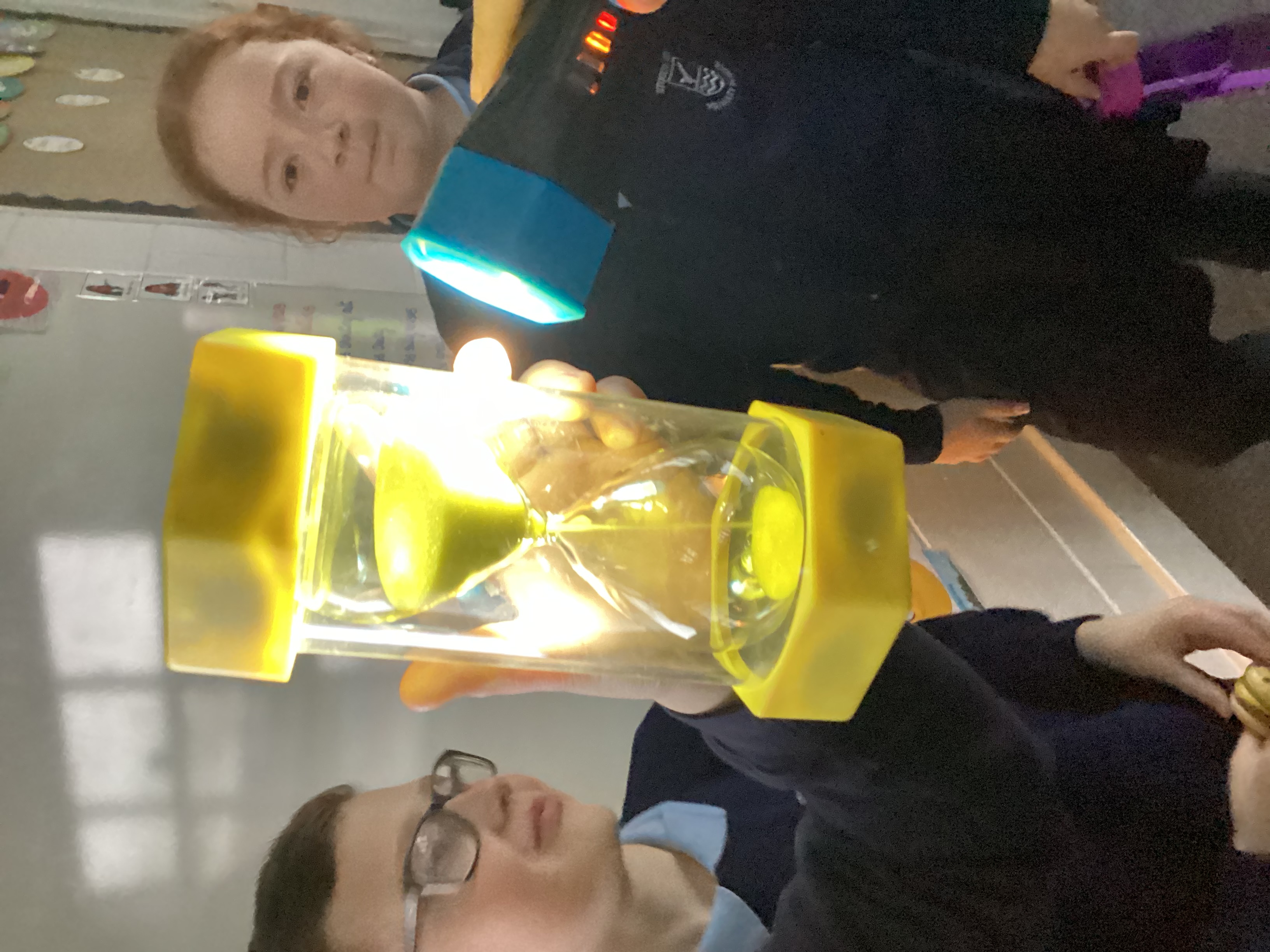
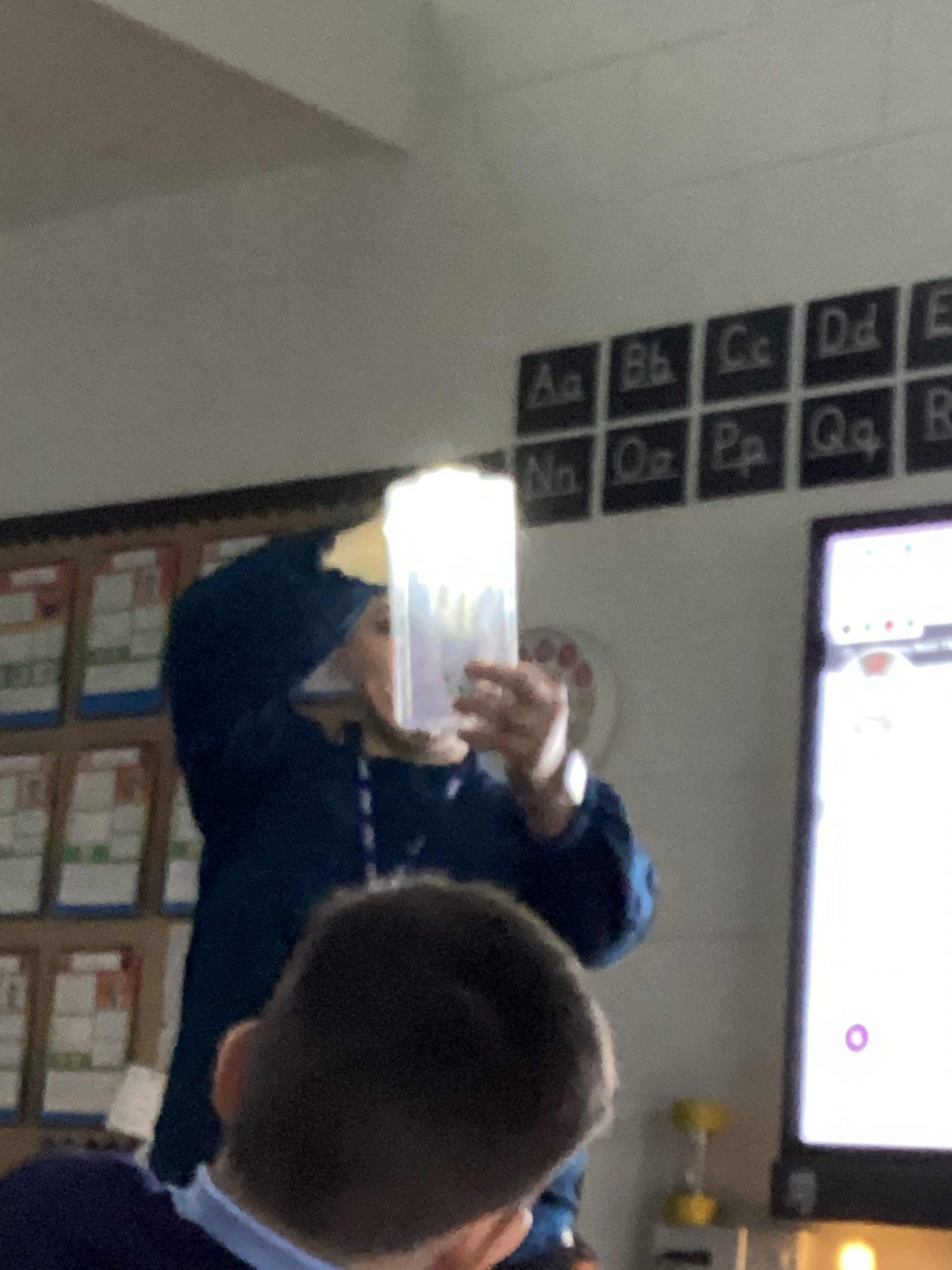
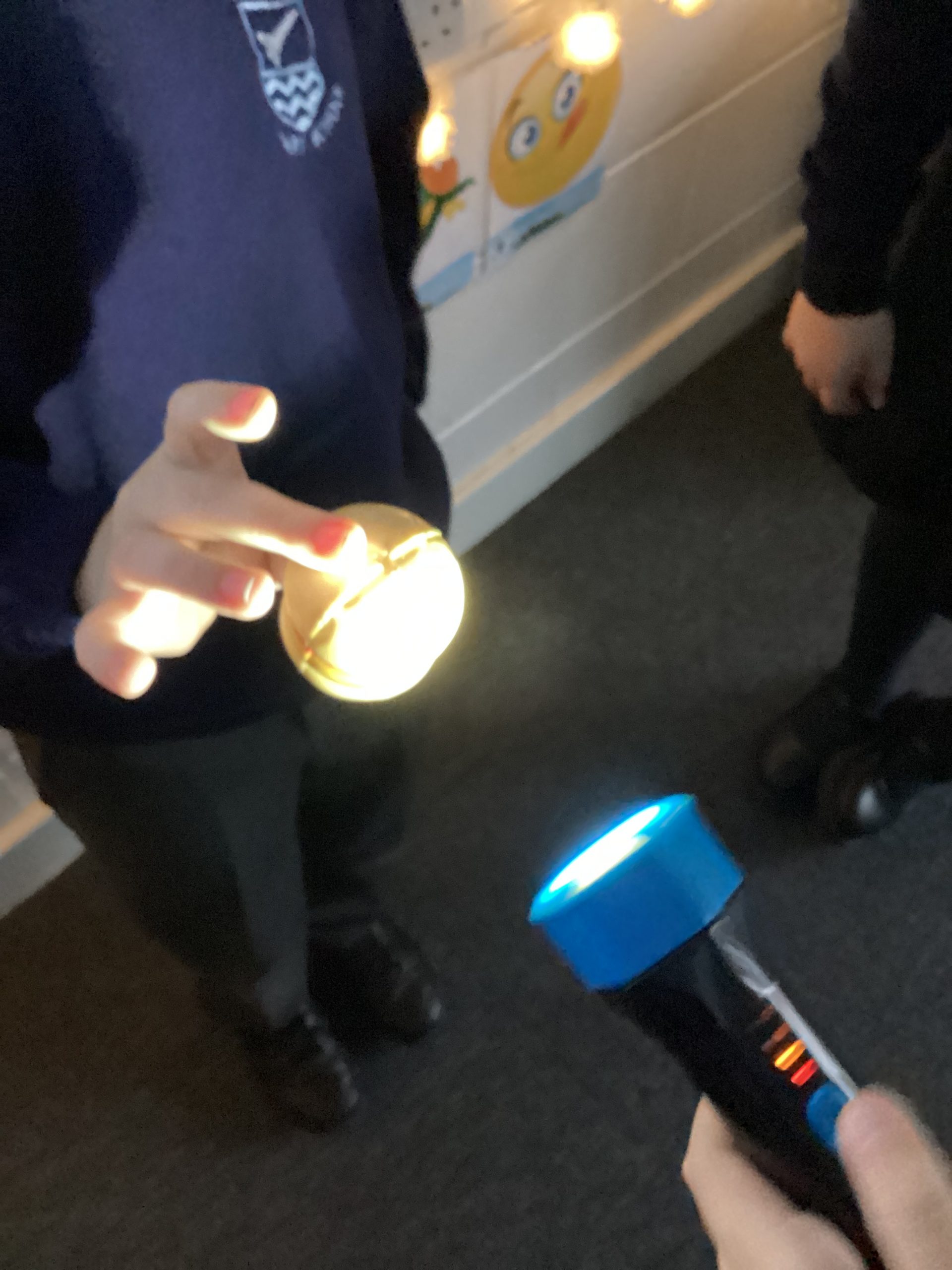
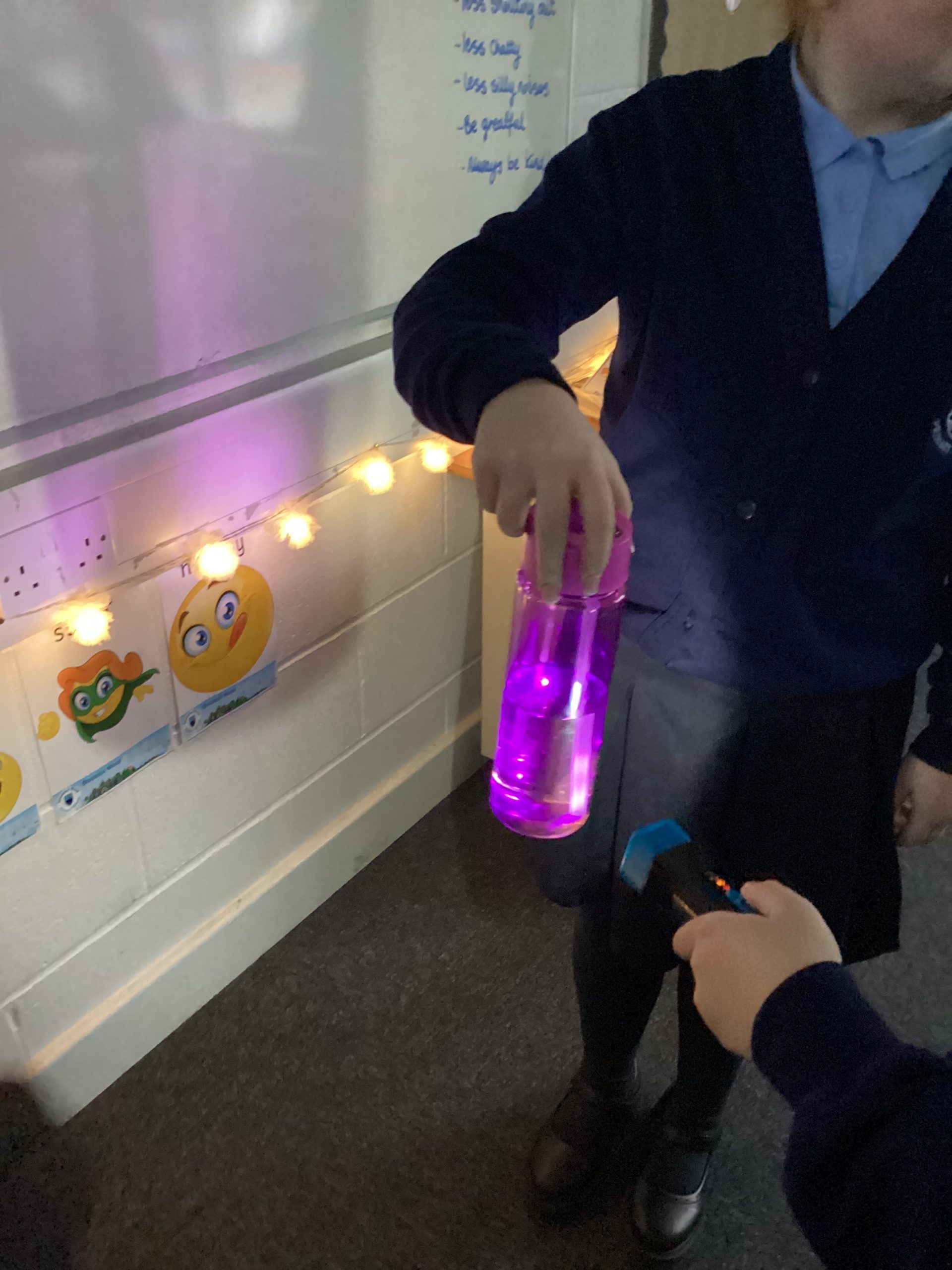

Creating Vibrations
This week in science, we learned that sound is made through vibrations. The children used different instruments to explore and demonstrate how vibrations create sound.
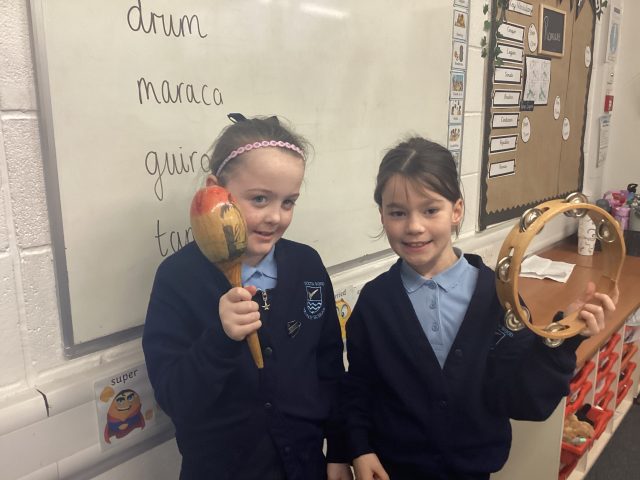
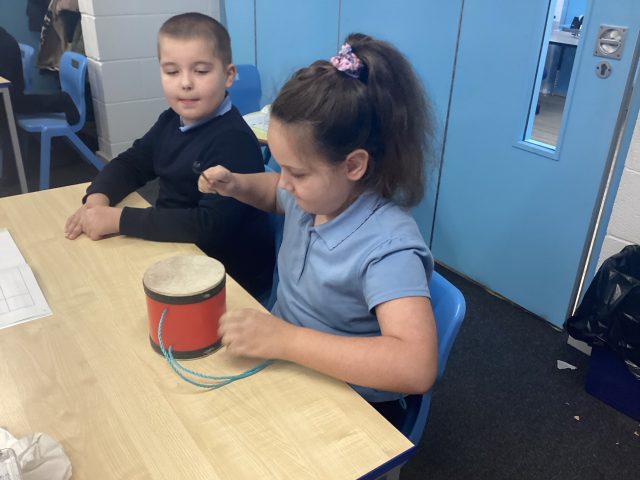
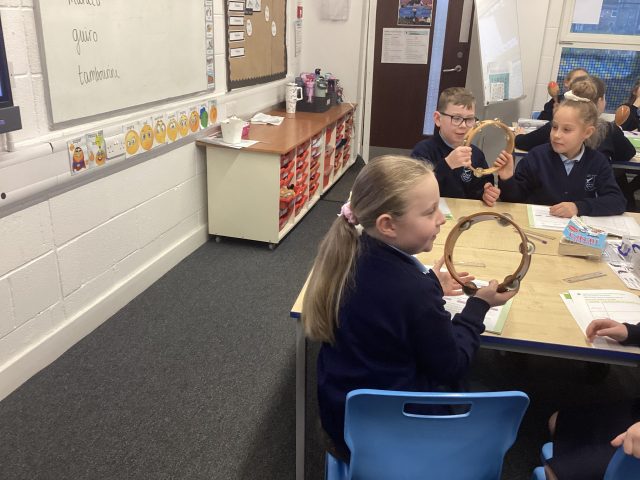



Art week in year 5
This week we started art week, looking at the work of Martin Impey (an illustrator who drew the images for Where we once stood). We have we been focusing on space this term which links to Martin’s work who was inspired by the moon landings.
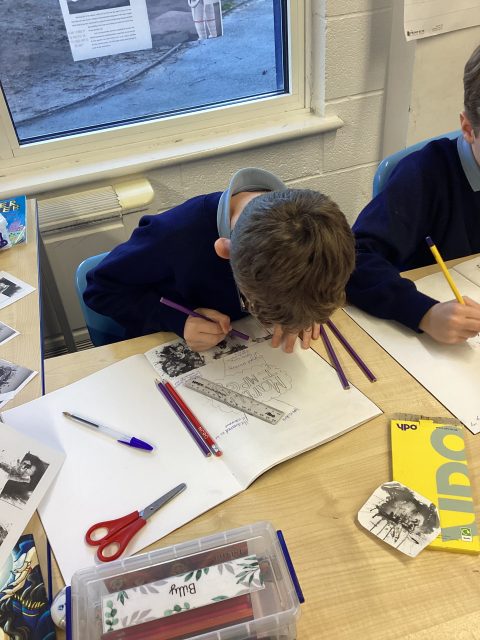
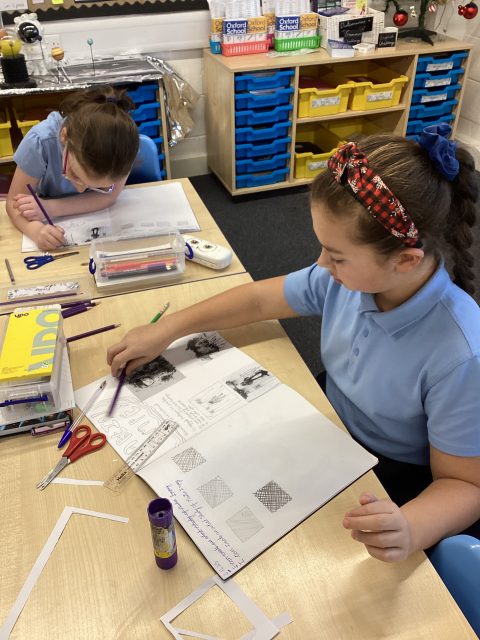
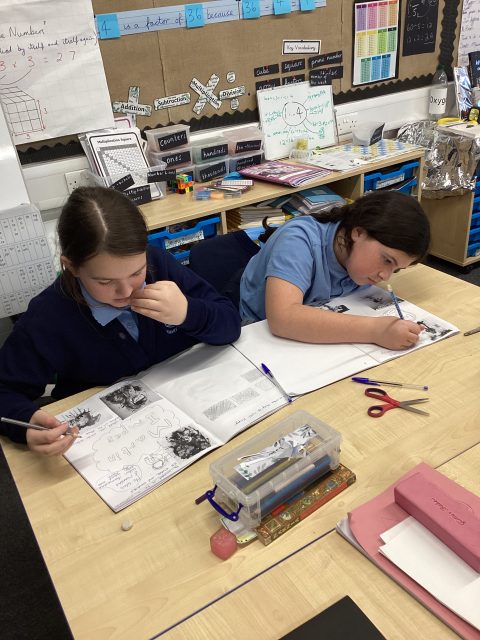
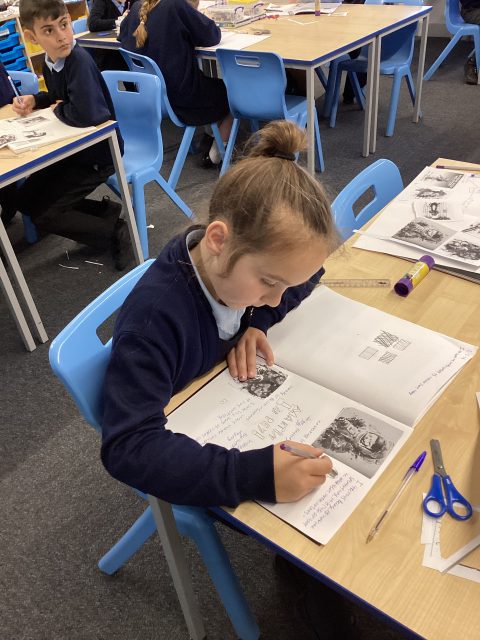


Year 2 Science Experiment
2P had a brilliant afternoon testing out different materials and trying to fold, twist and scrunch up paper, cardboard and wood!
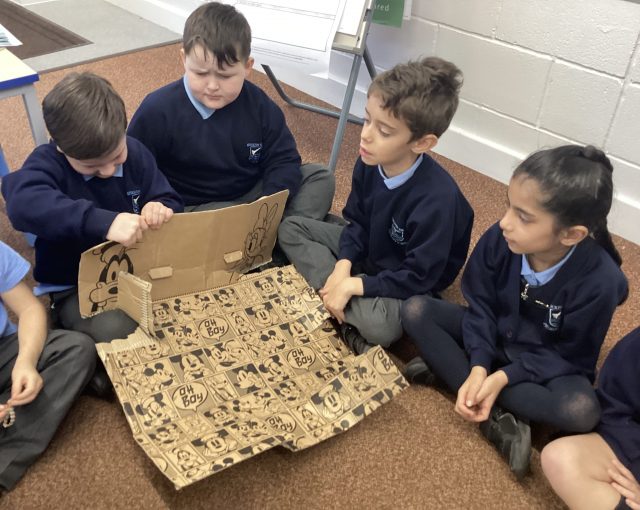
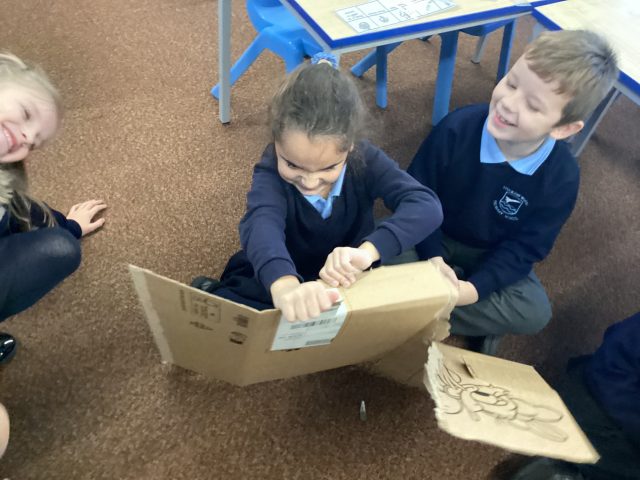
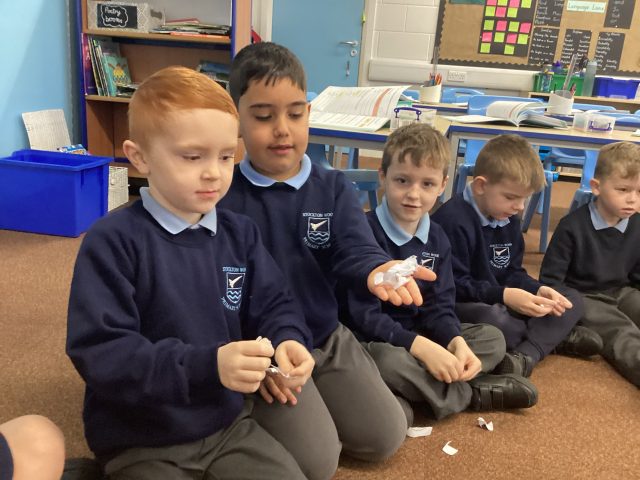
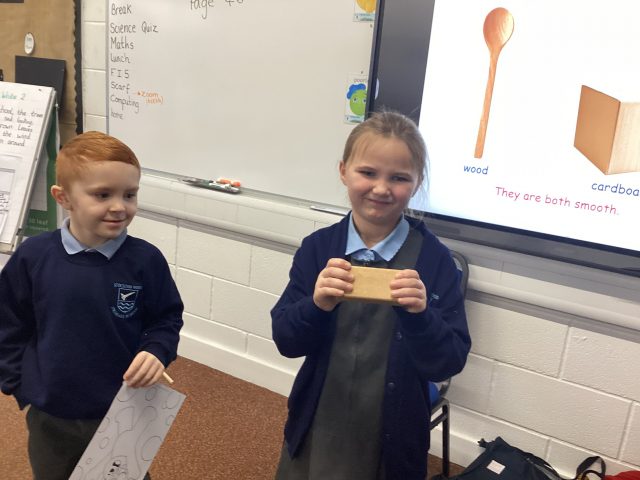

Science – Objects and materials
Look at Year One learning all about objects and a range of materials. We went on a materials hunt. Look at all the objects we found in and around our classroom that are made from: wood, metal, glass, plastic, rock and fabric.
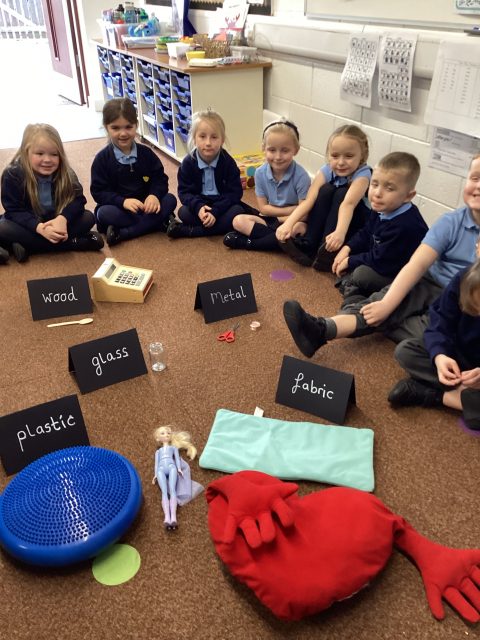

Oobleck Science Experiment
In science, we have been learning about states of matter. Today, we had lots of fun using oobleck to understand that objects can change state.
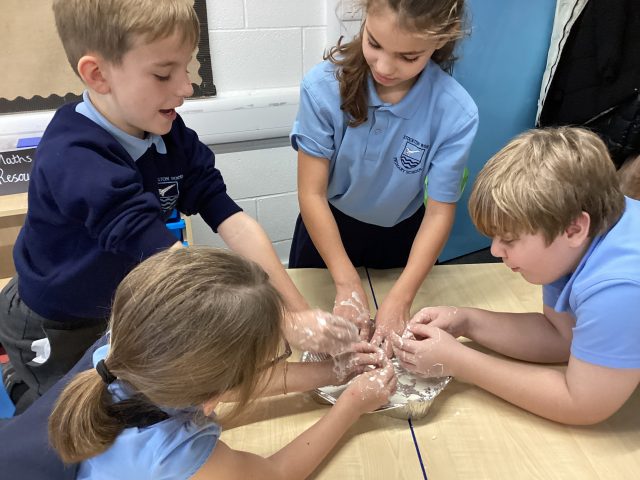
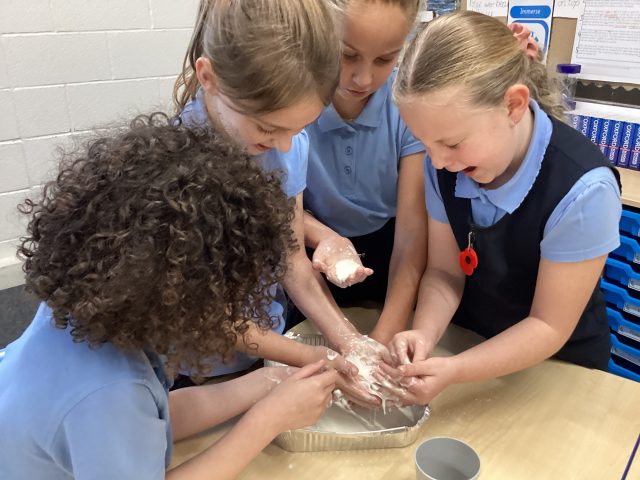
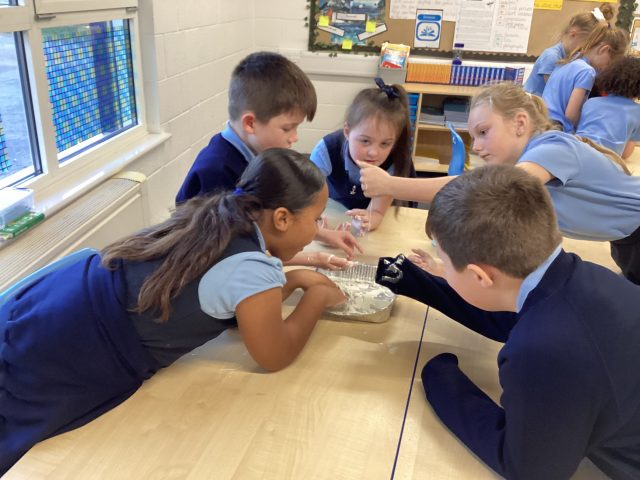

Year 6- Electricity
Year 6 worked together in Science to create different series circuits using a range of components.
699
When we walked on the moon.
Year 5 started their new book called When we walked on the moon, this week. We have been exploring space in both our English and Science.
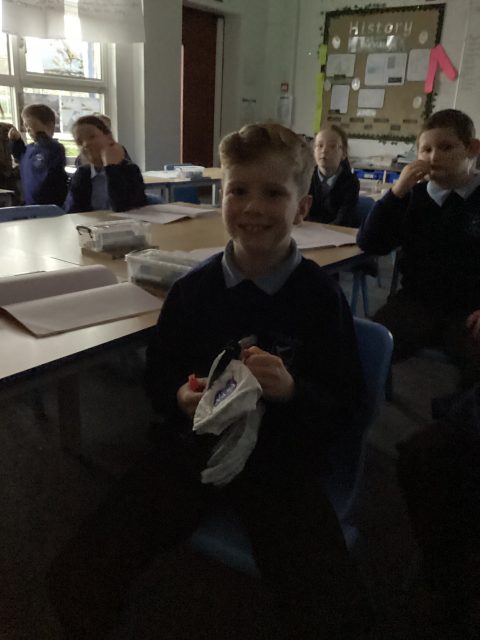
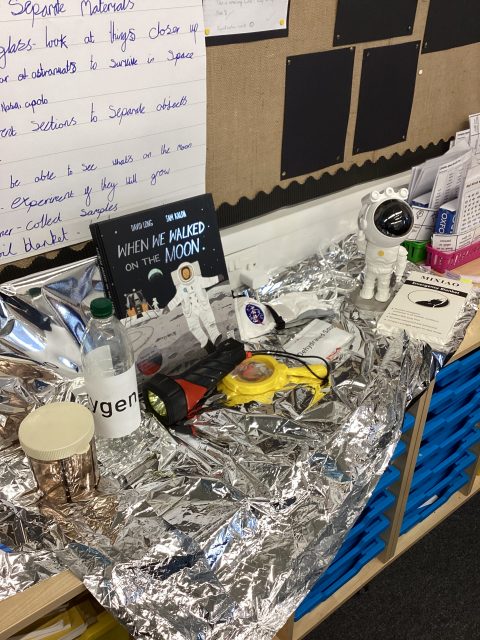
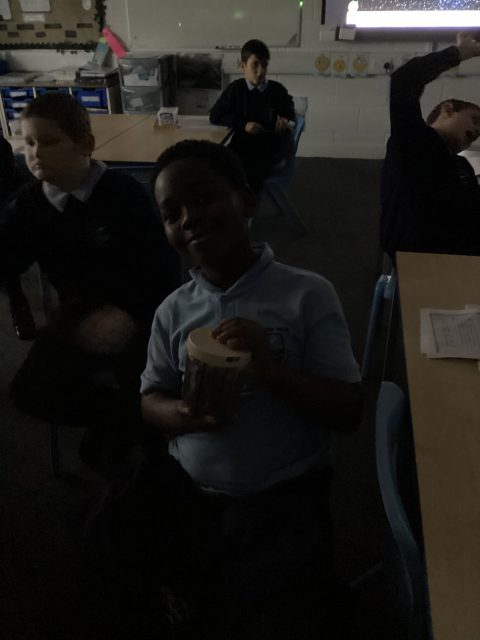

CO Crew Year 5
This week we had the CO crew talking to us about the dangers of carbon monoxide. The children learnt about some important tips to keep safe.
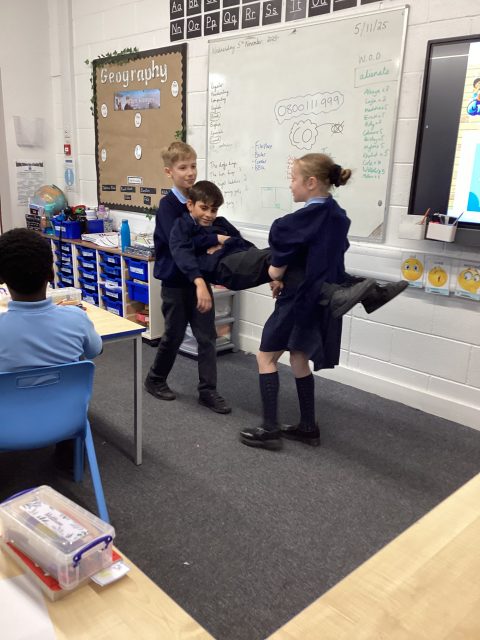
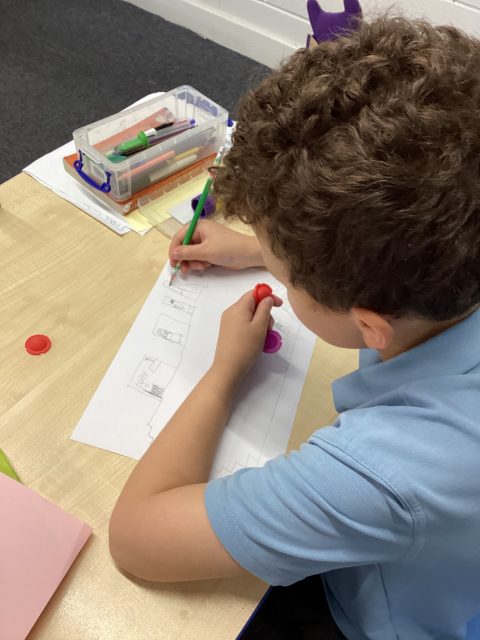
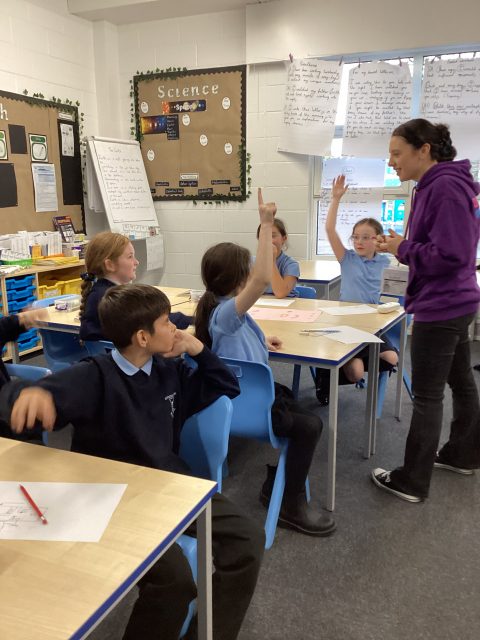
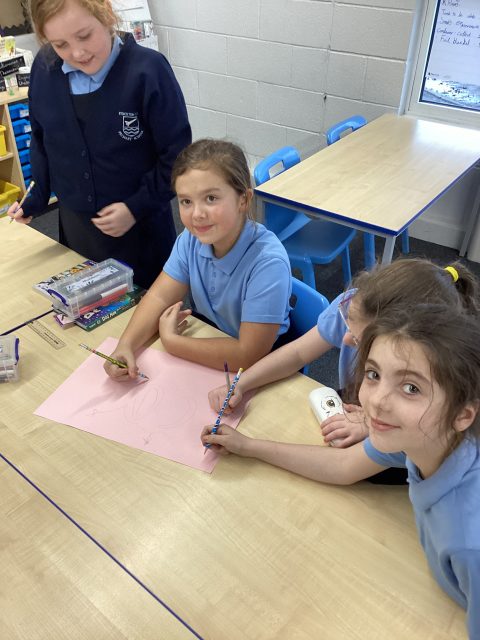

Safety Seymour
3M thoroughly enjoyed a workshop today all about carbon monoxide (CO). We learned where CO comes from, what to do if a CO alarm goes off and what symptoms we might have if we’ve been exposed to CO.
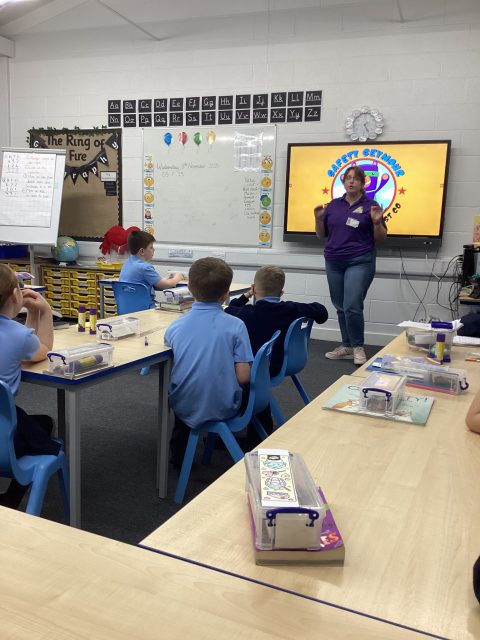
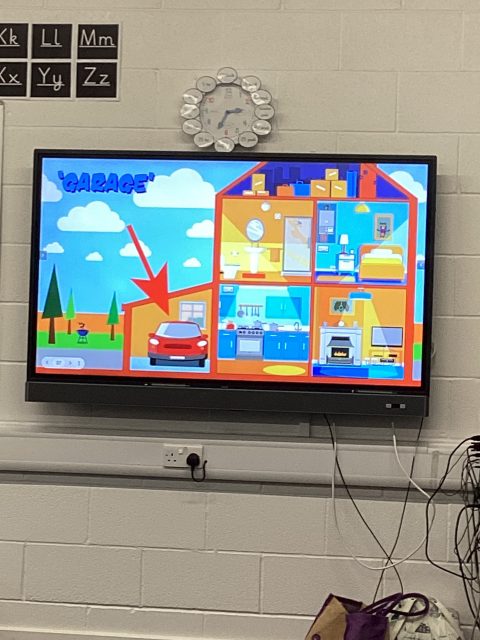
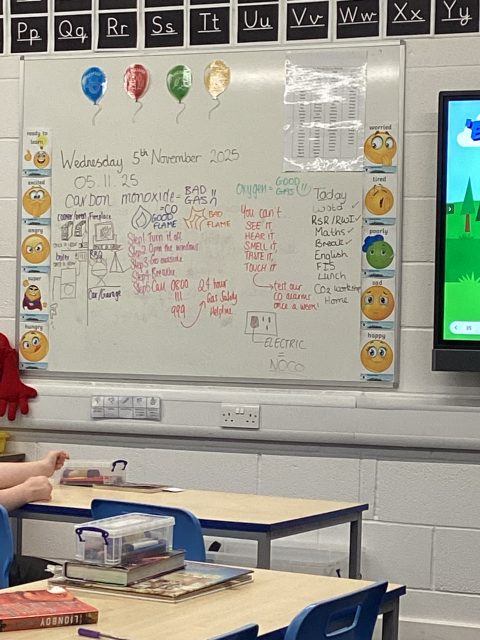

CO Safety with Safety Seymour
3McK have learnt lots about Carbon Monoxide today (also known as CO). We learnt about where CO comes from, how to detect CO, what to do if your CO alarm goes off and what symptoms you might feel if CO is in your home. We are all now CO superheroes!!
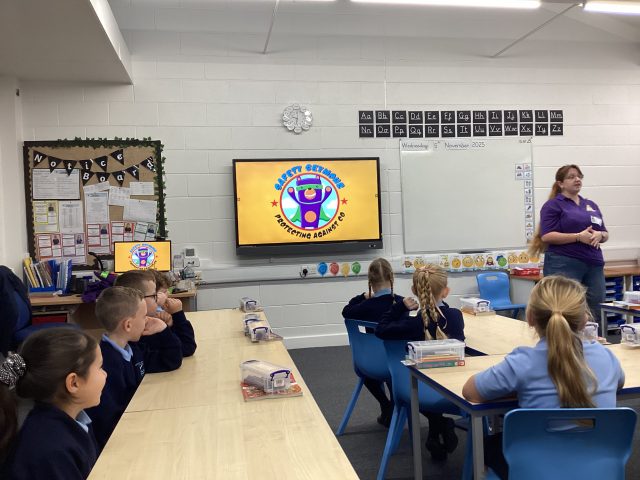
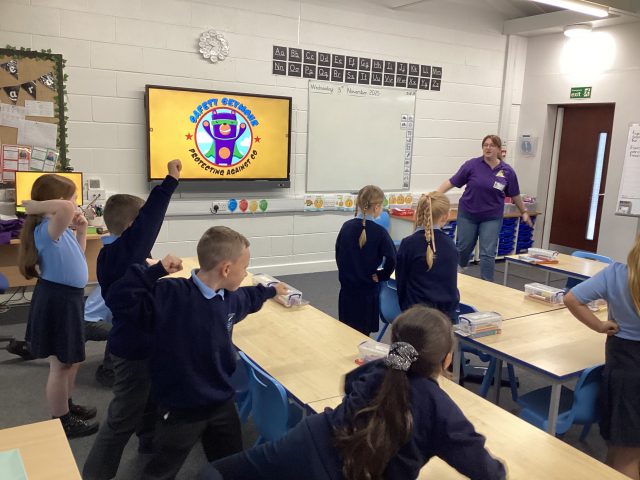
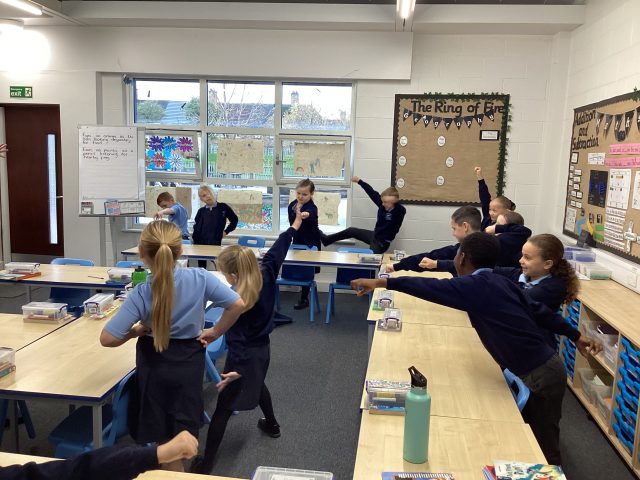
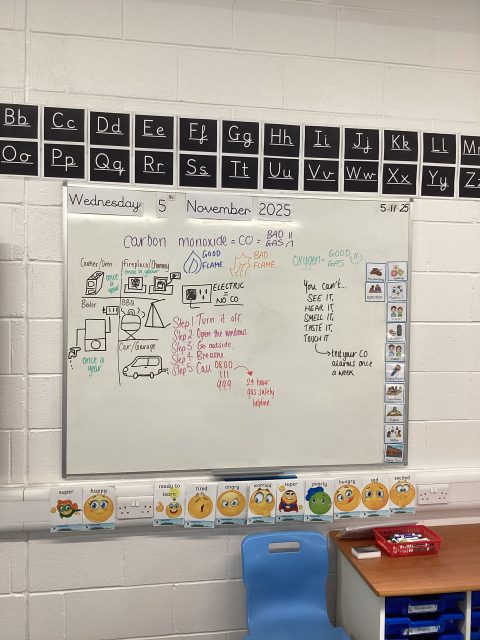

Science – Year One
We have been exploring our senses in Year One this half term. We really enjoyed our investigations especially when we used our sense of smell to smell various items. How many did you guess correctly?
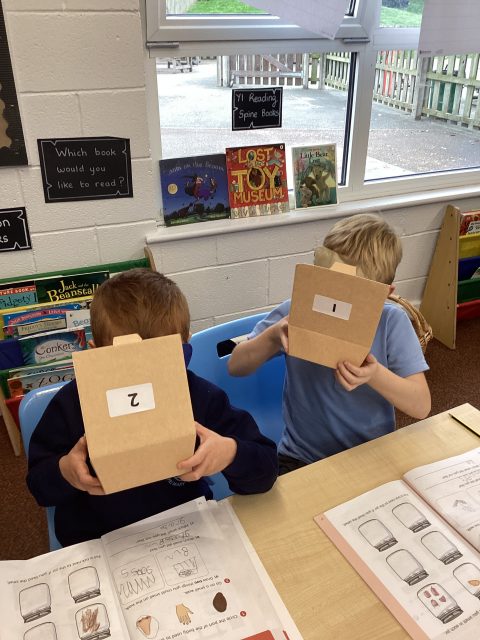
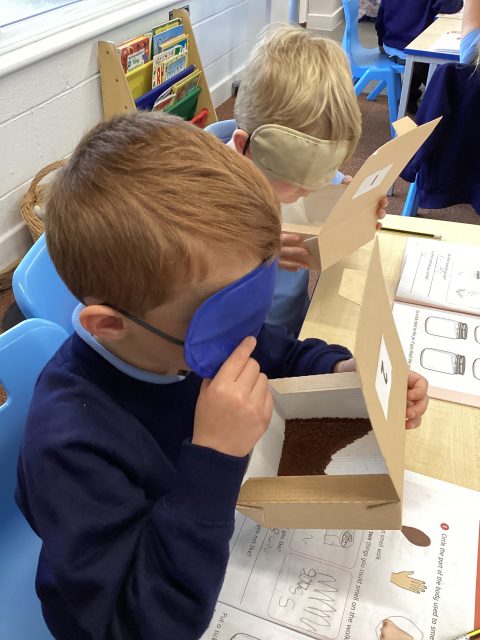
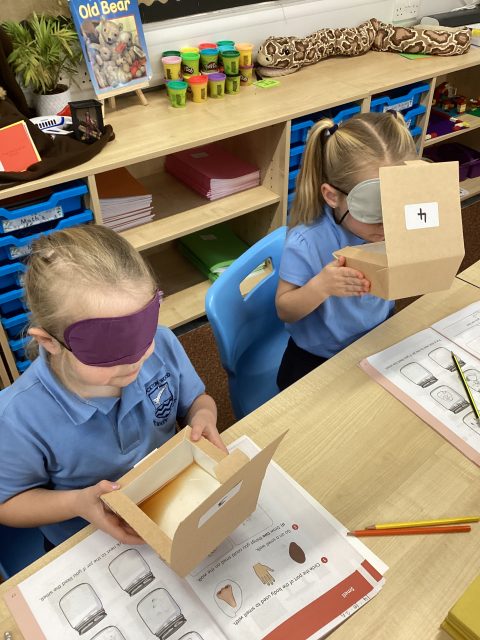
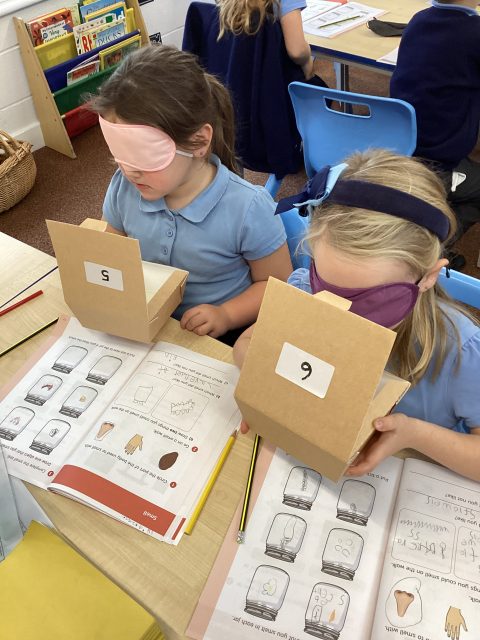

Making spooky gloop!
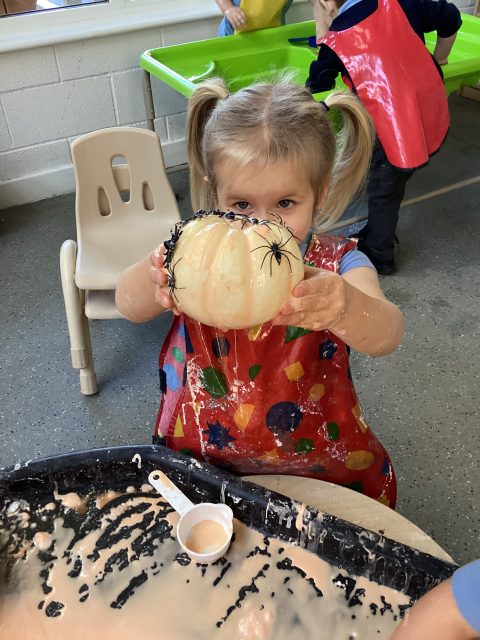
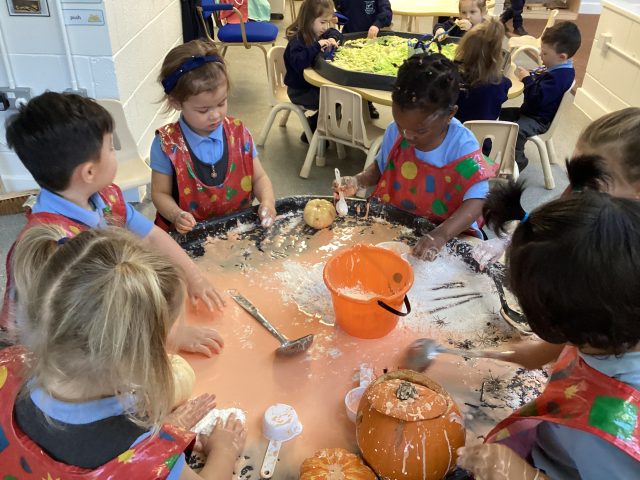
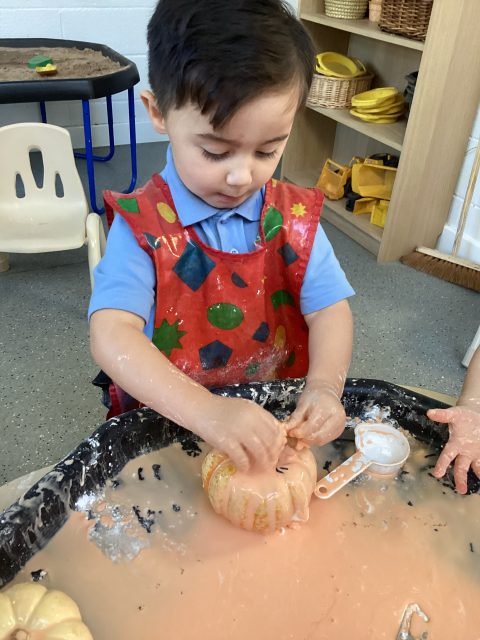
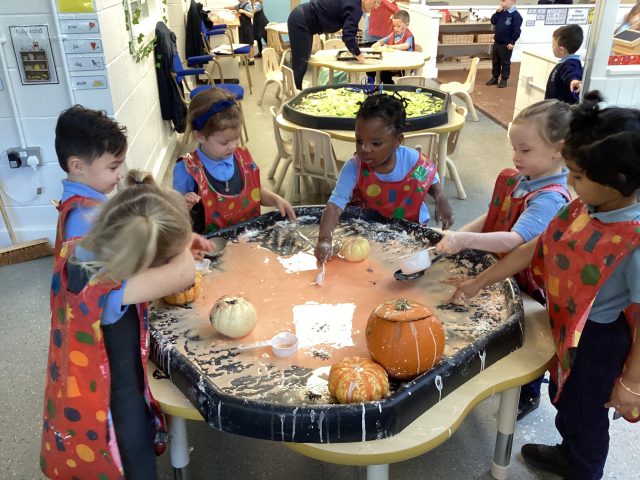
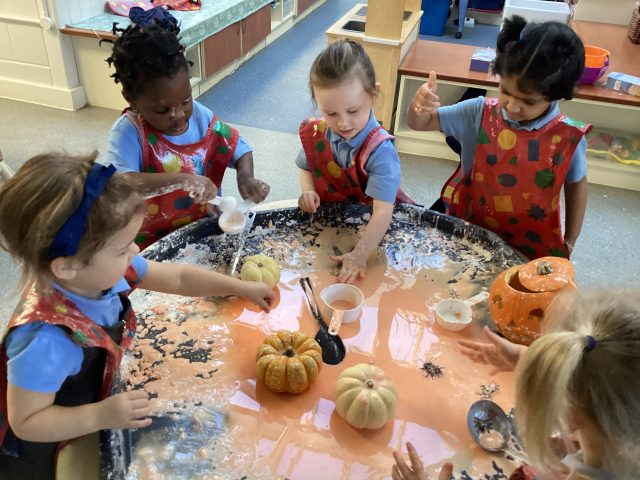
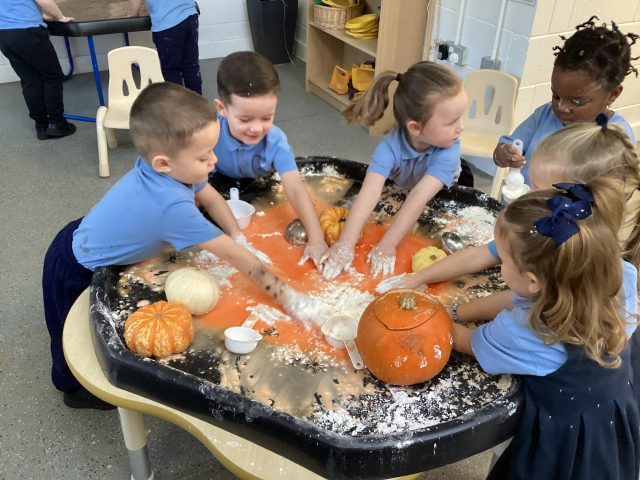
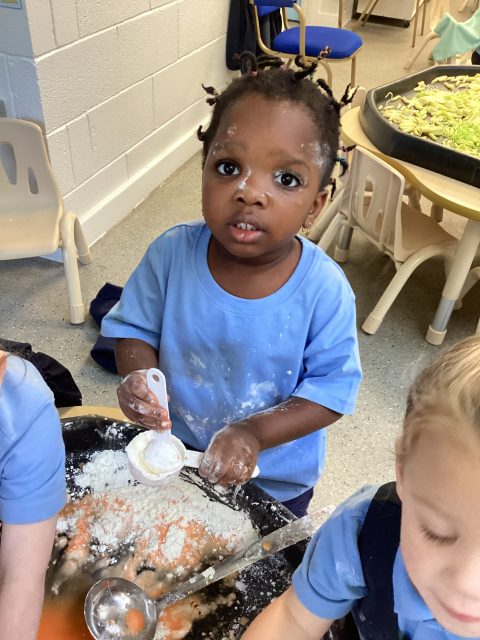
We have had so much fun making our own spooky gloop this morning (and made lots of mess in the process – sorry Mrs Clovis!). We used spoons, scoops and ladles of different sizes to scoop the cornflour out onto the tray. Then we used spoons to pour the orange water onto it and watched it change from powder to liquid! The children may be coming home messier than usual, but they have had so much fun 😍
882
Aspirations Day at Trafford Hall
Year 5 have taken part in an aspirations day today. Learning about different careers within the energy industry, as well as learning about how to be sustainable and taking part in a scavenger hunt to learn essential survival skills. It was a great day and happily the rain held off.
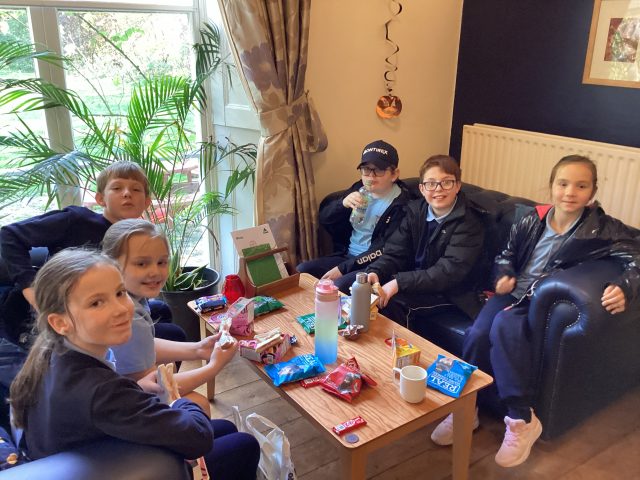
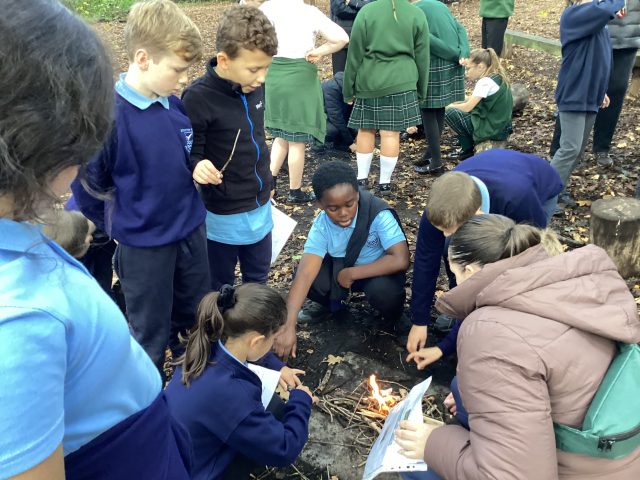
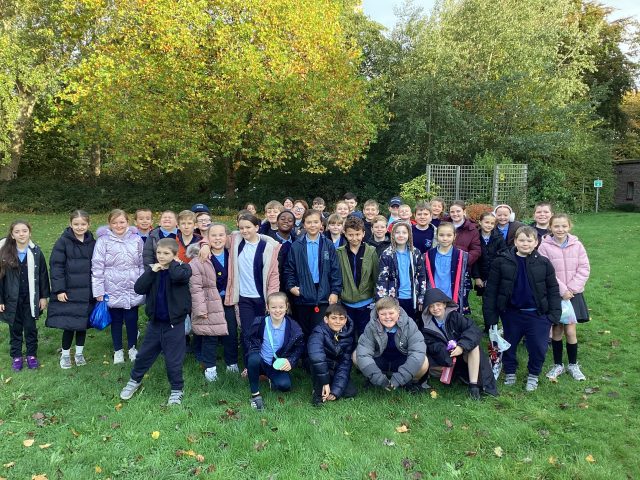

DT ~ Can you create a circuit to light up the bulb?
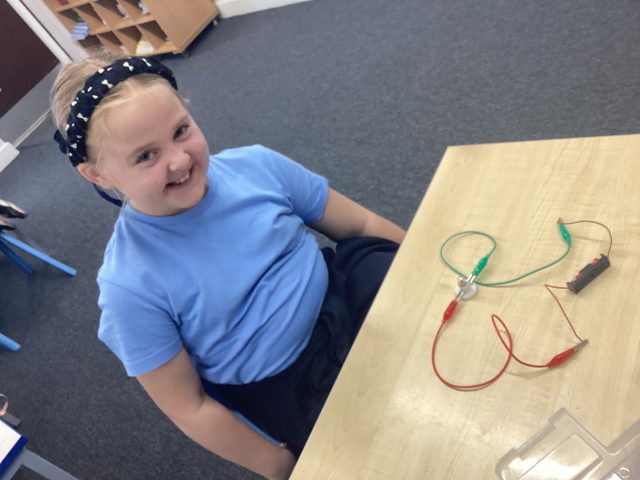
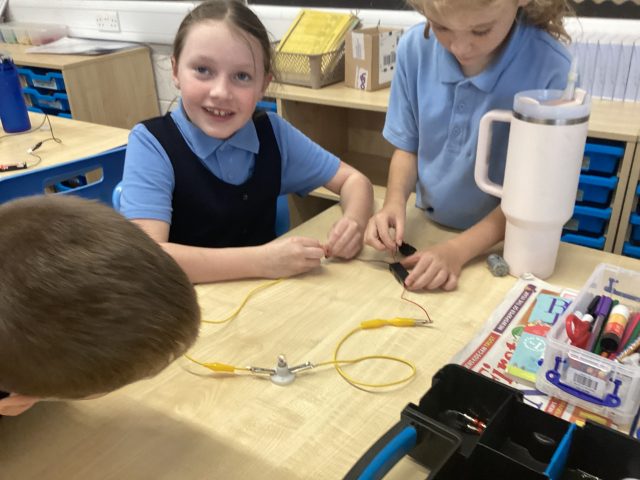
This afternoon we made simple circuits. We then looked at which materials could work as a switch.
457


Black History Month
In Year 4 we shared a book about Katherine Johnson, they children learnt all about her life and the difficulties she overcame. They created posters celebrating her achievements in Maths and Science.
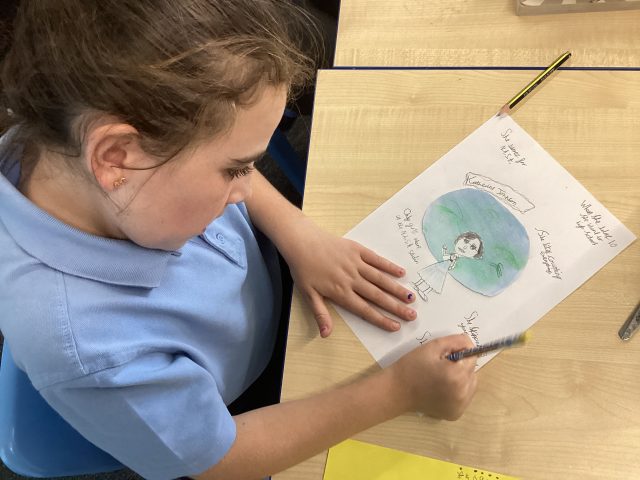


Space Week
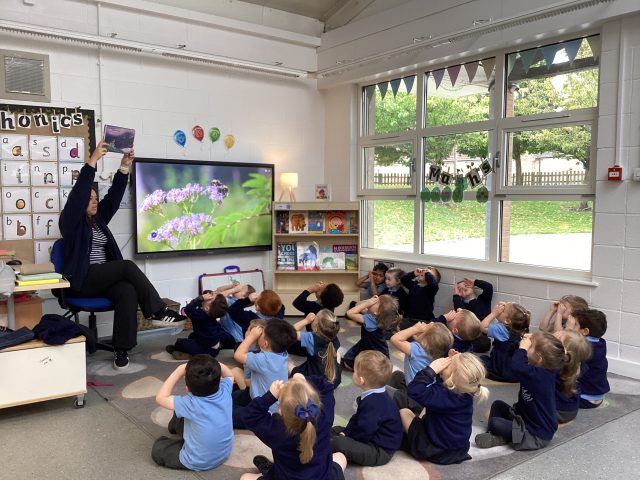
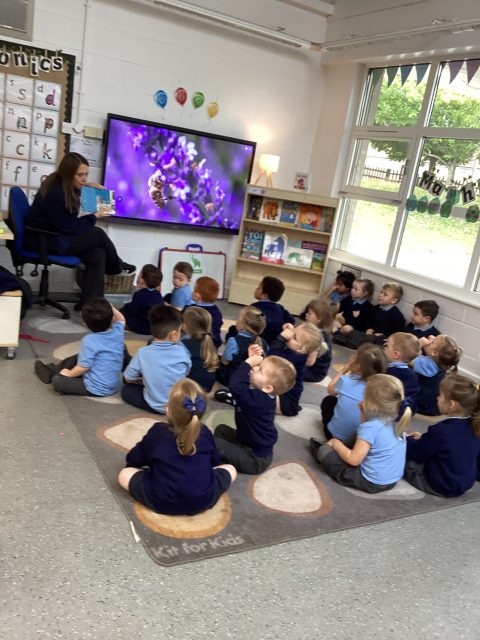
This week is Space Week! So we spent some time reading the story ‘Look Up’, about a little girl who loves all things space. We used our binoculars and telescopes to “look up” just like she did. We talked about some of the things we might see in Space, and talked about some of the people that had been to space in real life. Did you know, Mae Jemison was the first African American woman to travel into space?! #blackhistorymonth #spaceweek
1.22K
Watching how water travels
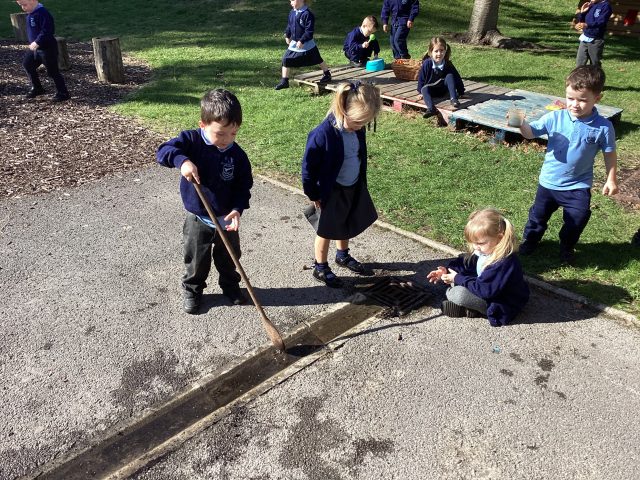
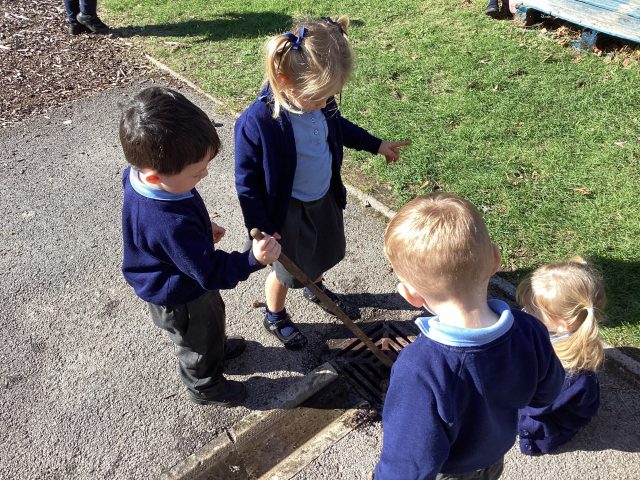
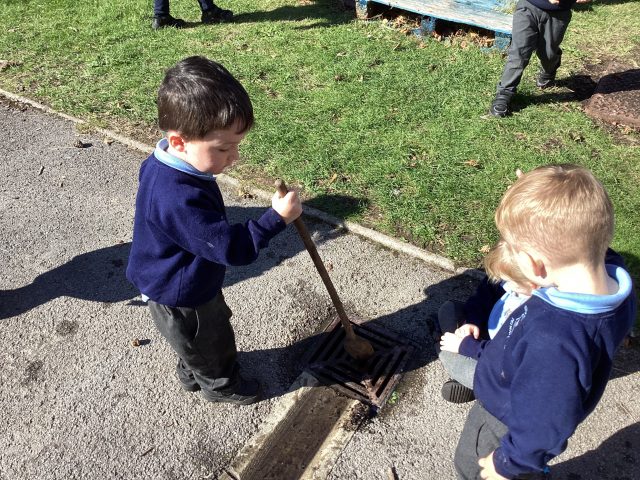
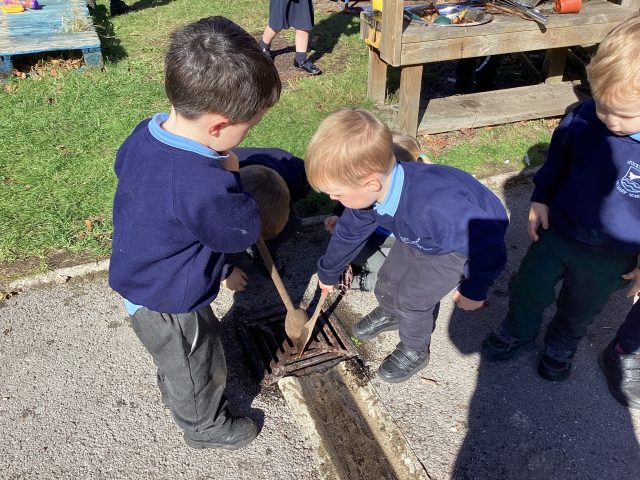
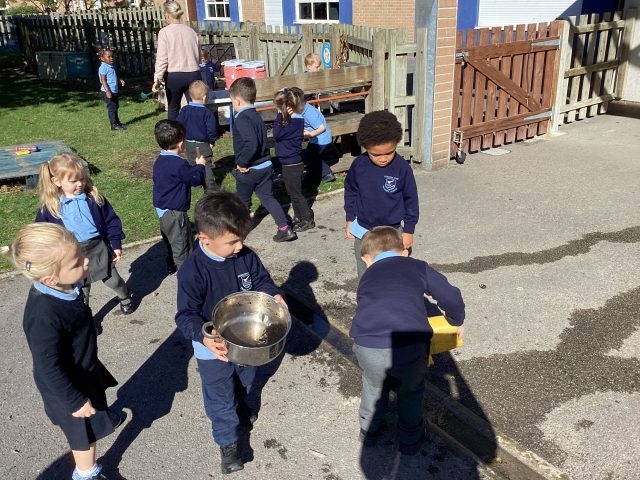
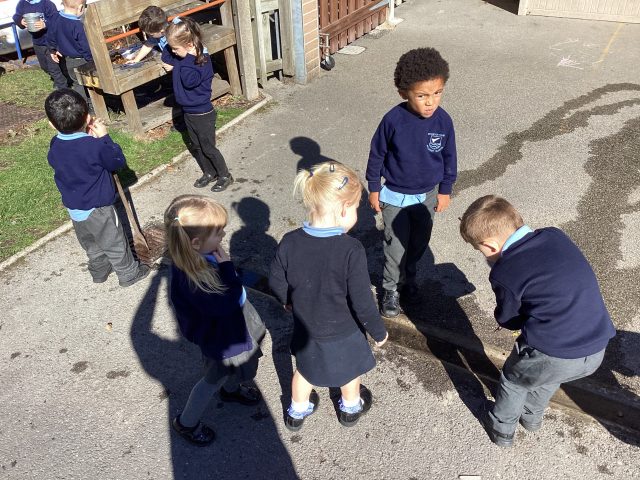
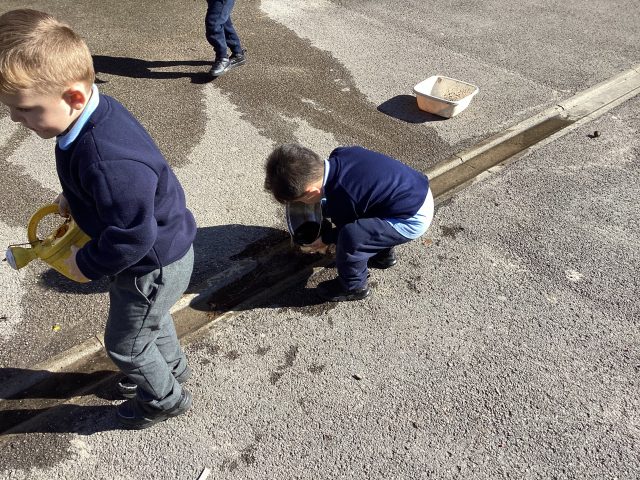
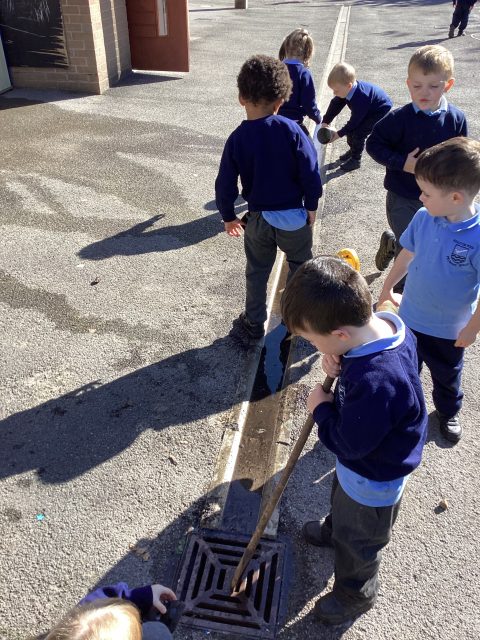
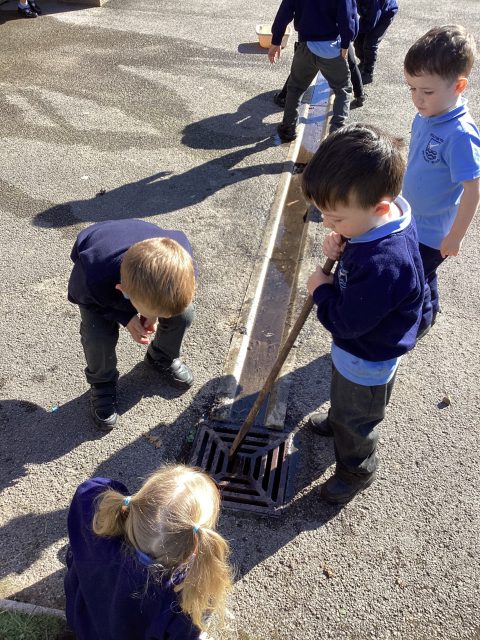
When tidying up, we noticed that the water was travelling down the gulley into the grid! We could see all the tiny pieces of dirt and dust travelling quickly towards the grid – it was fascinating to watch. We noticed there was a blockage in the drain, and H said “if we get it out, the water will go faster!” So we used some tools, removed the blockage and…H was right! It did move faster!
778

Air Resistance in Year 5
5H created parachutes today, taking part in an experiment to test air resistance. We learnt that the greater the surface area, the more air resistance.
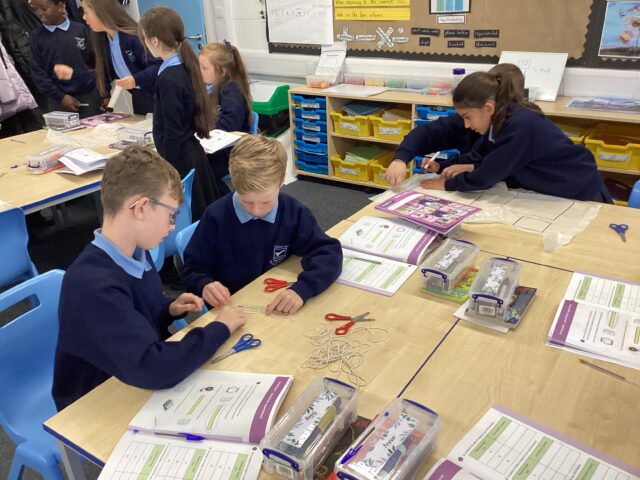
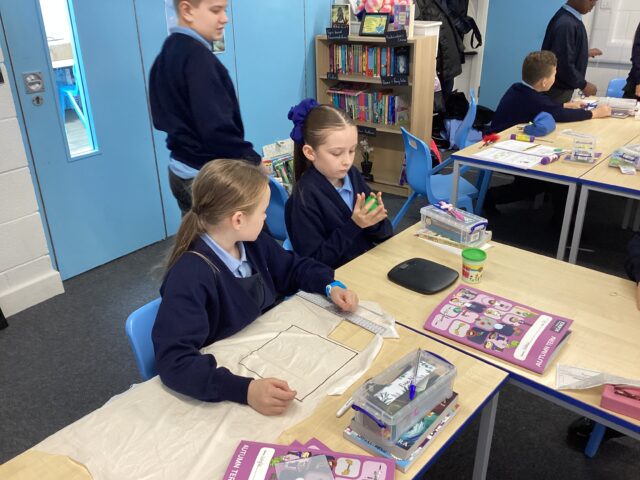
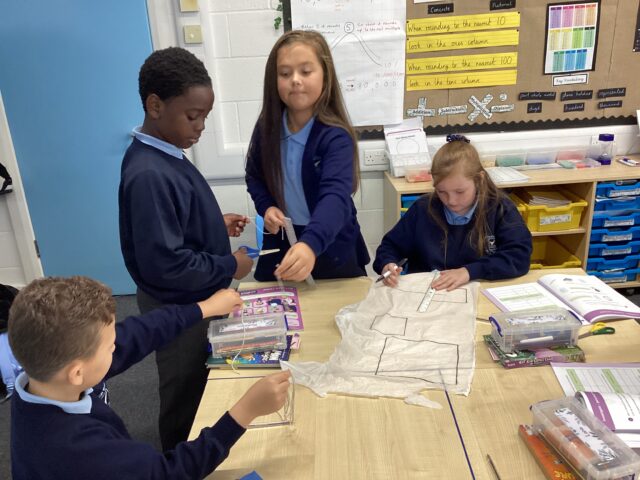
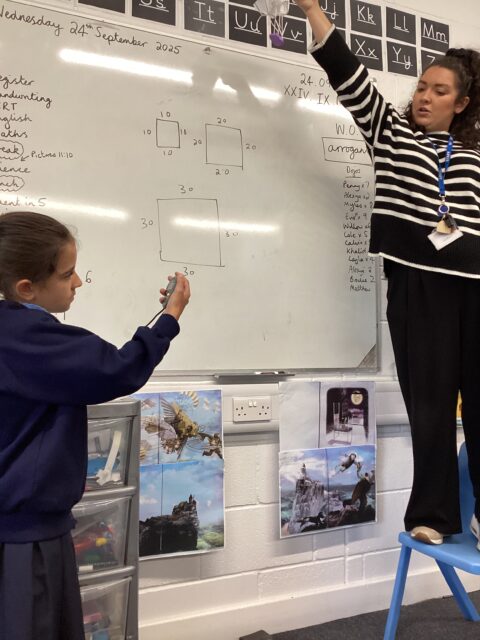

Year 4 End of Year Trip
Year 4 had a great day at Martin Mere for their end of year trip. We explored the wet land, saw lots of different and animals and went pond dipping.
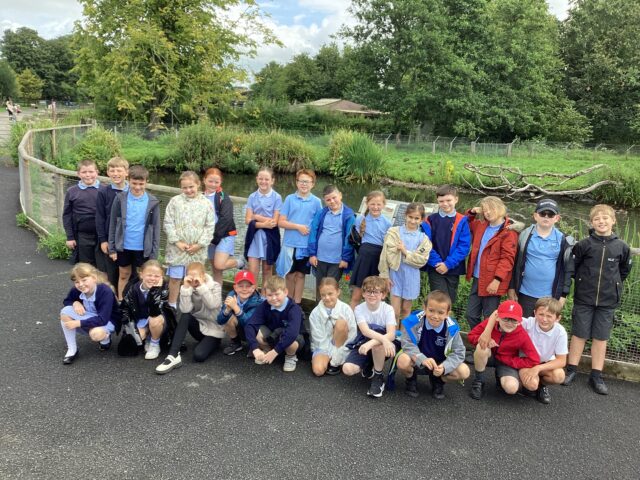
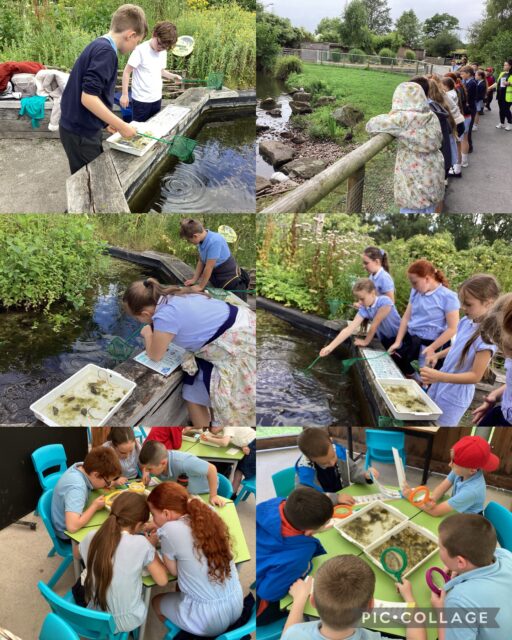

PSHE – changes
Year 5 discussed how our body changes when we go through puberty. Children were able to ask some relevant questions and respond to others with advice.
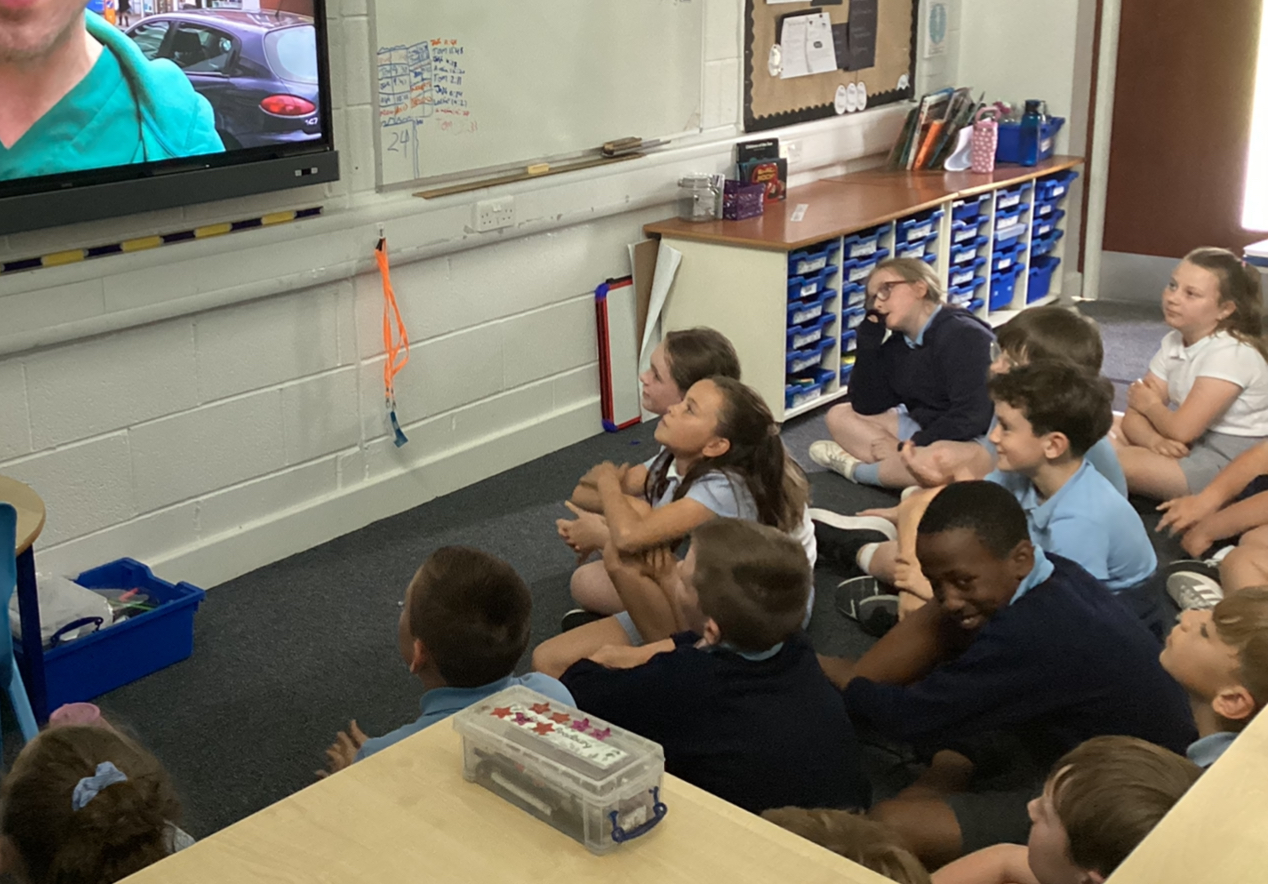

Science
Our butterflies finally got big enough to be released into wild. We enjoyed watching them grow but had to say goodbye to them.



Active Science- Inspiring the Next Generation of Scientists through Sport
A huge thanks to Jade and Josh from Everton in the Community who came into school to work with our Y6 pupils. We have used our scientific and mathematical knowledge to engage with a range of activities to help us understand the impact of diet and exercise on our bodies. We used a range of equipment to take accurate measurements and we discovered how air resistance can affect our running performance. A great day.
1.37K
Year One – Croxteth Farm
We’ve throughly enjoyed a fabulous day at Croxteth Farm. We fed lots of hungry animals, groomed the ponies and stroked the bunny rabbits and guinea pigs.


Digestive System

We created the digestive system, using water for salvia, a masher as teeth, a bag as the stomach, vinegar as stomach acid and tights as intestines.
721
planting




We are planting herbs, we will look after them and hopefully watch the seeds grow.
1.38K
Aspirations week – Biomedical scientist
We ended our aspirations week with a chat from a lovely Biomedical scientist!
She told us all about the interesting journey of a blood sample and once again, many of us asked some great questions about blood.


Science – teeth / egg experiment

This week we have been learning about teeth. We did an experiment to see how different drinks affect our teeth. We used eggs as their shells are similar to enamel.
721
Catalyst Museum
3McK really enjoyed learning all things science on their school trip to the Catalyst Museum. We got the opportunity to make our own fossils in our rocks workshop, as well as lots of challenges in our light workshop!









Catalyst Museum
Year 3 had a lovely time at the Catalyst Museum today. We explored the interactive section, watched a light show and made our own fossil.













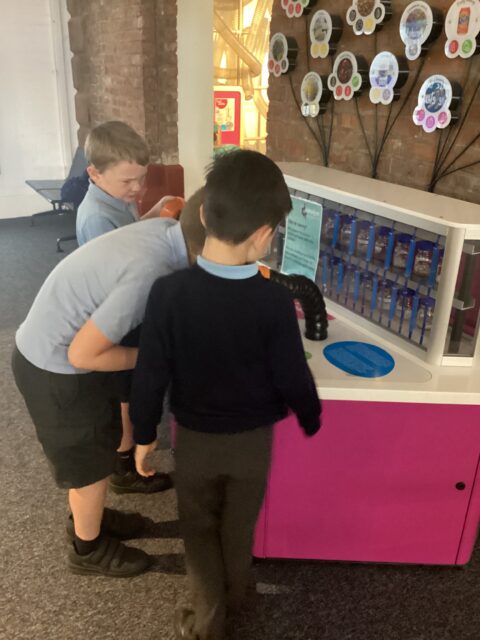







Year 2 Science
This week we have been looking at the life cycles of butterflies. To show this we have got our very own caterpillars to study. At the moment they are very small but soon they will enter their pupa stage and become butterflies.


Science Investigation
We planned an experiment to find out if the duration of exercise affects our heart rate. We had to think about independent, dependent and controlled variables to ensure that it was a fair test. We used stopwatches to time our heart beats per minute and recorded our results. We discovered that the longer the duration of exercise, the higher the heart rate ❤️ We are now exhausted 😆
1.58K
Year One – Science
Great work today by our class monitors looking after our class plant. Making sure it has got enough water and sunlight.



Y2 Science
Congratulations to the amazing members of 2D who have earned certificates as part of the “If you were an engineer what would you do?” engineering project.













Engineering Competition
During our Science Week 2025, all children in Stockton Wood got the opportunity to enter a national engineering competition where they had to design something that would make someone’s life easier. Well done to all children who entered the competition and a big congratulations to one of our year 3 pupils who has been one of two children picked in England as a finalist!


If you were an engineer, what would you do – competition!
These children have celebrated their engineering success, having received a certificate from Primary Engineer for their amazing invention entries.
They received a grading of Pass, Merit or Distinction and those that received Distinction Shortlisted, were in the final to become an overall winner!
Well done Children!


Y2 Science
2D enjoyed planting seeds for their science experiment to find out if plants grow better in warmer or colder places.

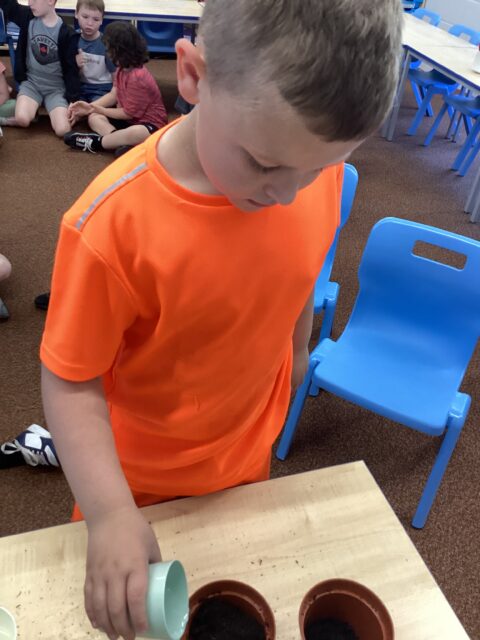



Life Cycle of a butterfly
This week reception have been exploring the life cycle of a butterfly 🦋 . We looked at the text The Very Hungry Caterpillar 🐛 to help us explore. We have completed lots of activities to help us understand caterpillars and butterflies.





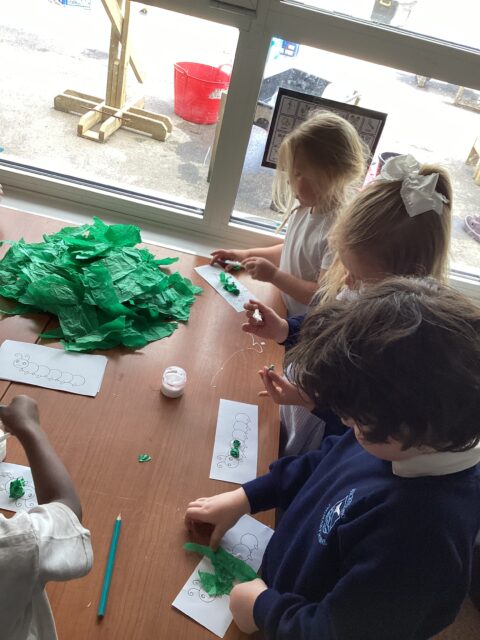







Froggy Fever
Year 5 have been learning about life cycles of amphibians, insects and birds this afternoon. One of our pupils had a book all about frogs, from our reading cafe last term. We had time at the end of our day to find out some more interesting facts!


Science in the sun!
3McK had a great afternoon planting seeds for our science experiment! We will be measuring their height over the next 4 weeks!




Year 2 Stay and Learn
Thank you to all of the parents who attended our stay and learn. This time we learnt about food chains and created some food chains of our own.
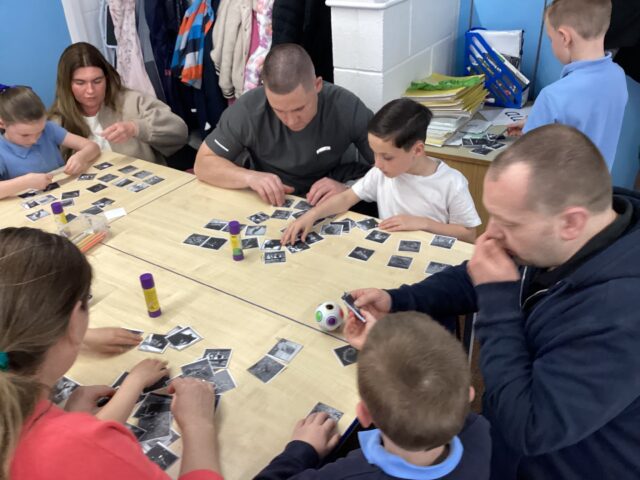

Year 5 Parent stay and learn – Science 🤩
We had a great morning confusing our brain with the ‘Stroop Effect’ test.
Some were difficult and some were easy. It made us laugh out loud and we’d like to thank our parents for joining us!
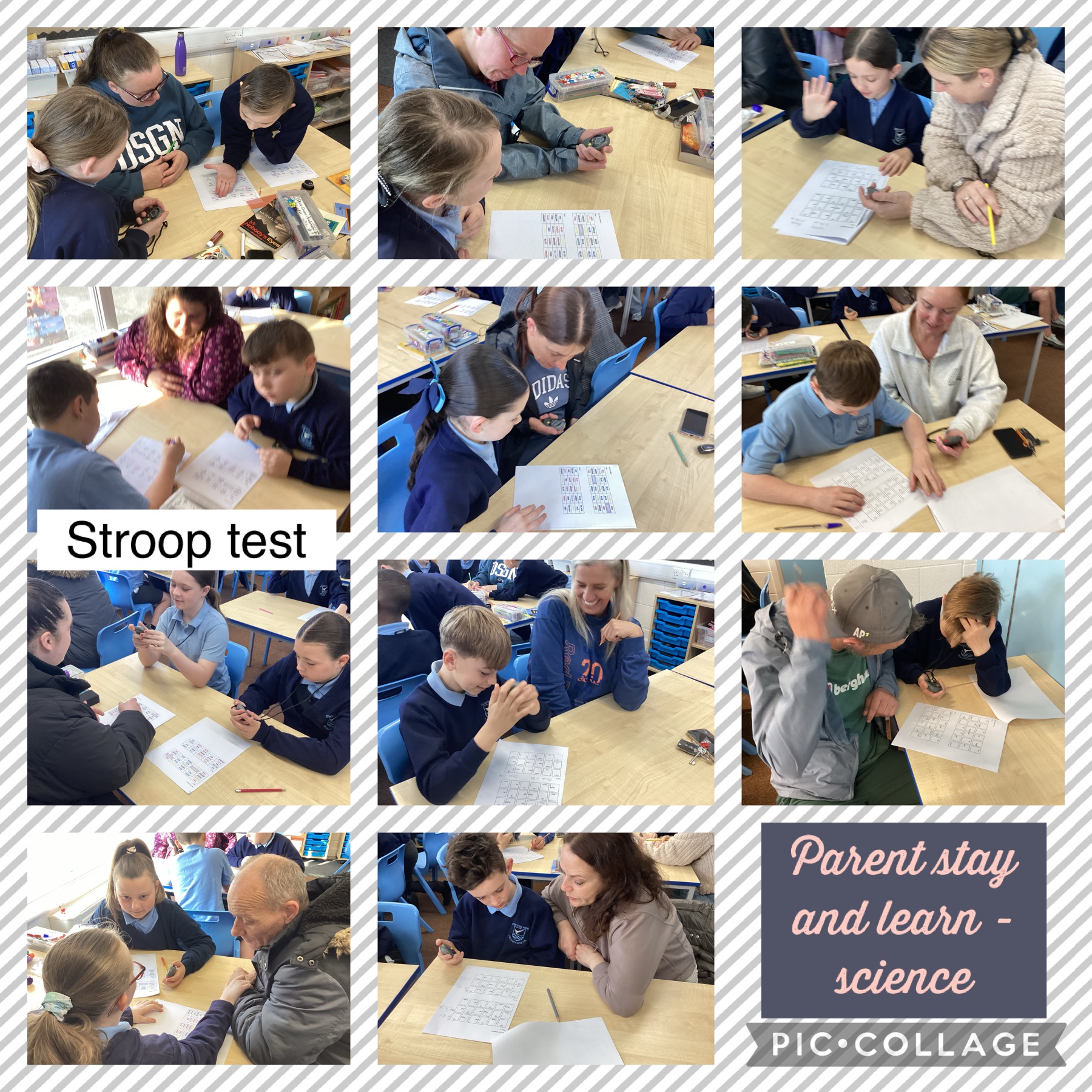

PSHE
Yesterday, 3McK worked in pairs to think of ways Harold’s school could help the environment. We came up with some great ideas such as having signs to show where the bins are to help reduce littering, having labelled recycling bins and planting trees and flowers to create habitats for animals. Fantastic work 3McK!
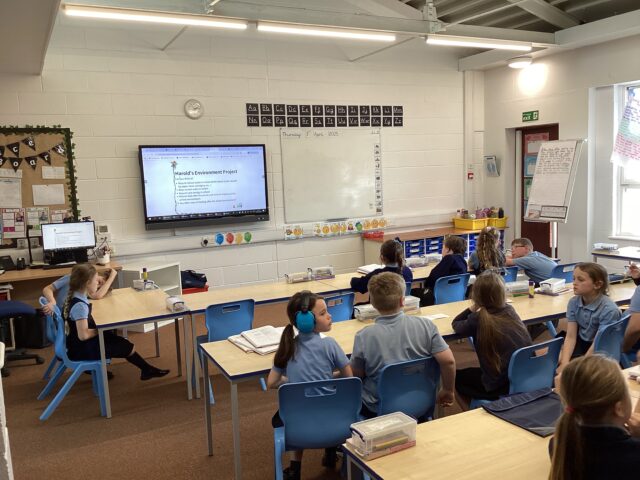
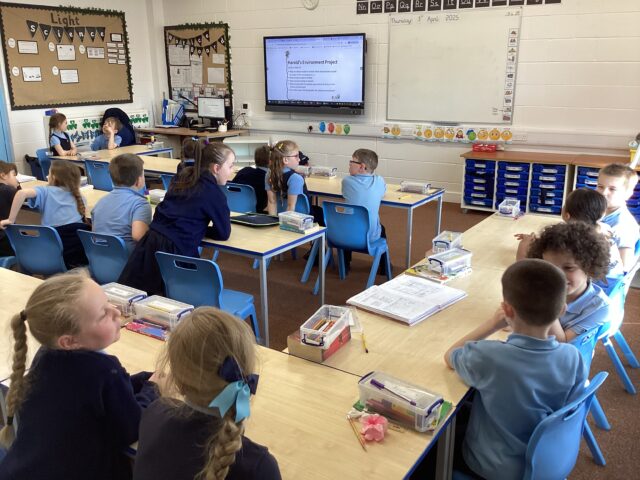

Y6 Stay and Learn
A huge thank you to all those parents who were able to support our Stay & Learn this morning. It was such fun! We had a science focus and children were able to plot organs and bones on the human body! Some interesting ideas and some very artistic parents as well!
1.87K
Year 6 Stay and Learn
6B loved our Science retrieval session focusing on previous learning from KS2. The children had to work together to plot specific bones and organs onto a life-size human body!
1.89K
Year One – Stay and Learn
Lovely stay and learn session with our family members learning all about plants. Who is going to grow the tallest Sunflower?
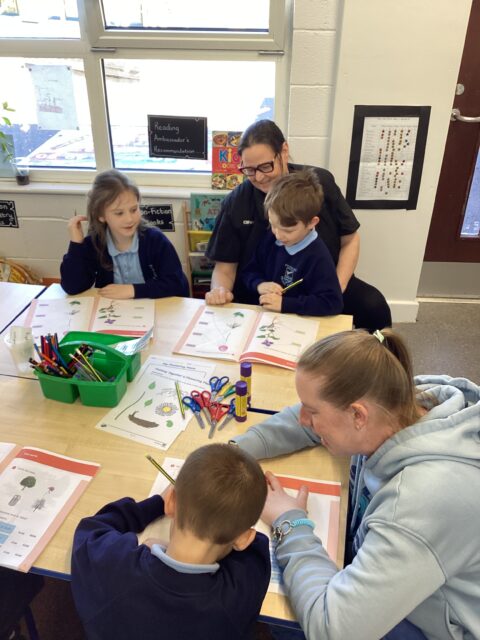





Stay and Learn
Thank you to all grown-ups who could make it to Year 4’s Stay and Learn this morning. We loved doing our science experiment with you.

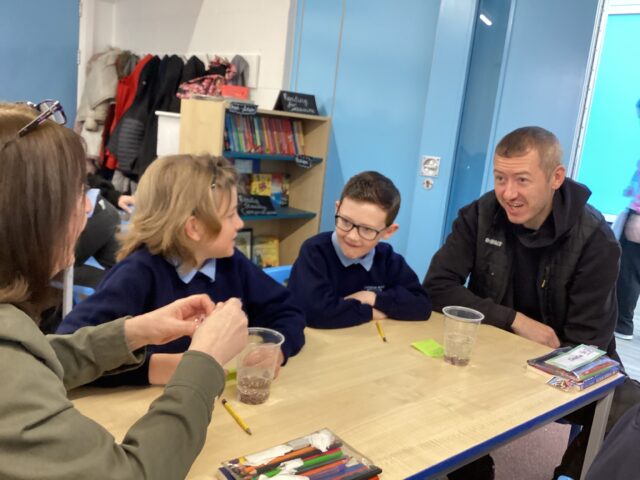

Stay and Learn
Reception had a fun afternoon with their adults! We showed our adults our classroom. We took part in different activities such as; colour mixing, flower blooming, Easter egg designing, tulip printing and tower building with 3D shapes!












Year 2 Science
This week we studied micro habitats. We went in the hunt for some mini beasts in our school grounds.


Y2 Science
Today 2D went on a mini beast hunt during their science lesson on microhabitats.


Science Week
During Science week, we made our own butter! We poured double cream into a jar, and we shook, and shook, and shook some more until…it turned into butter! We then enjoyed our butter on our crackers 🥰










science Week in year 5
5H has had fun this week during Science Week. We have explored different scientists, attempted to make bouncy eggs (unfortunately they were still very raw) and even designed our own inventions! What fun!


Science week
We had a real life rocket engineer speak to us this week, he answered our questions about rockets and what it takes to be an engineer. We will keep practicing our science and maths!


Year 2 Computing and Science
Another element of science week is computing. This week we looked at robots. We programmed the robots to move based on the colours they register.


Science Week
We looked at how birds have adapted to pick things up with their beaks by picking up objects with various things. We decided that the spoons were the best.


Science week
3M have enjoyed taking part in Science Week. We have completed the ‘Blubber Gloves’ experiment which explores how animals adapt, made Oobleck which is a substance that acts as both a solid and a liquid and designed our very own invention that will help us.





Science Week, Day 3.
Today we have had lots of fun doing a science experiment about the weather. We have learnt about the rain and got to be scientists and experiment it all on our own.







Science Week 🧬👨🏽🔬👩🏻🔬🔬
Today reception explored weather for science week! We did an experiment to show how clouds rain 🌧️. We used water, foam and food colouring for our experiment🧪




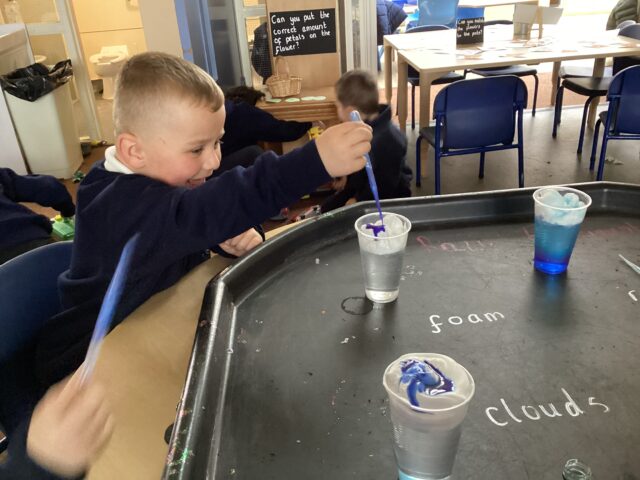














Science Week, day 2
Today we have been making our own butter. We even got to try it on a cracker. We could not believe we were able to make our own butter. It was a lot of hard work and took a lot of perseverance, but we did it!






TECHNOLOGY
We have been learning about STEM in Science Week. Today, we looked at technology. We enjoyed using AI and coding to make our robots talk.




Science Week
We enjoyed having Knowsley Safari in this week to teach us about the dangers of plastic for animals




SCIENCE WEEK
Year 4 have been loving Science week🔬
So far, we have enjoyed a talk from Knowsley safari park.
We also have been investigating how animals adapt to their environment by conducting a blubber experiment.


Science Week!
Today Year 3 enjoyed making oobleck and learning about non-newtonian fluid!





Science Week- Zoom with an engineer
Today Reception had a zoom with an engineer! They told us how rockets get into space! 🪐🚀🛰️


Spring 💐🌷🌻
Today Reception explored the parts of a flower!🌺 We have begun to look at how the season of spring is when plants and flowers start to grow and bloom after winter.







Science Week 👩🏻🔬👨🏽🔬🔬🧬
Reception enjoyed their butter this morning on crackers for snack!🧈
















Science Week 👩🏻🔬👨🏽🔬🔬🧬
Today Reception have explored engineering. We programmed the Bee Bots to move across the grid.



















Y2 Science Week
Today we worked with Mr Moffatt to explore Indi robots and how they move- we worked out how to use the base boards to make it move in different directions.
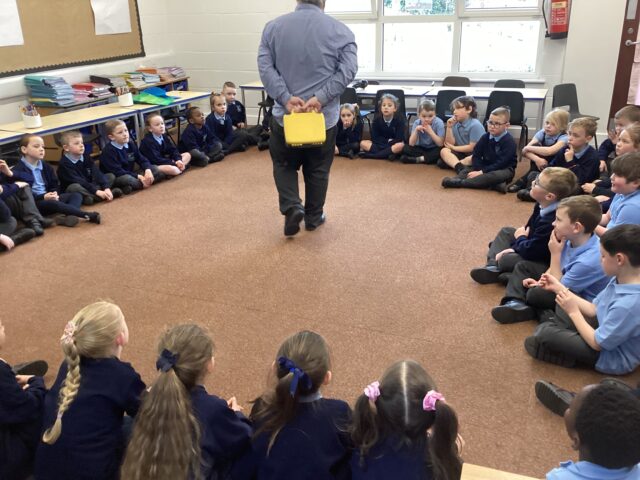

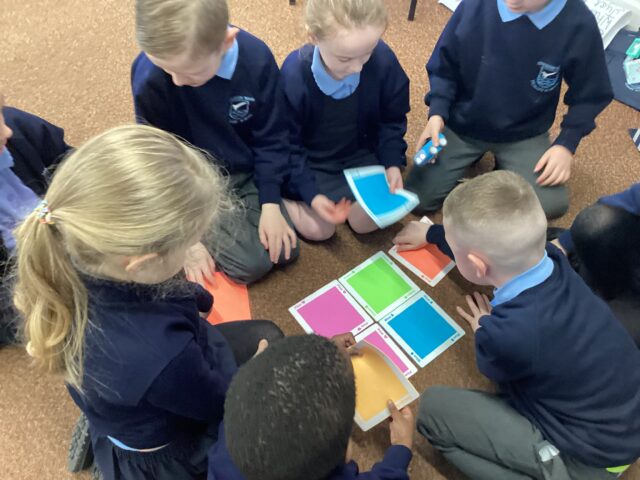

Y2 Science Week
”When you touched the coloured milk with the cotton bud, it looked like little clouds.” 2D carried out a magic milk experiment to explore how things changed when they are mixed.




Y2 Science Week
”Different birds need different shaped beaks to pick up different types of food.”
Super discussion during the first day of Science Week- during Beak Buffet 2D tested out different “beaks” for picking up food and discussed which were the best.






Science Week 🔬👩🏻🔬👨🏽🔬🧬
Today reception have explored changing materials! Today we turned cream into butter and buttermilk. We shook the cream until it separated into butter and buttermilk. We can’t wait to use our butter tomorrow for our crackers for snack!













Blubber Gloves

As part of Science week, we’ve been learning about how penguins have adapted to their environment. Blubber helps them keep warm, we did a taste to see how blubber keeps our hands warm.
1.07K
Knowsley Safari

This morning Knowsley Safari spoke to use about how our little actions can impact on animals and nature. We discussed how to make more sustainable choices.
1.17K

British Science Week 2025 – Change and adapt!
A great start to our science week in year 5 today!
Assembly got us hyped up for a fun week of investigations, followed by a fabulous chat with members of the Knowsley Safari Park team about how to be a Planet Protector!
Later on we investigated camouflage by adapting our moth to blend into its environment for survival.
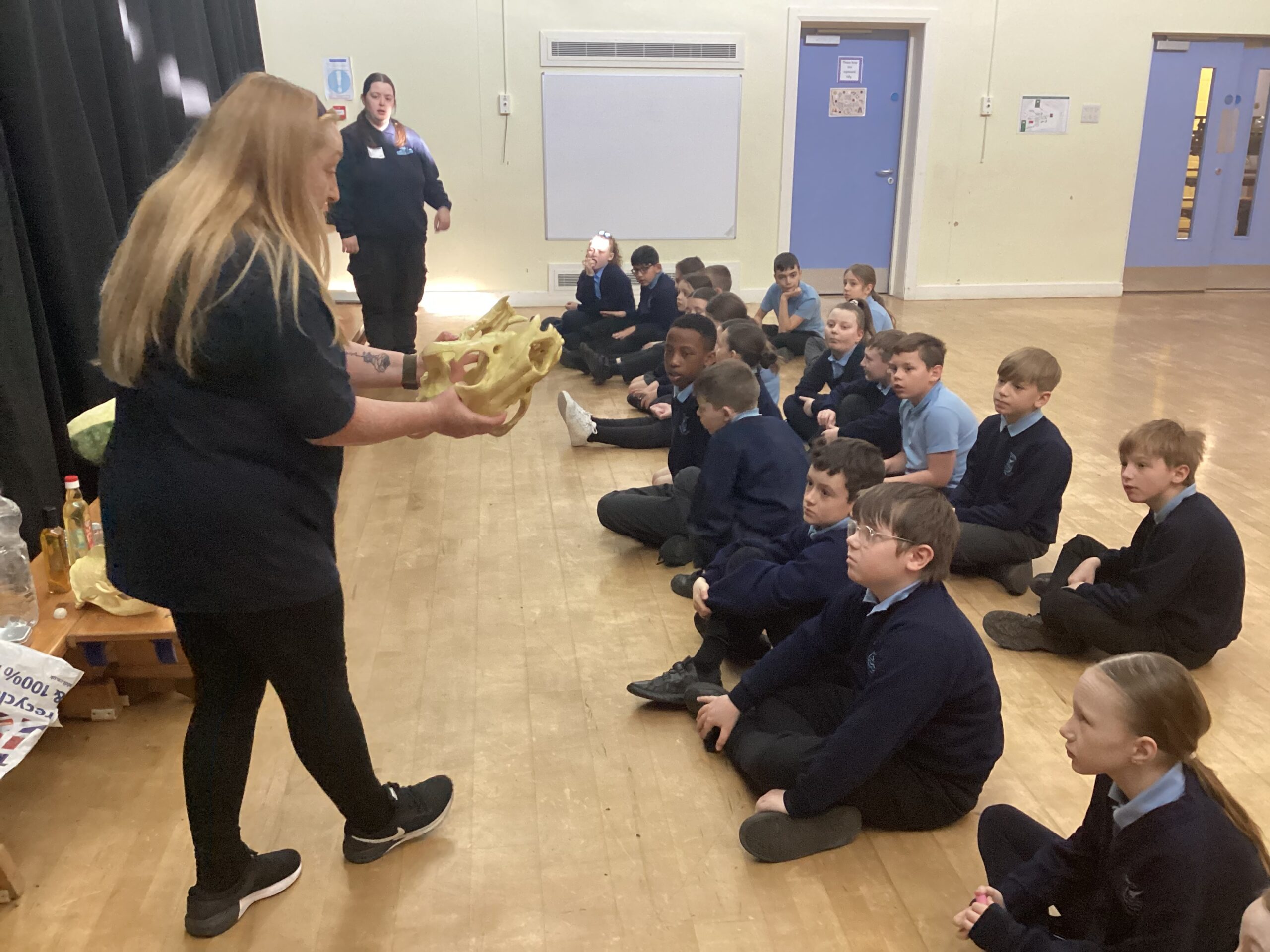
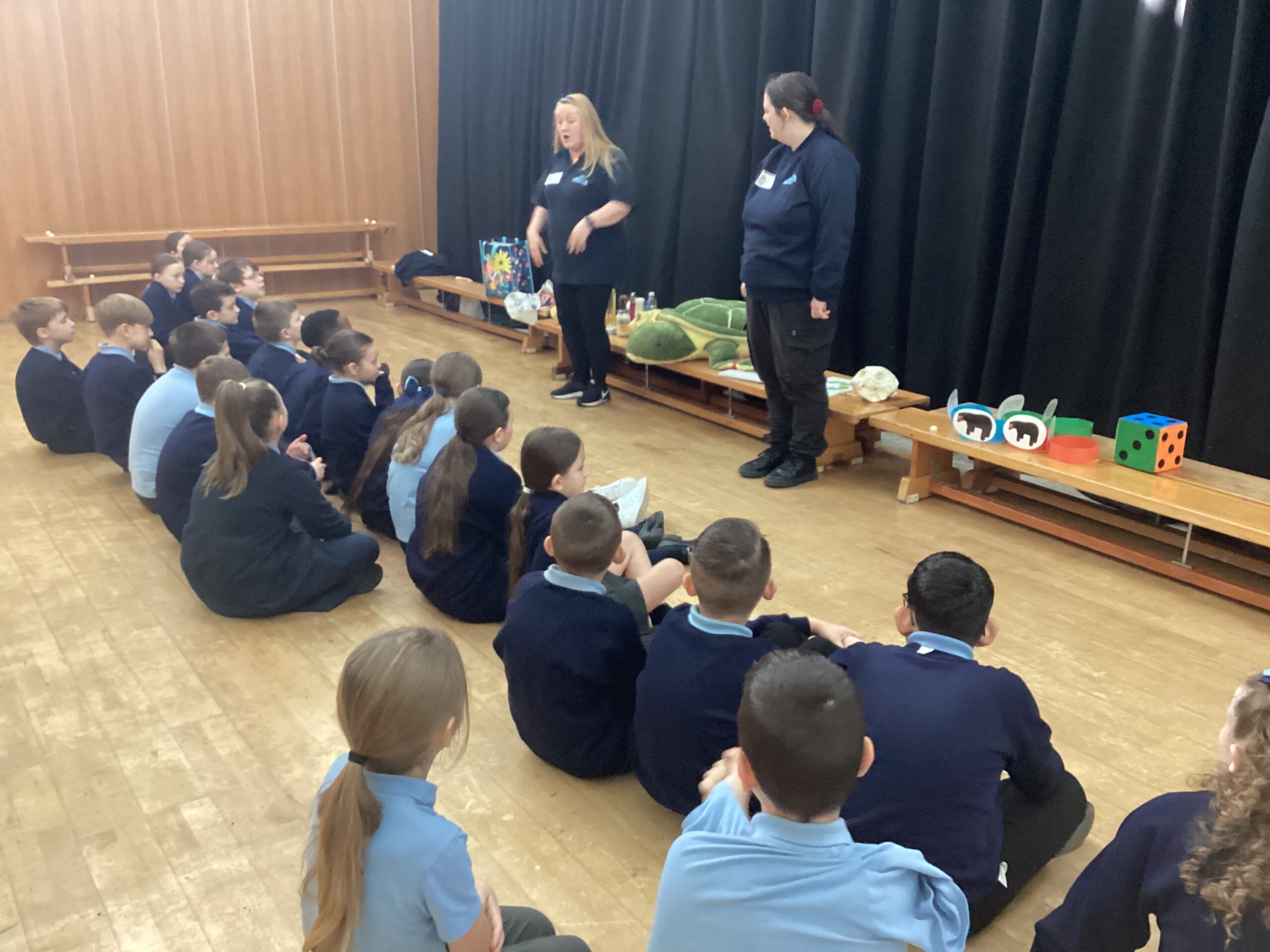

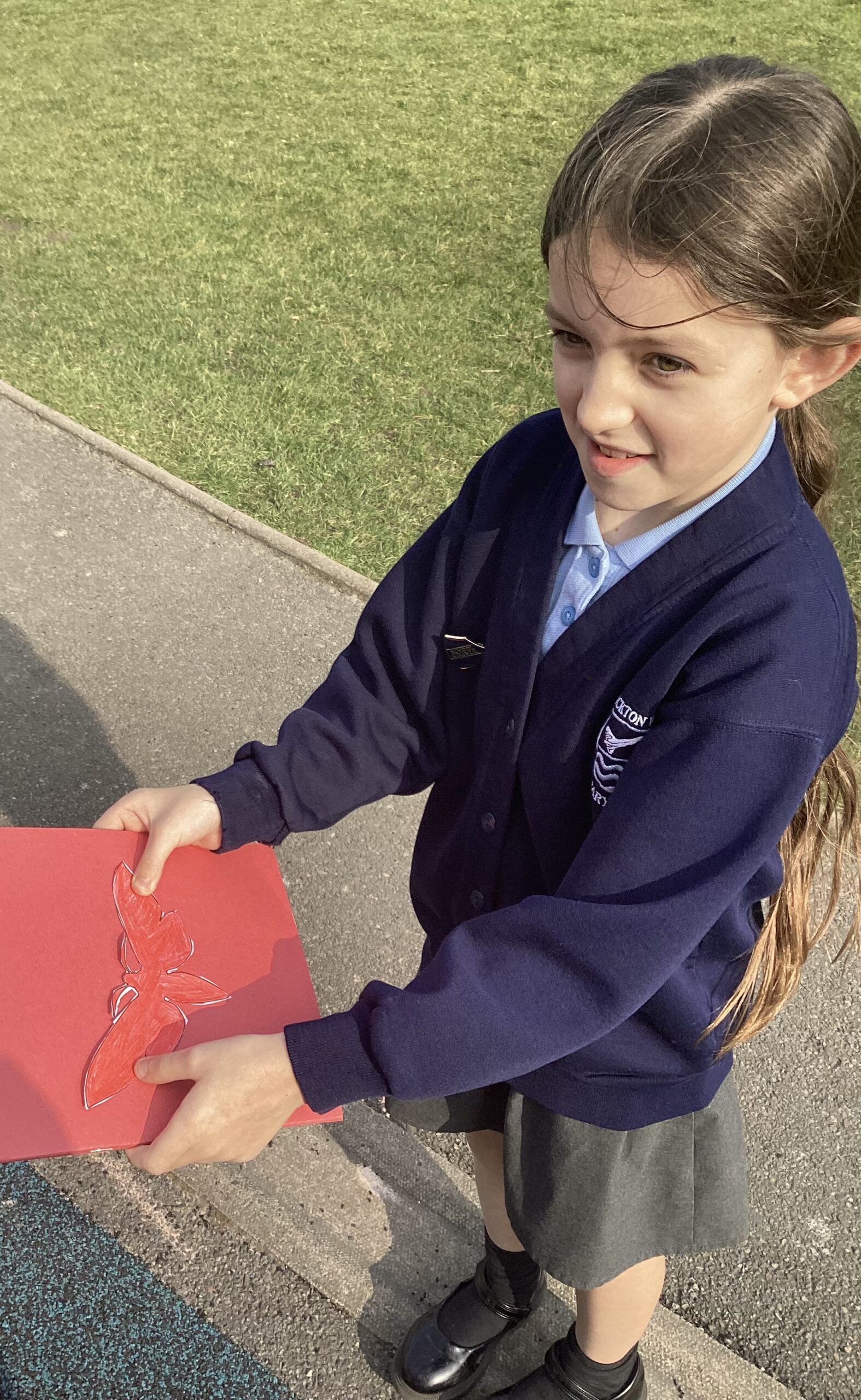
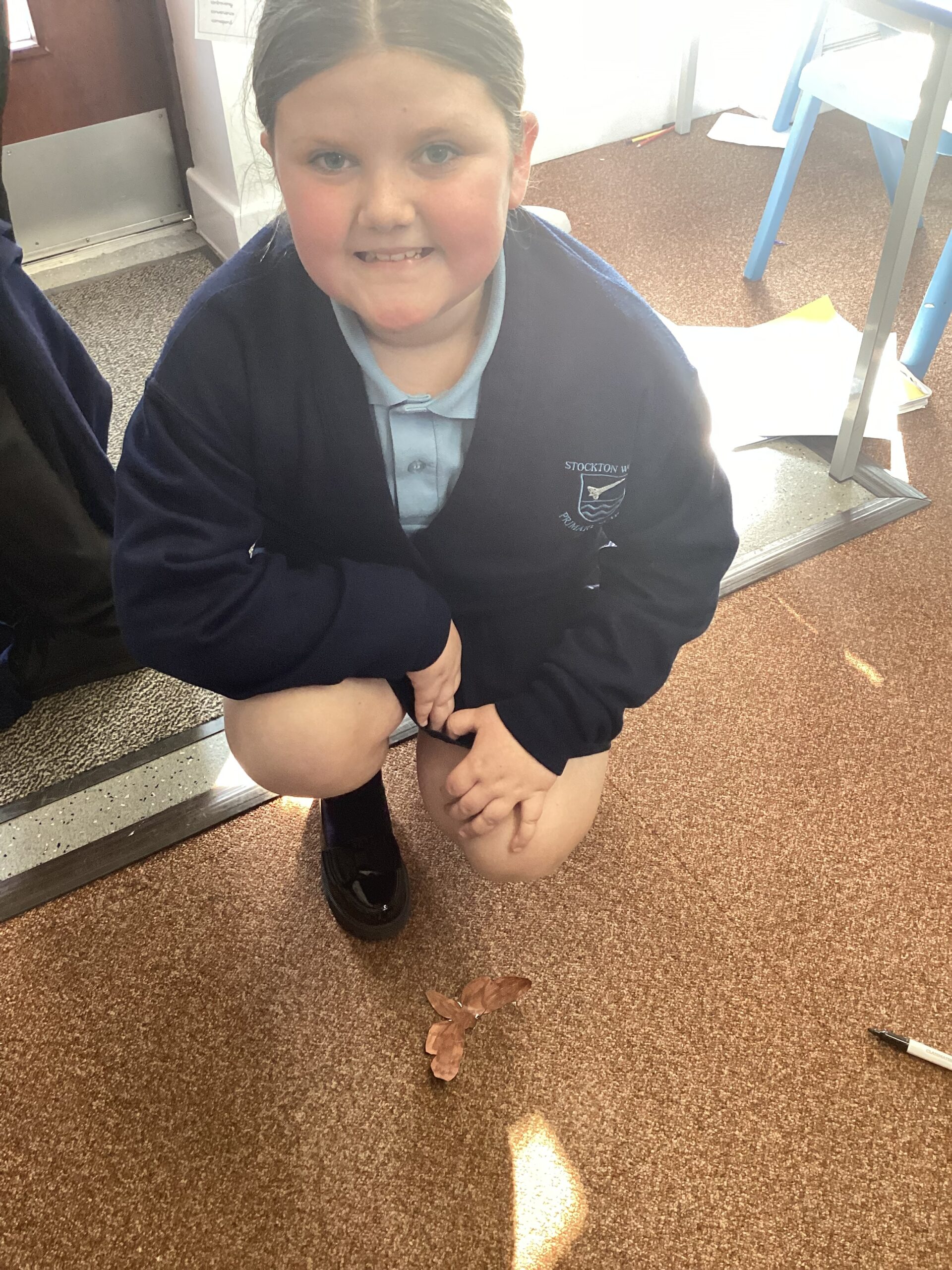


Science Week -Year One
Great start to Science week in Year One exploring different types of “beak” tools (tweezers, spoons, straws and chops sticks) to pick up different “food” (rice, gummy worms and marbles.)





Science Week 👩🏻🔬👨🏽🔬🧫🔬🧬
Today we explored animals for science week! We looked at animals which live on farms. We also explored different wild animals and made our very own masks.















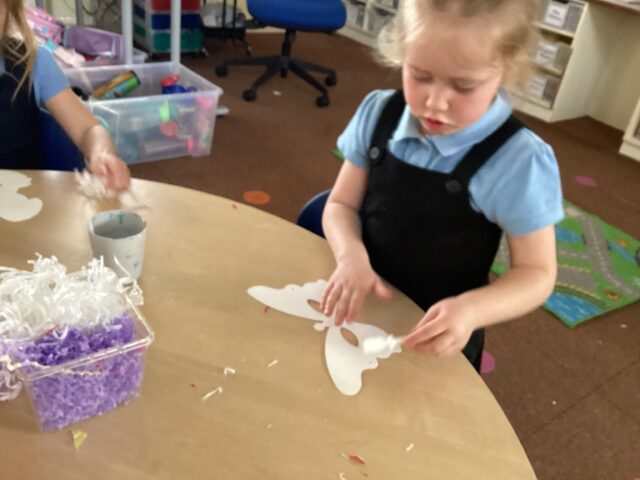

Science – Collecting Data

As part of our science we have collecting data around school of what we could observe. We had 4 categories : vertebrate, invertebrate, flowering plants and non-flowering plants.
1.11K
Winter Planting
Today in science we planted some seeds, we are very excited to watch them grow. Today we looked at the words: flower, stem, leaf and roots.







Investigating thermal insulation!
5M have used independent, dependent and controlled variables to investigate thermal insulation.

Firstly, we needed to learn how to read a thermometer correctly.



5M Design and Technology
We had great fun designing these steady hand games and are looking forward to trying out each other’s to help evaluate them.
We love that we got to create an electrical circuit to test them out!


Design and Technology
Beginning to put our designs together.
Can you guess what we are making?

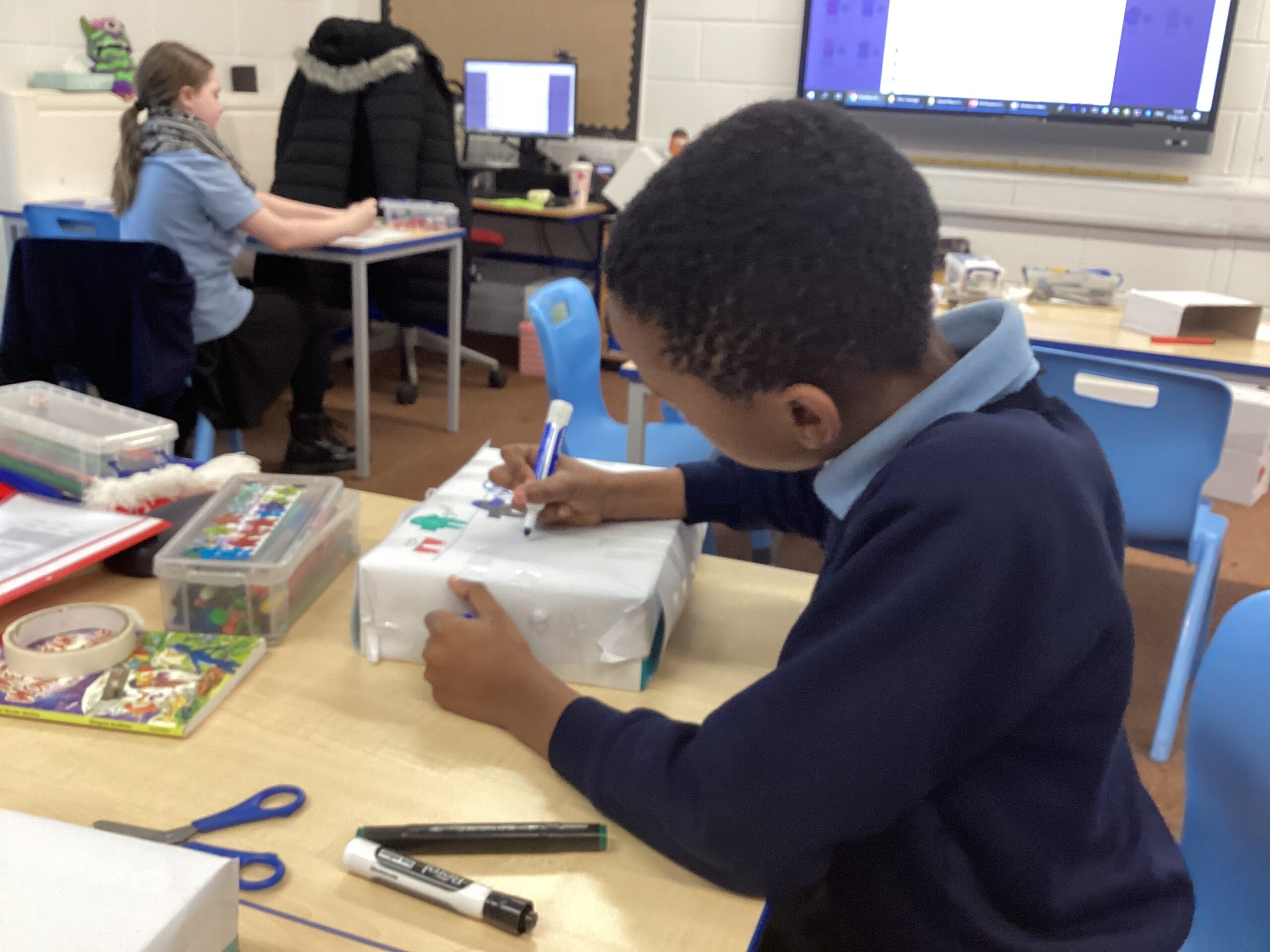

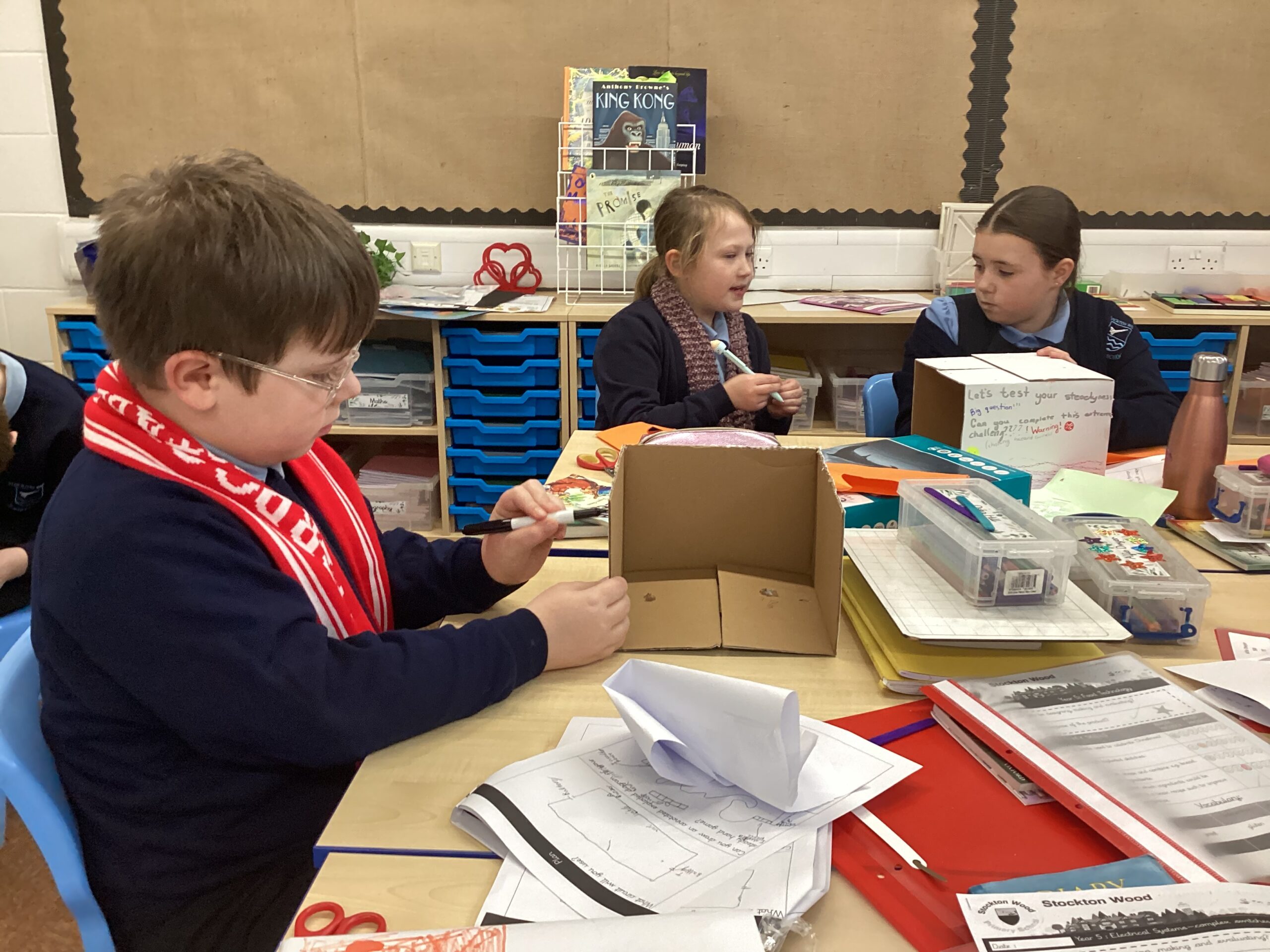

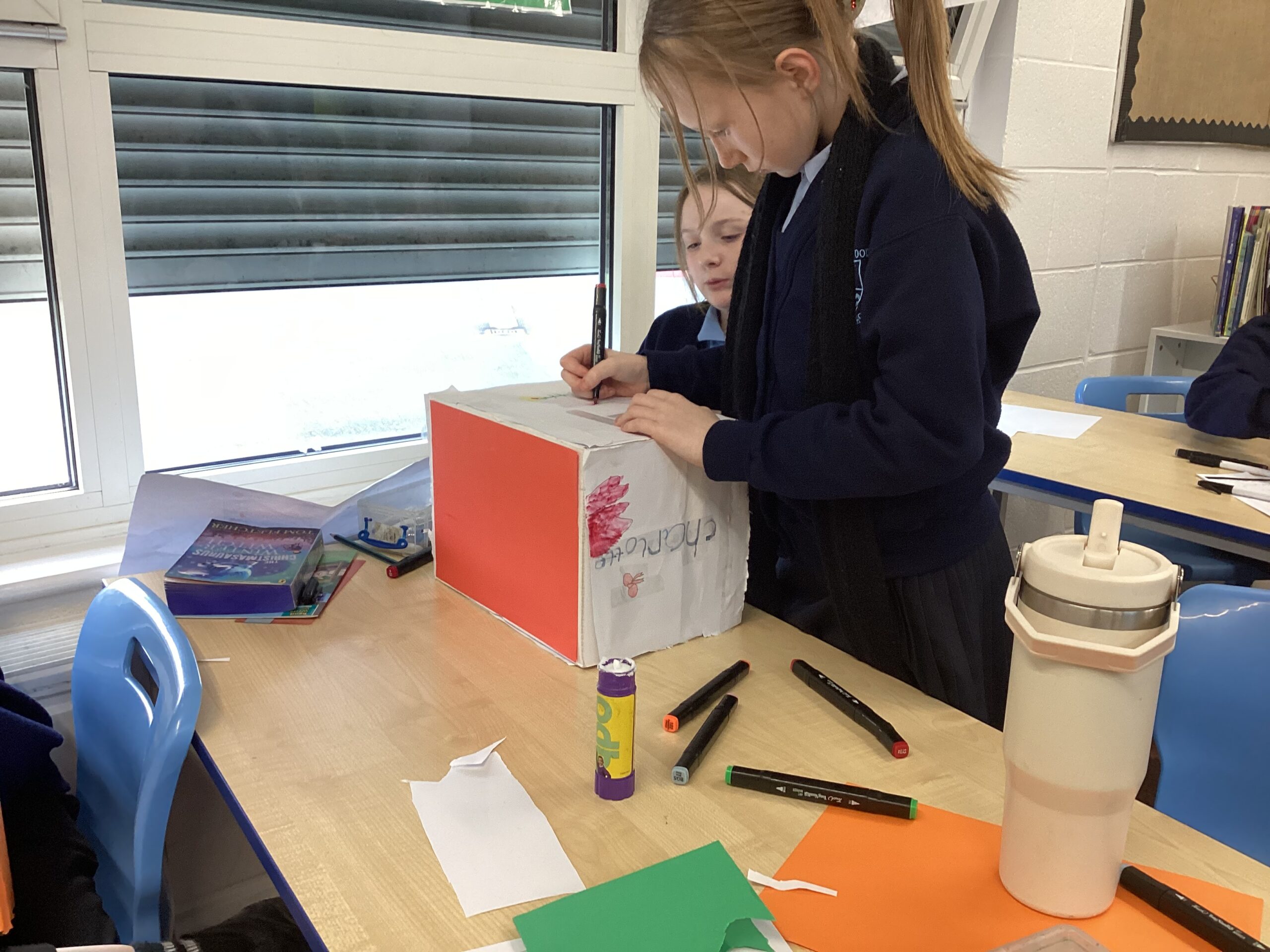


6B Shadow Experiment
6B investigated how shadows change size depending on the distance from a light source.
2.29K
5H Heat insulation experiment
We enjoyed experimenting with different materials to see which was the best insulator. Tin foil and felt where great insulators!



Investigating materials
5M were exploring properties of different materials this afternoon, examining how their features make them suitable for various uses.
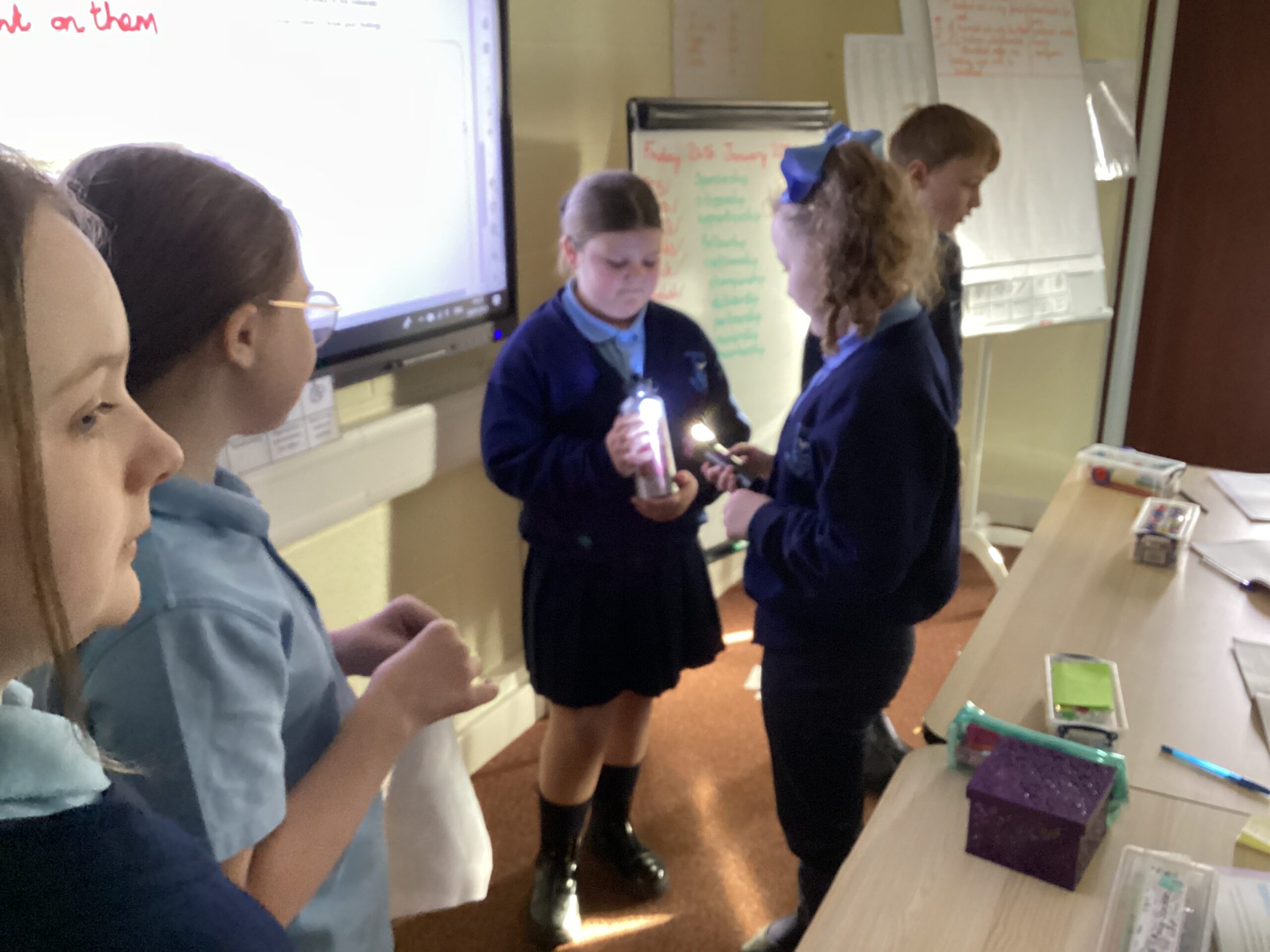

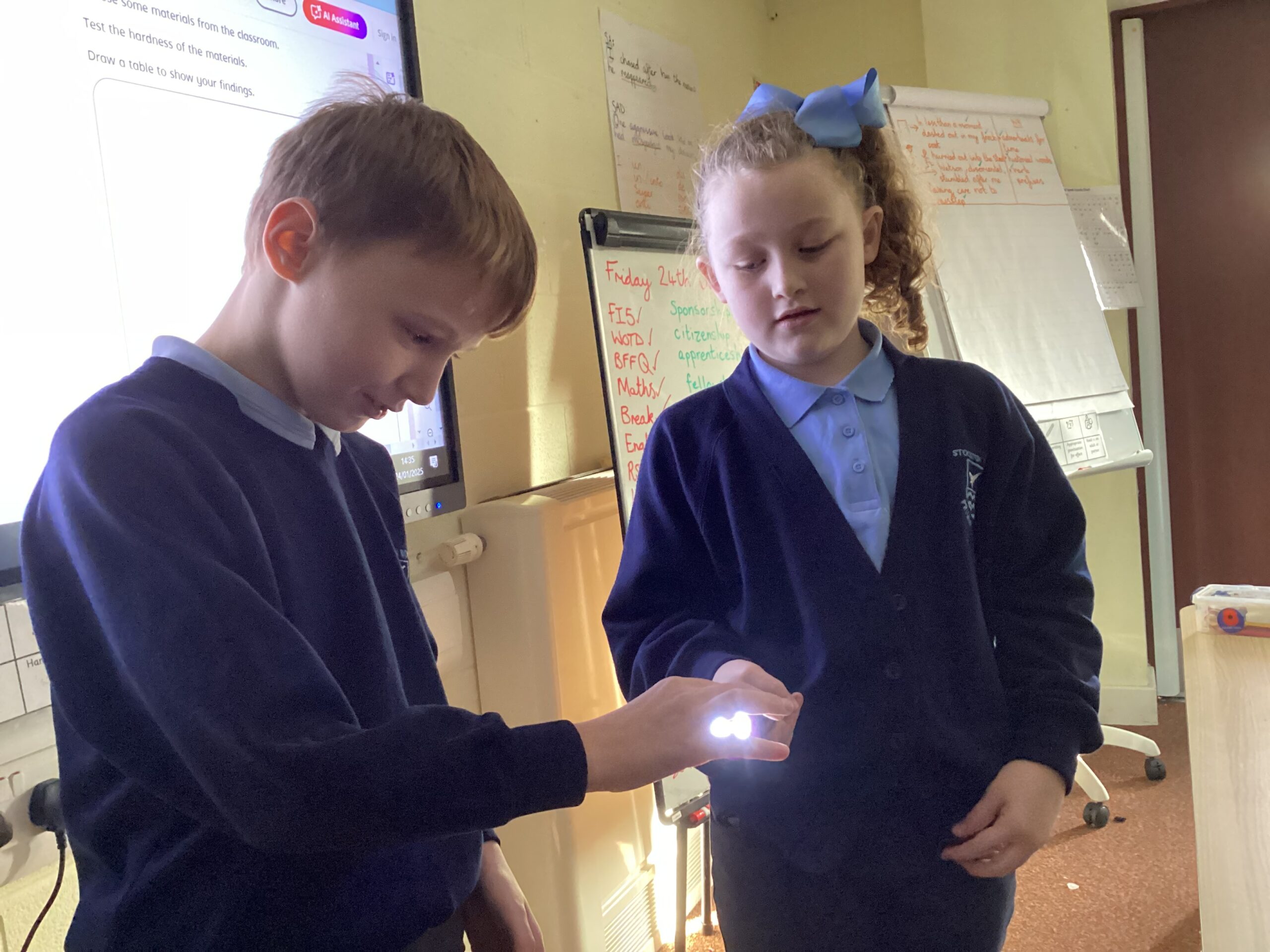


5H Big Friday Quiz!
5H enjoyed the BFQ today, with over 30 dojos to win! Well done!

